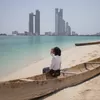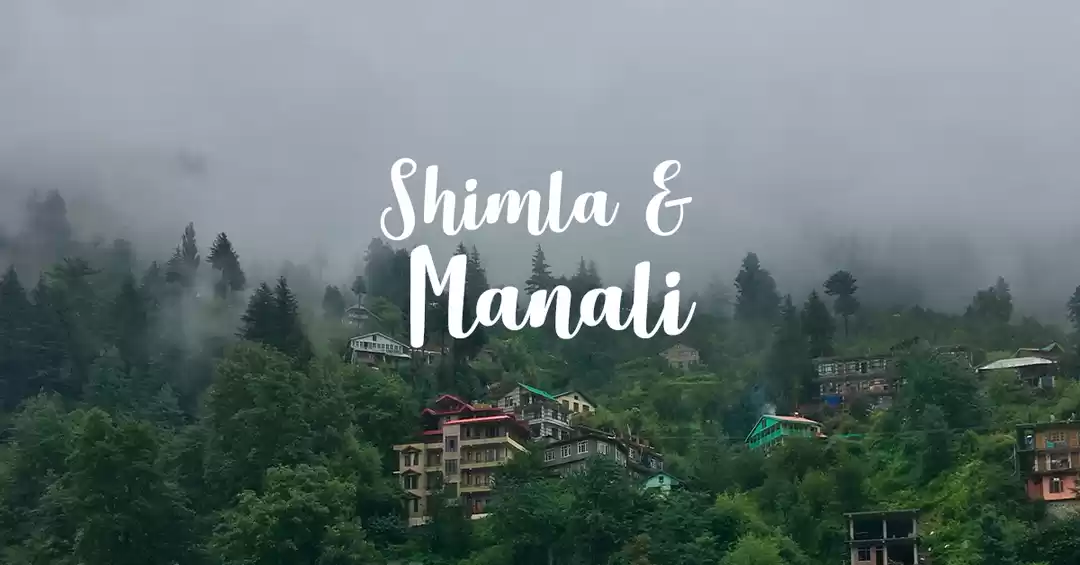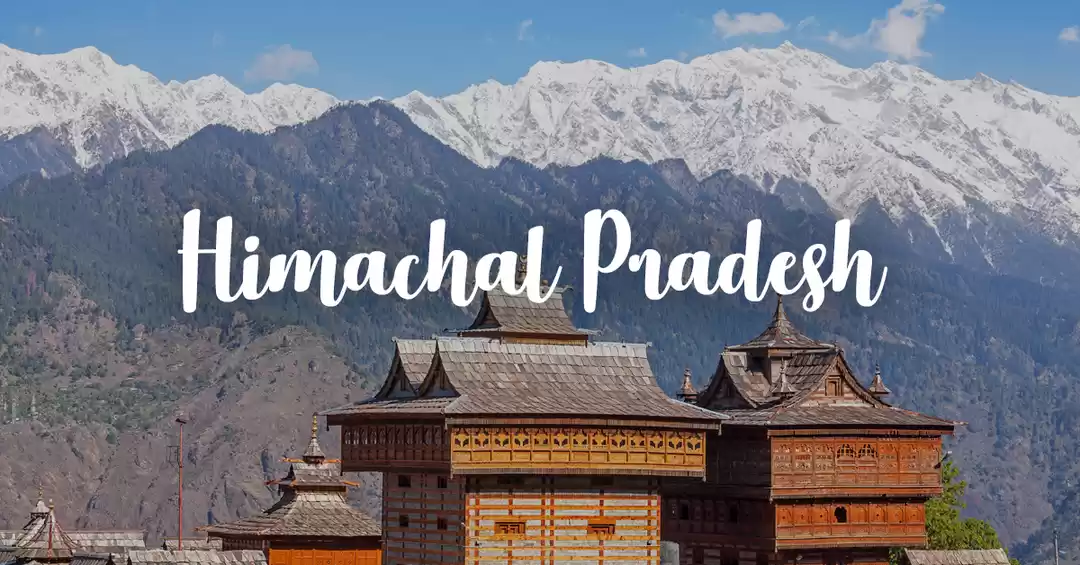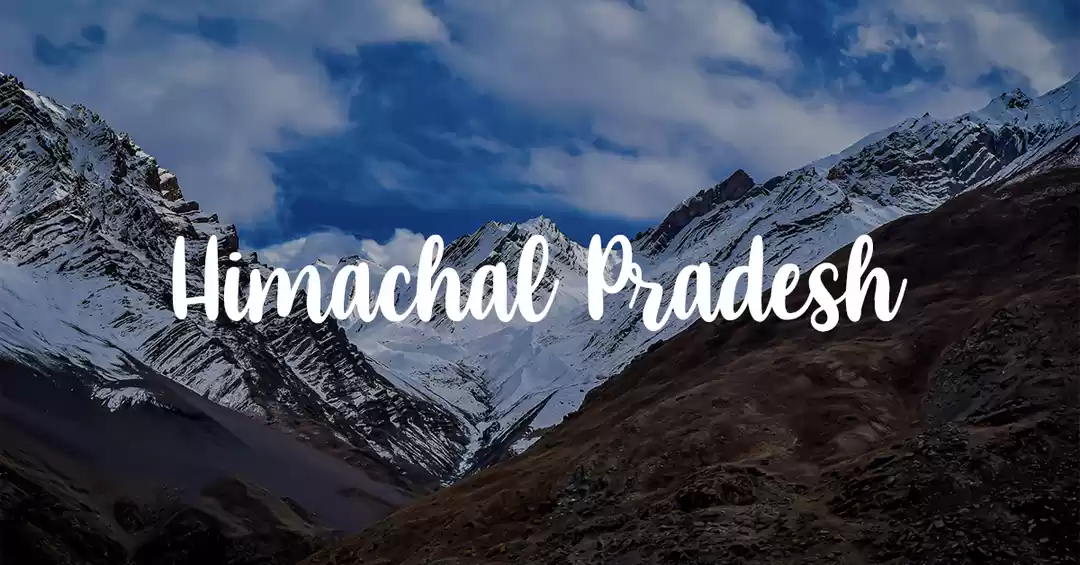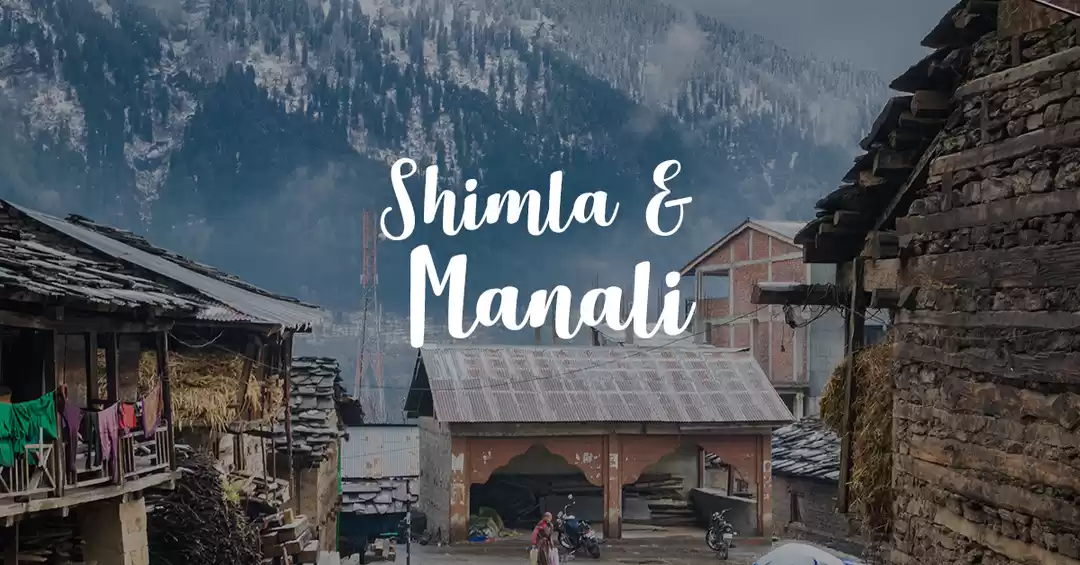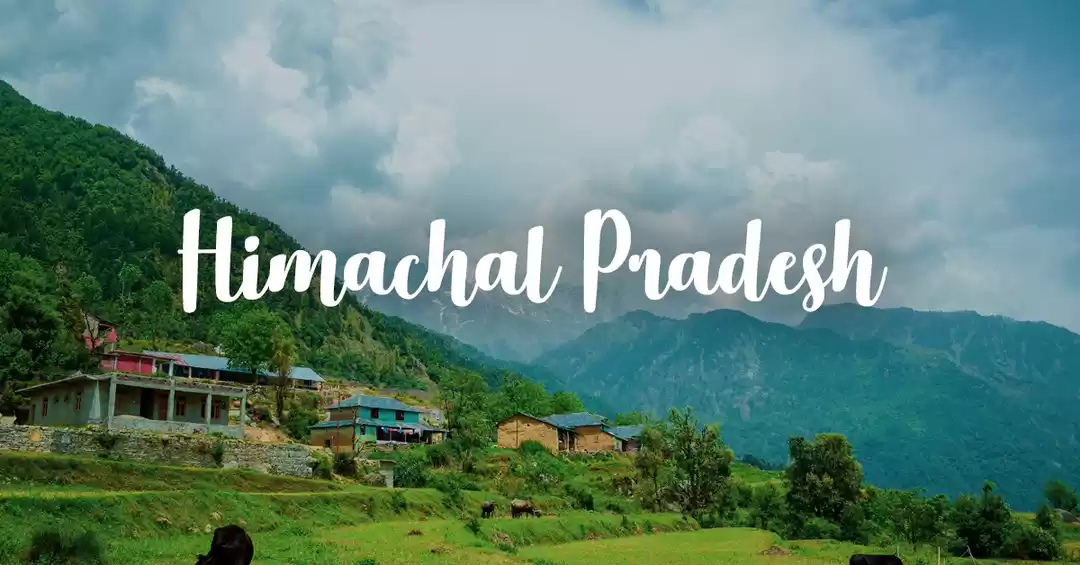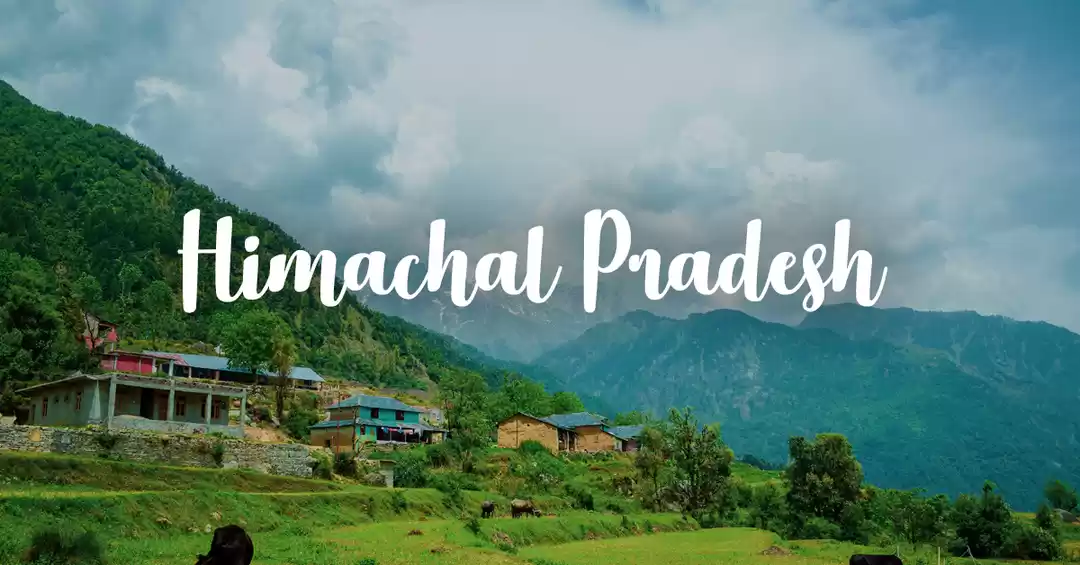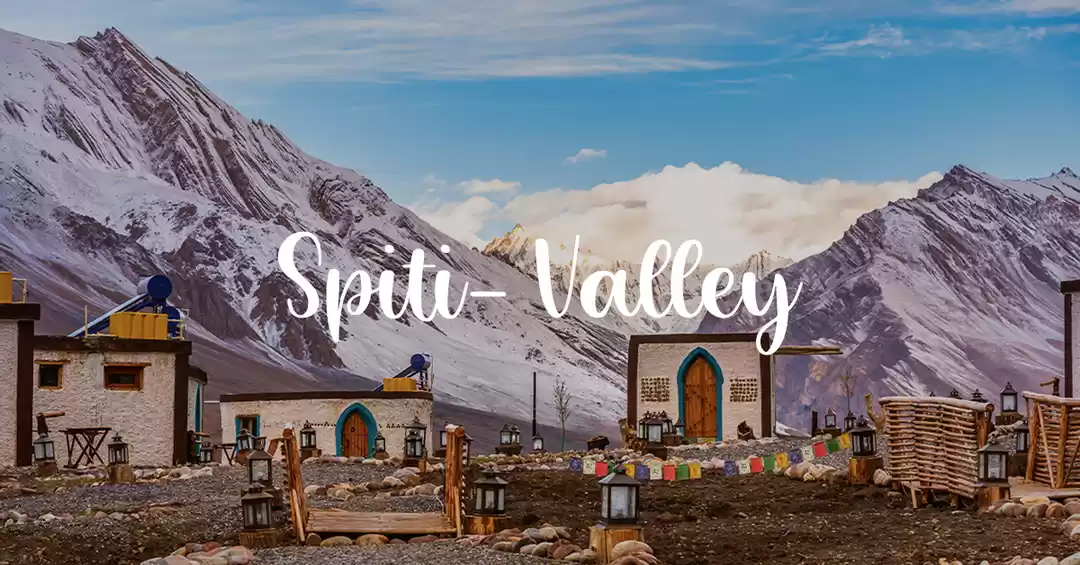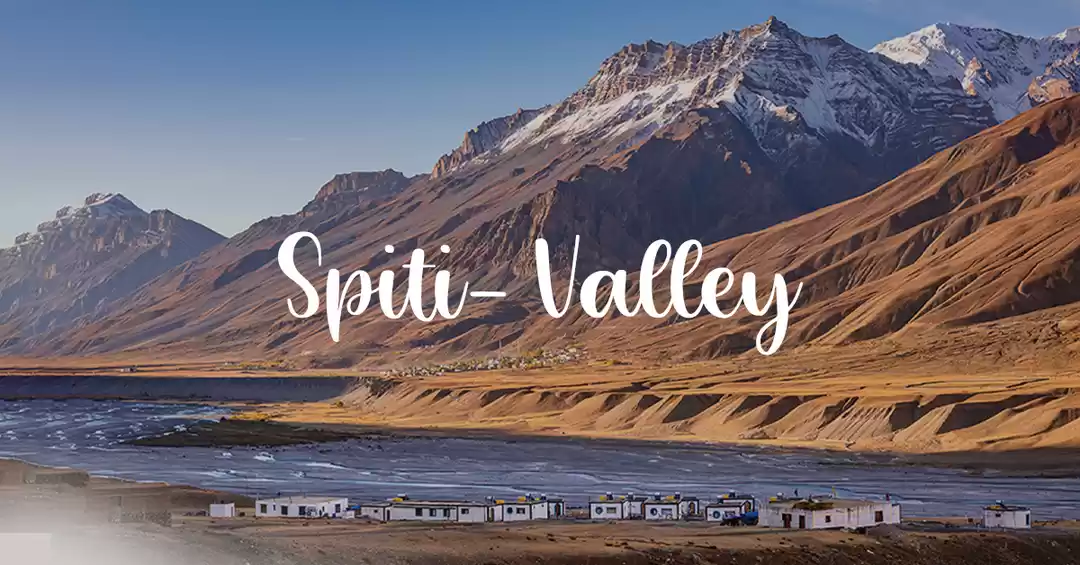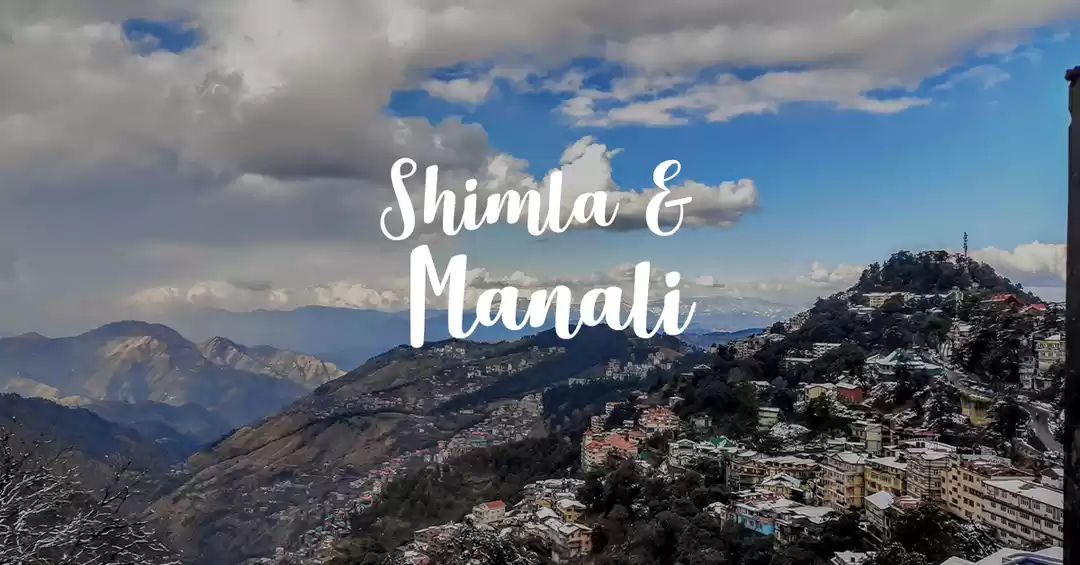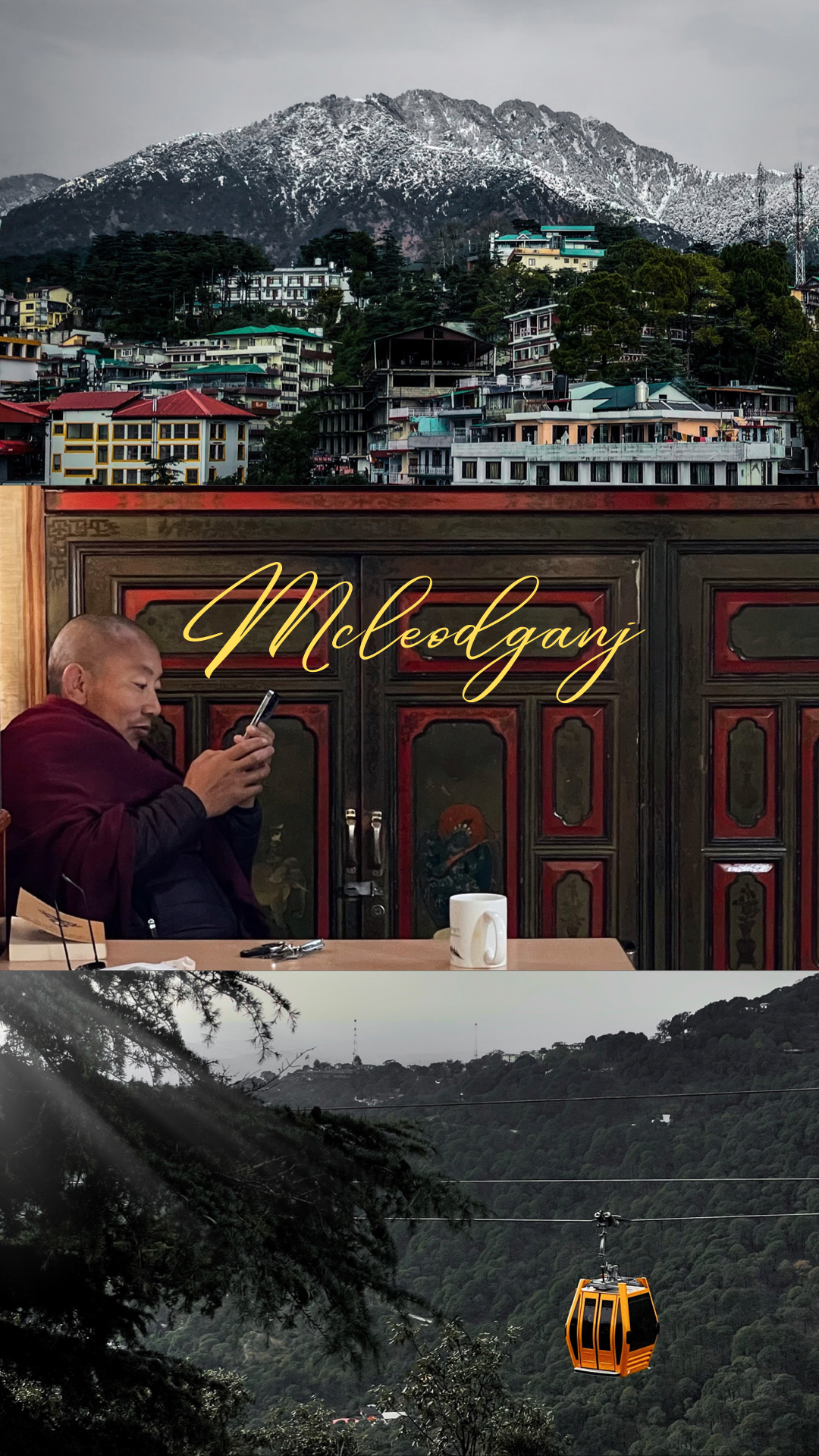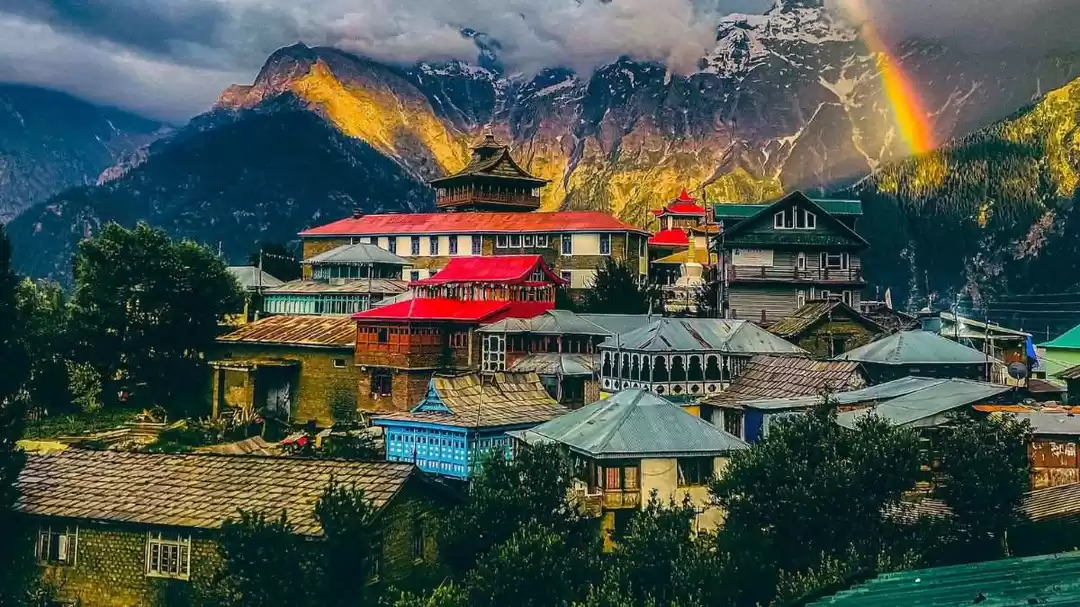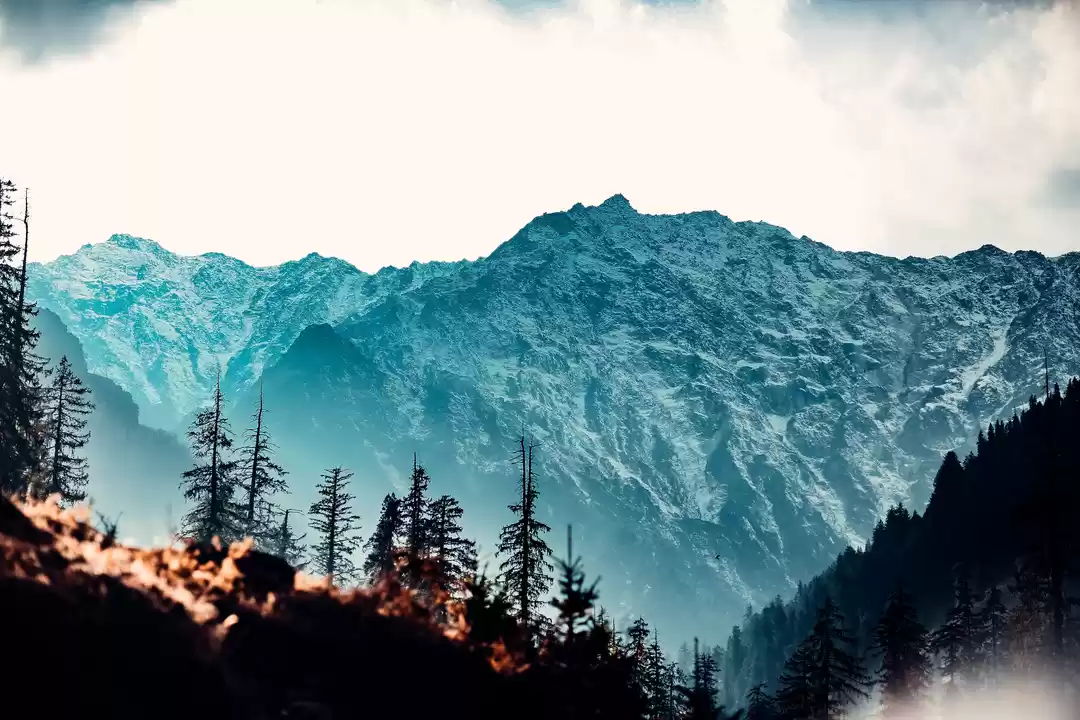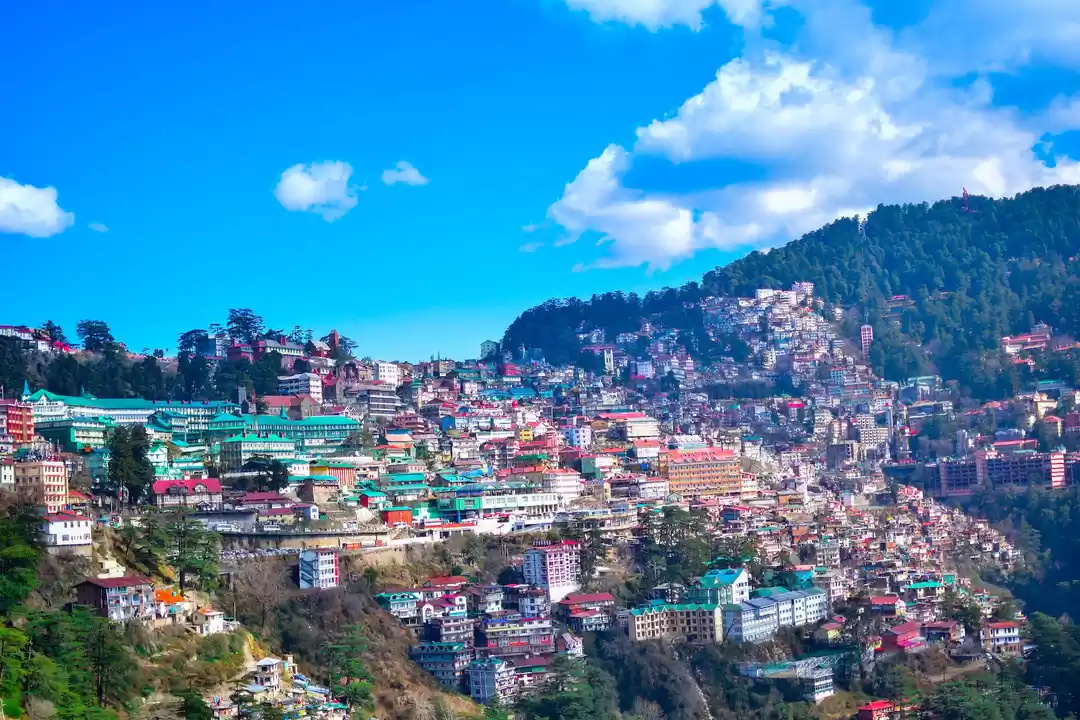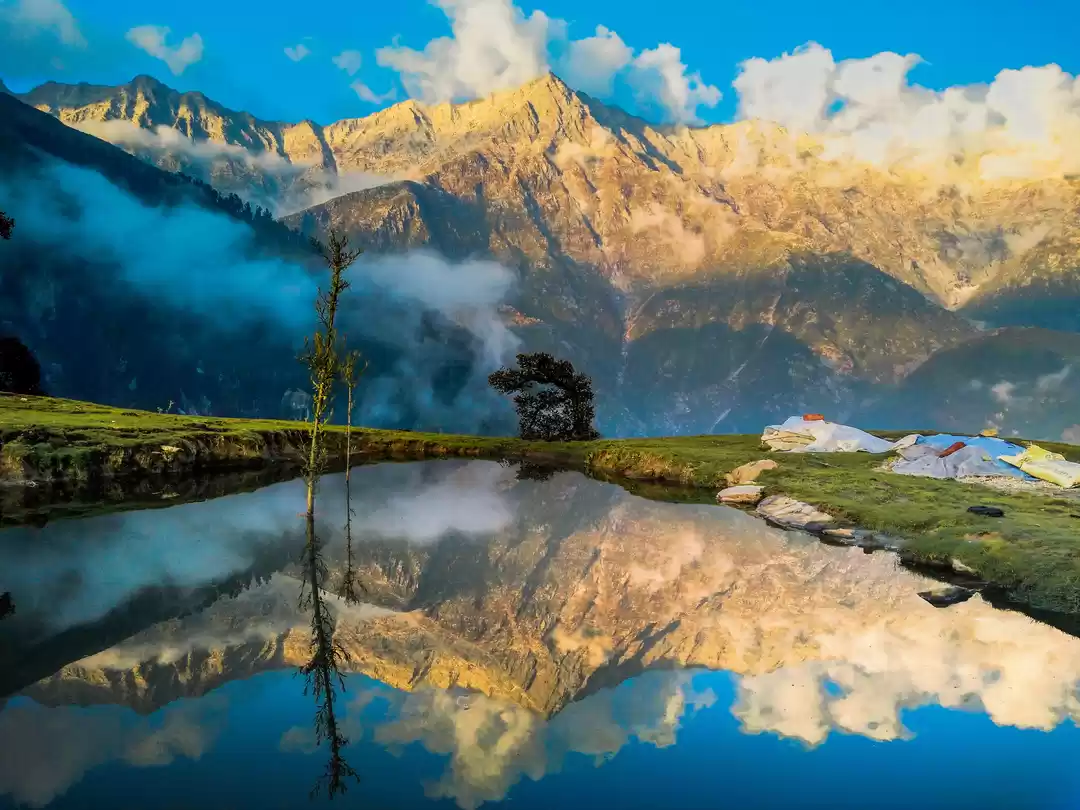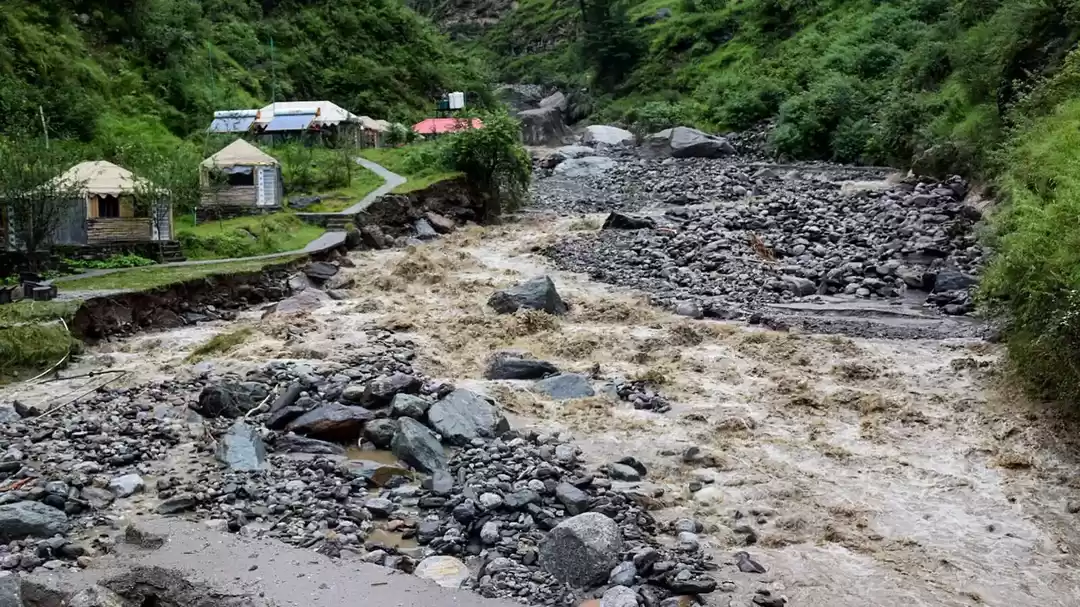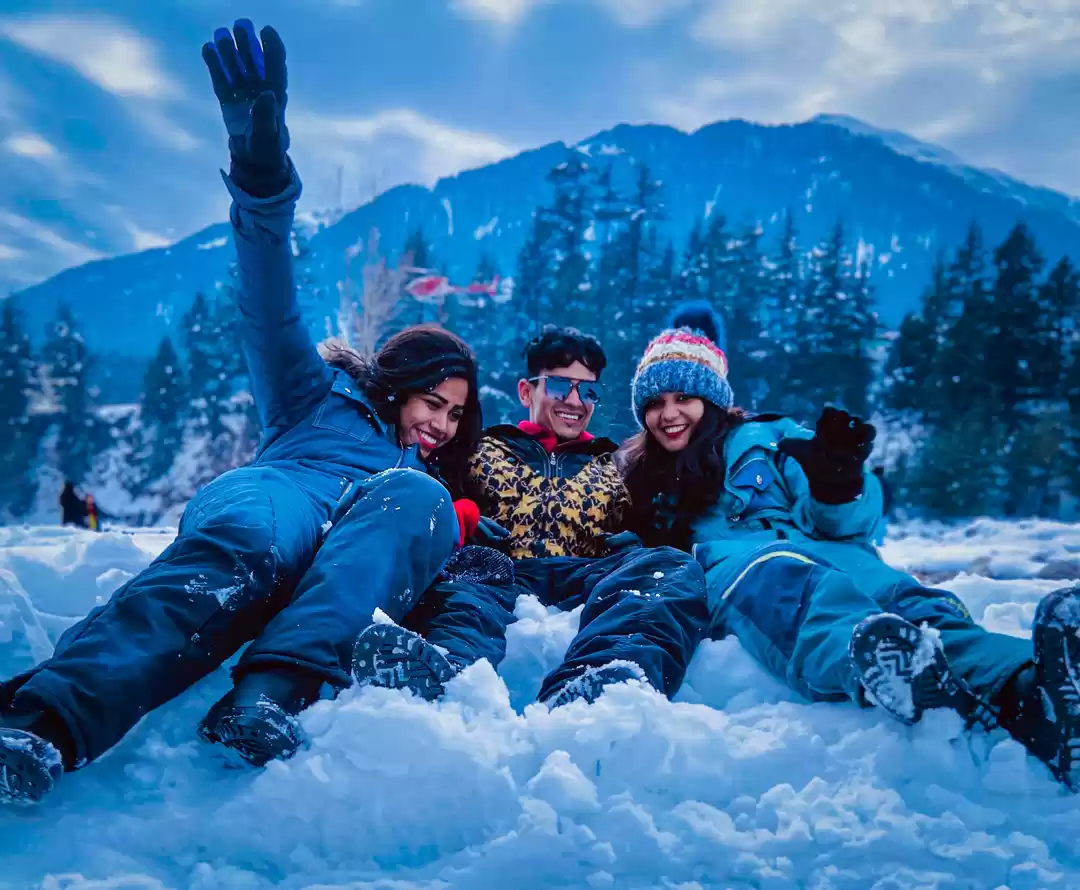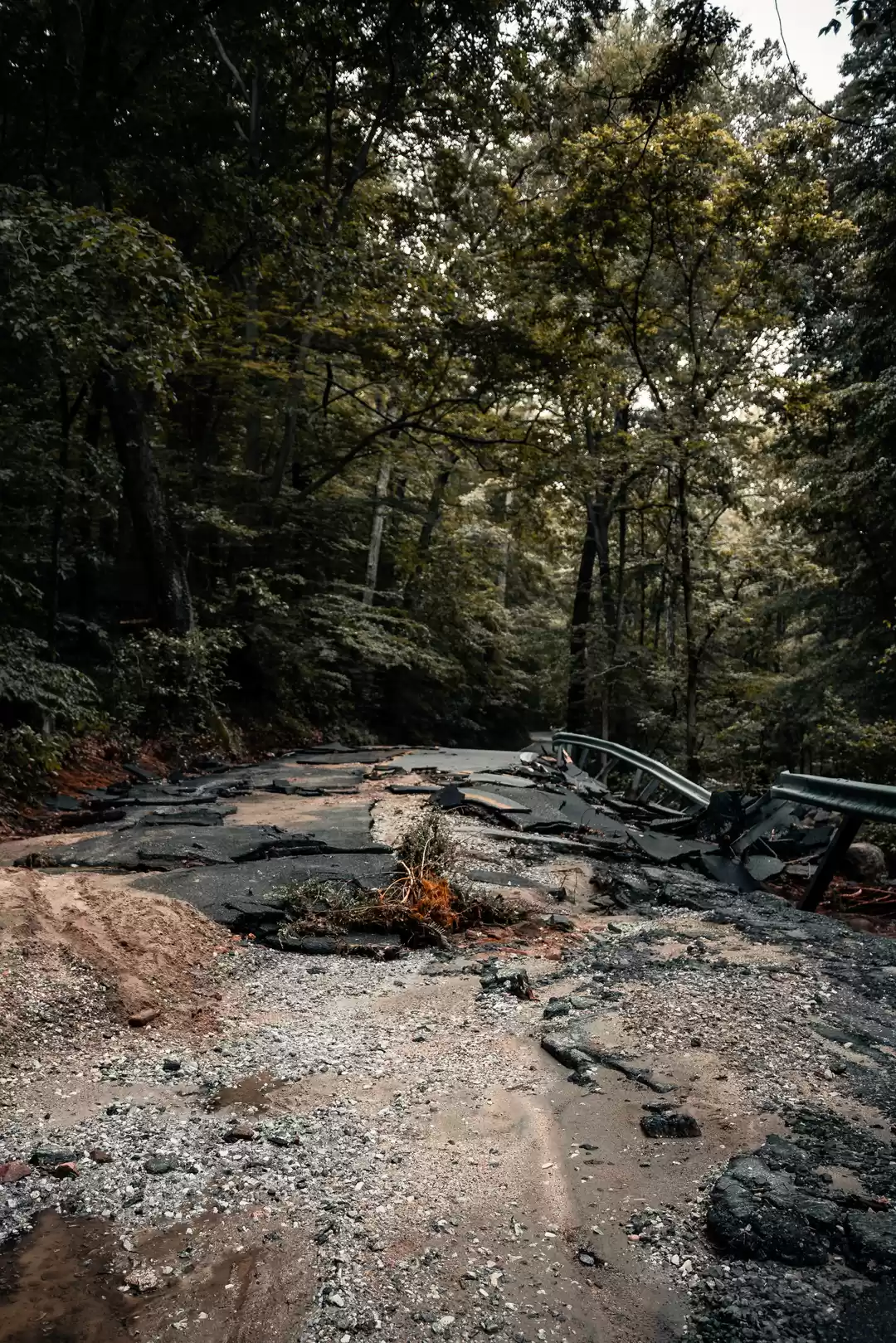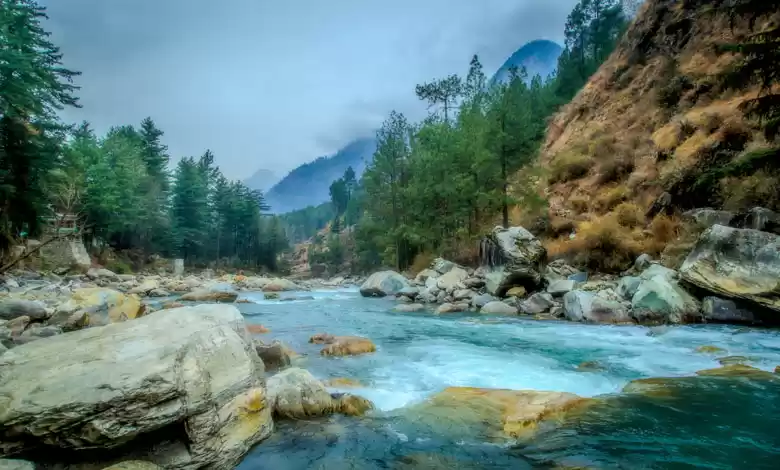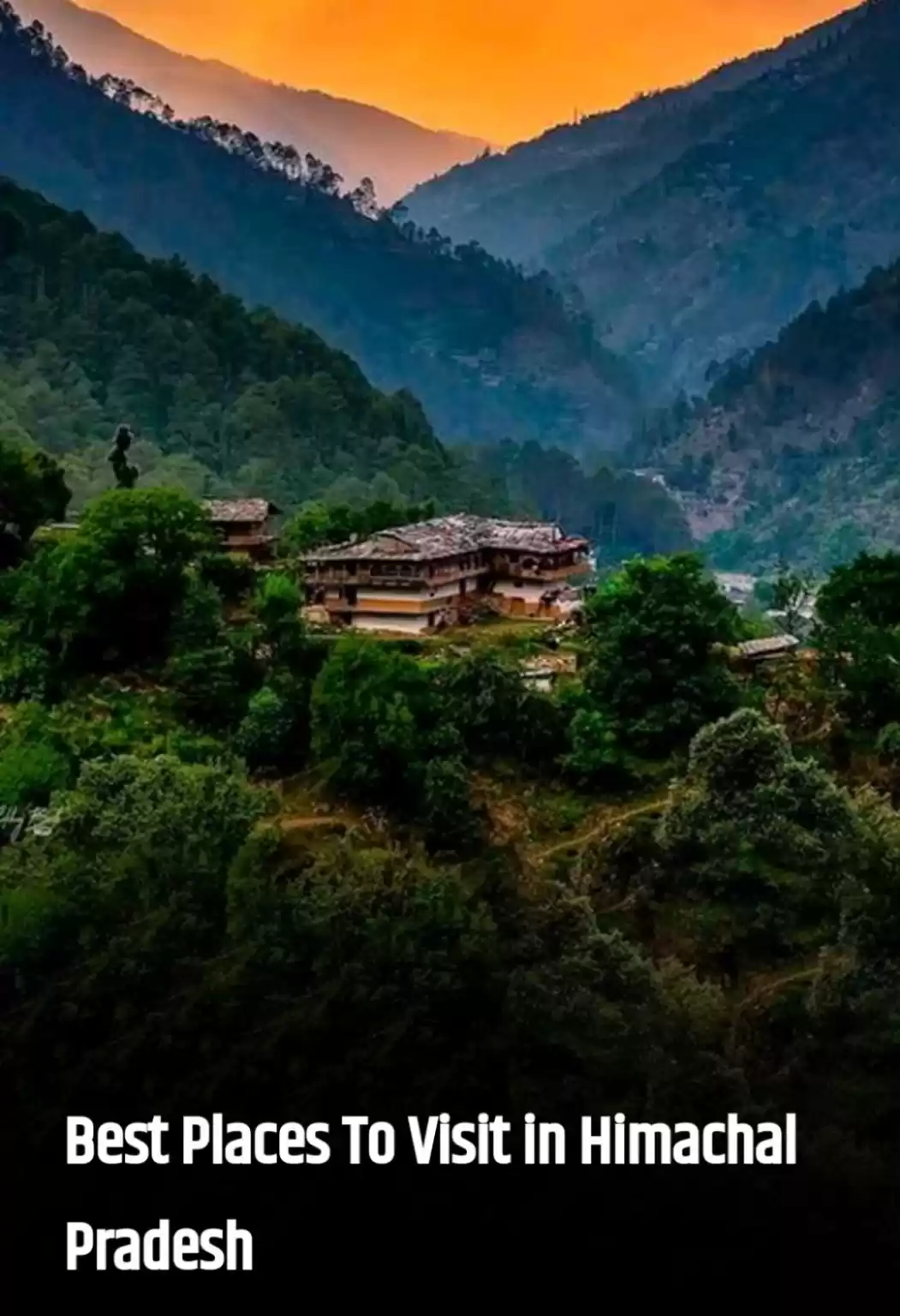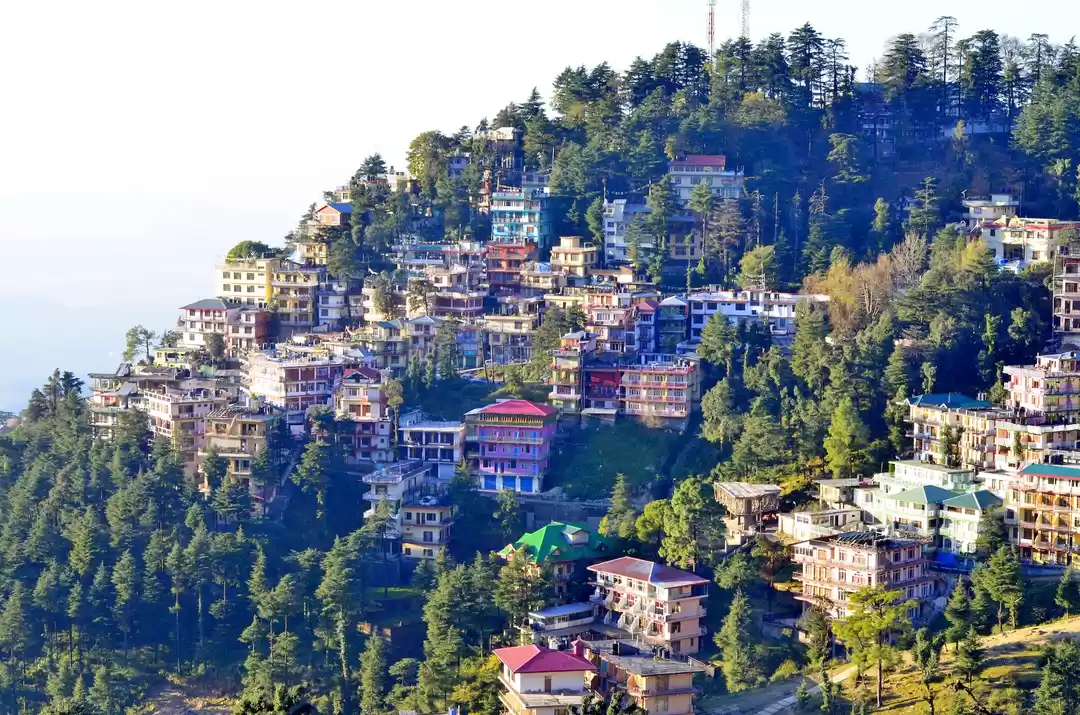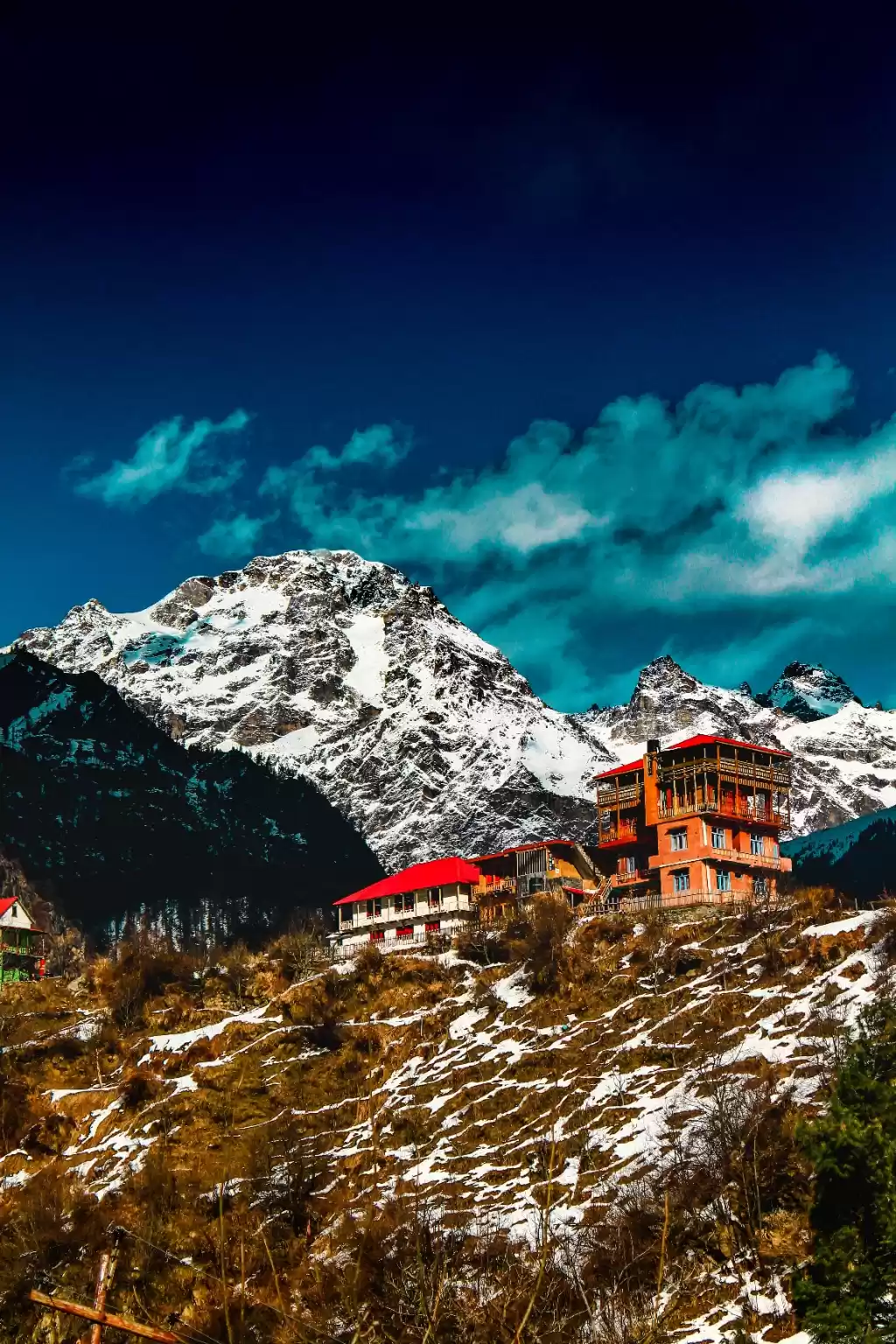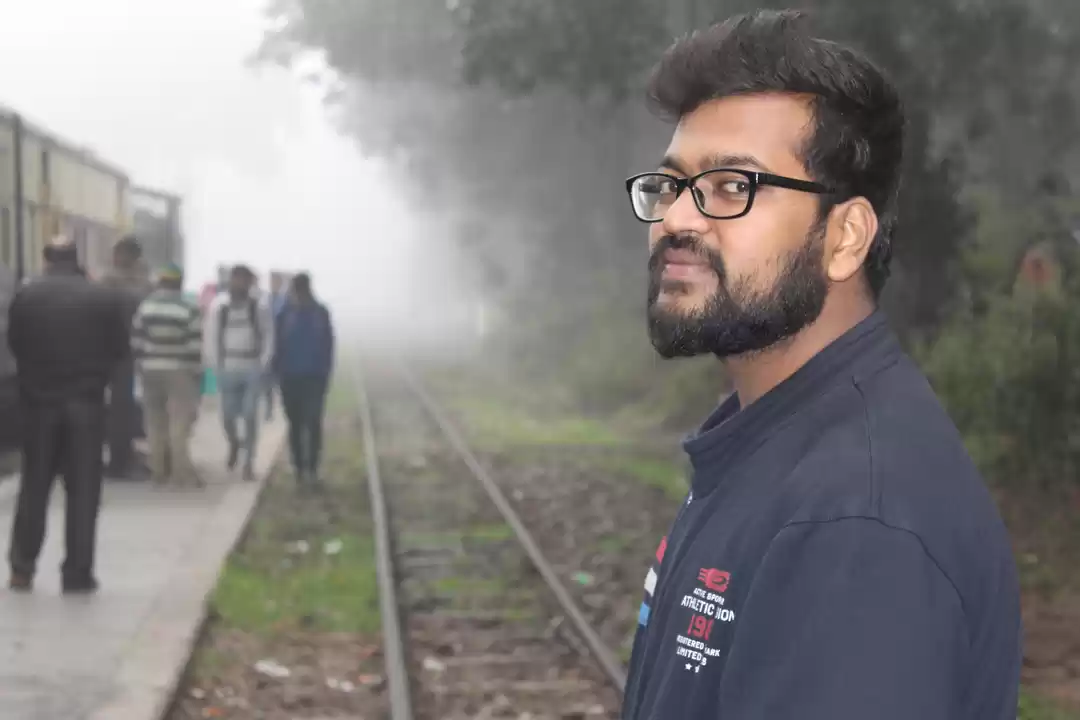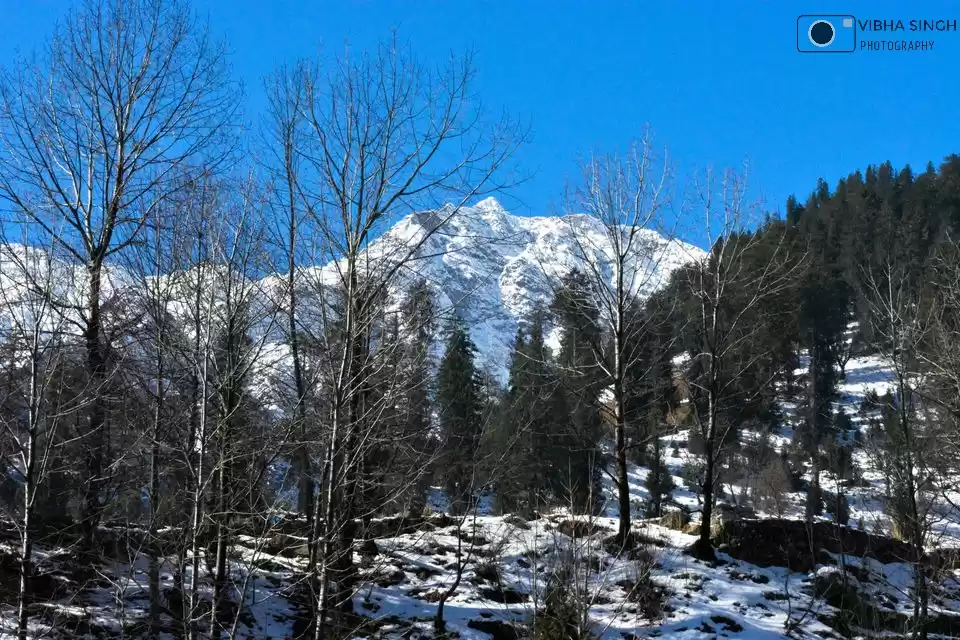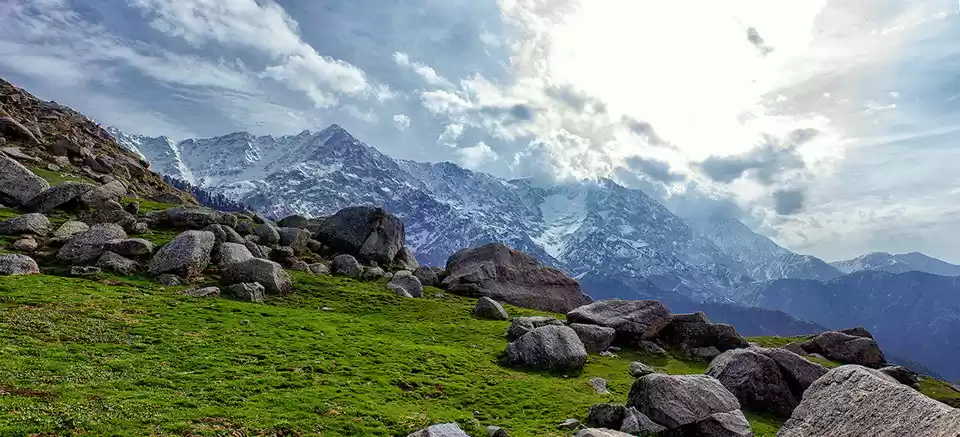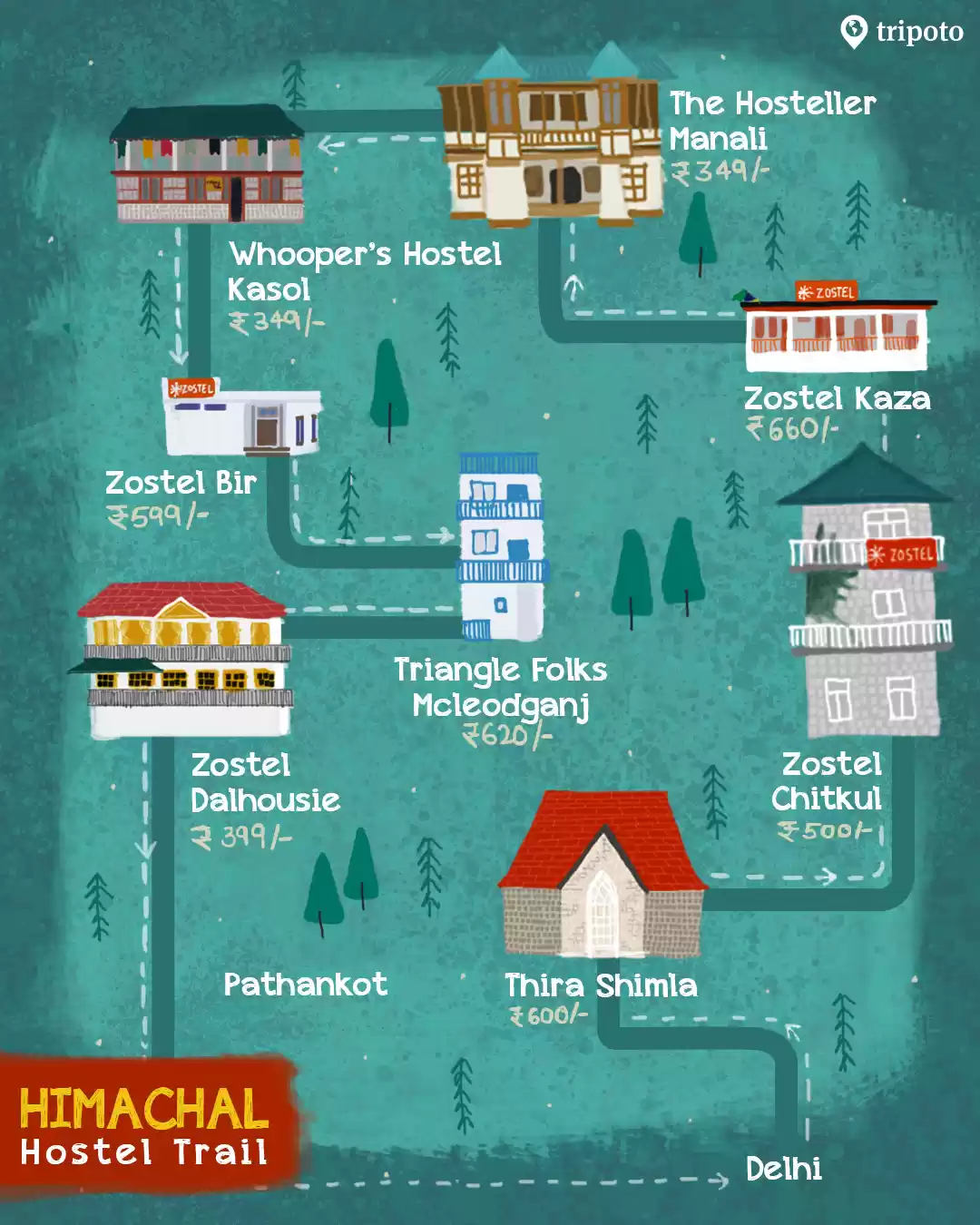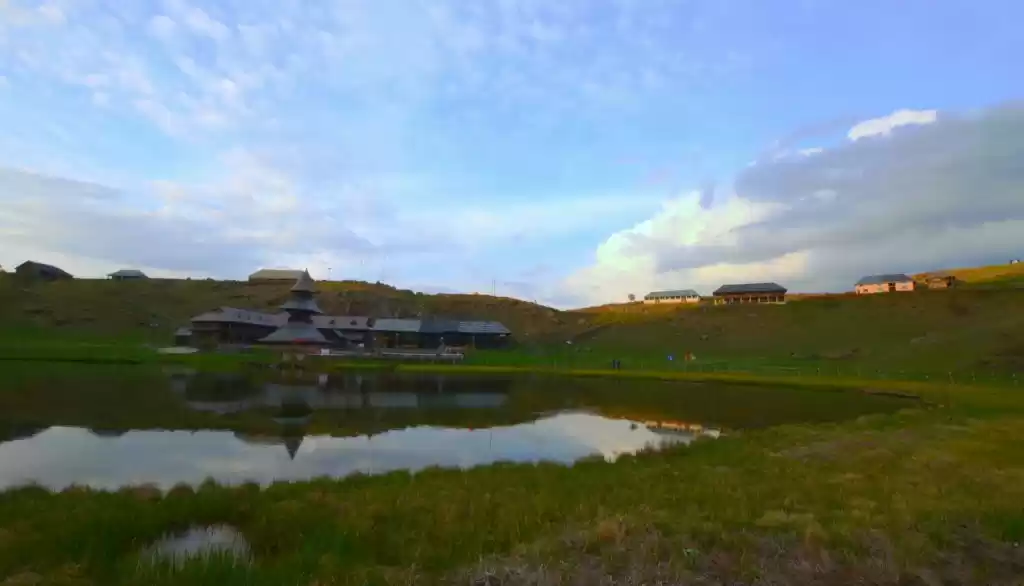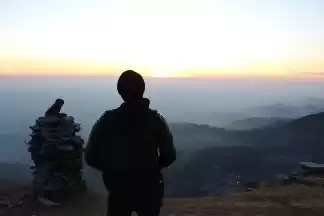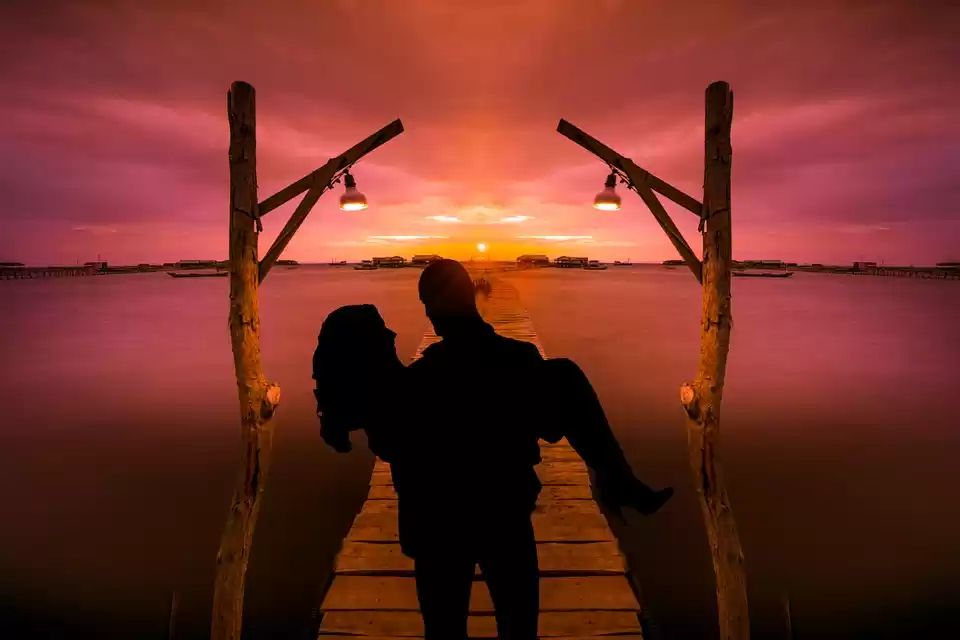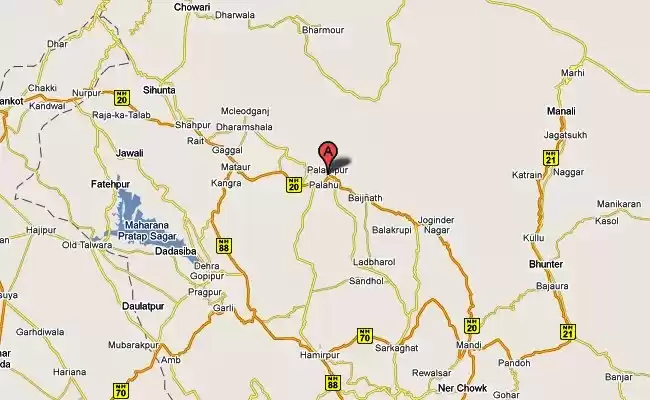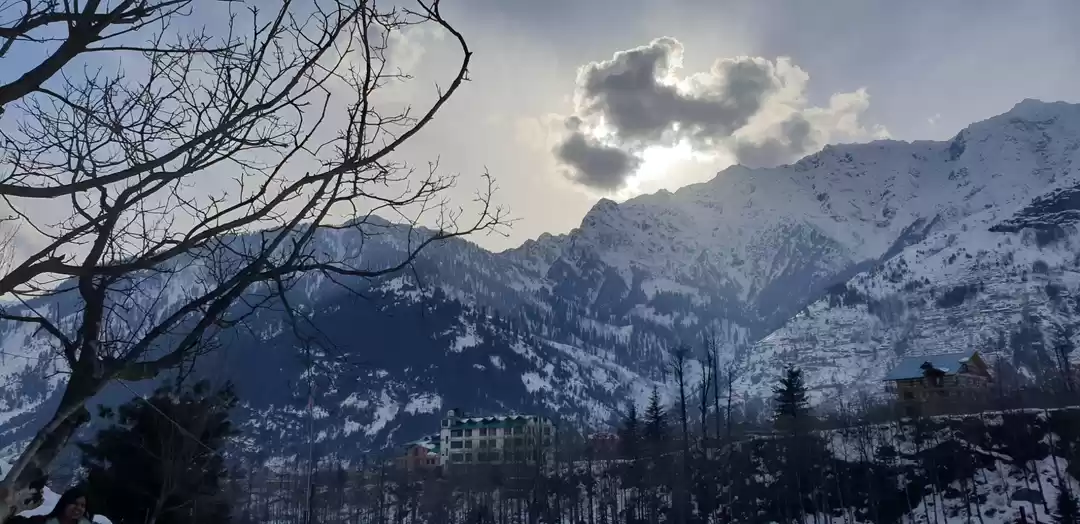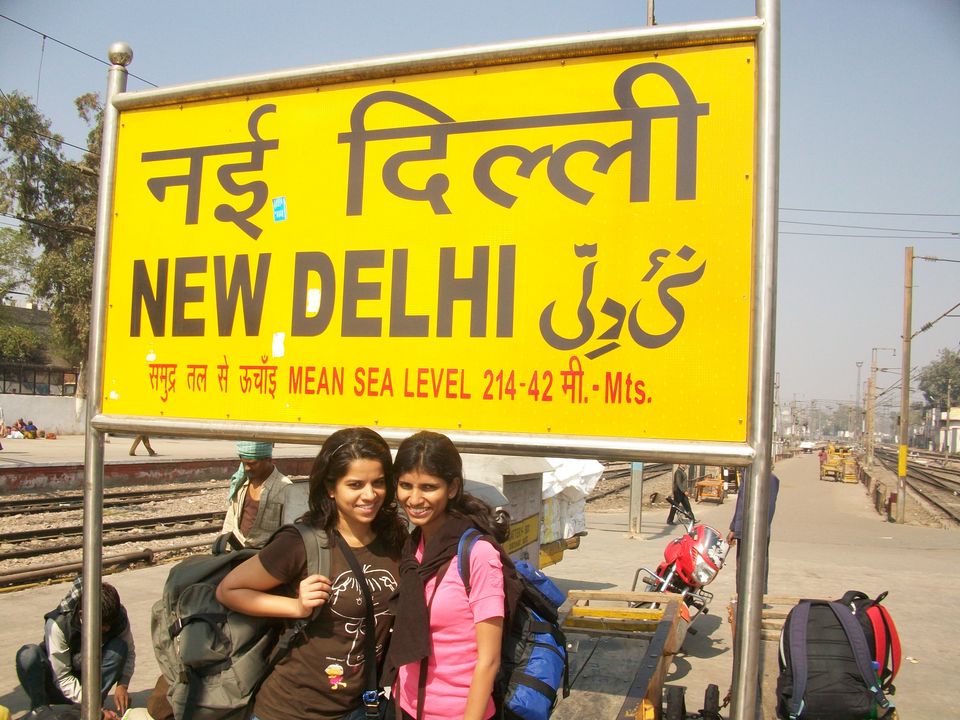
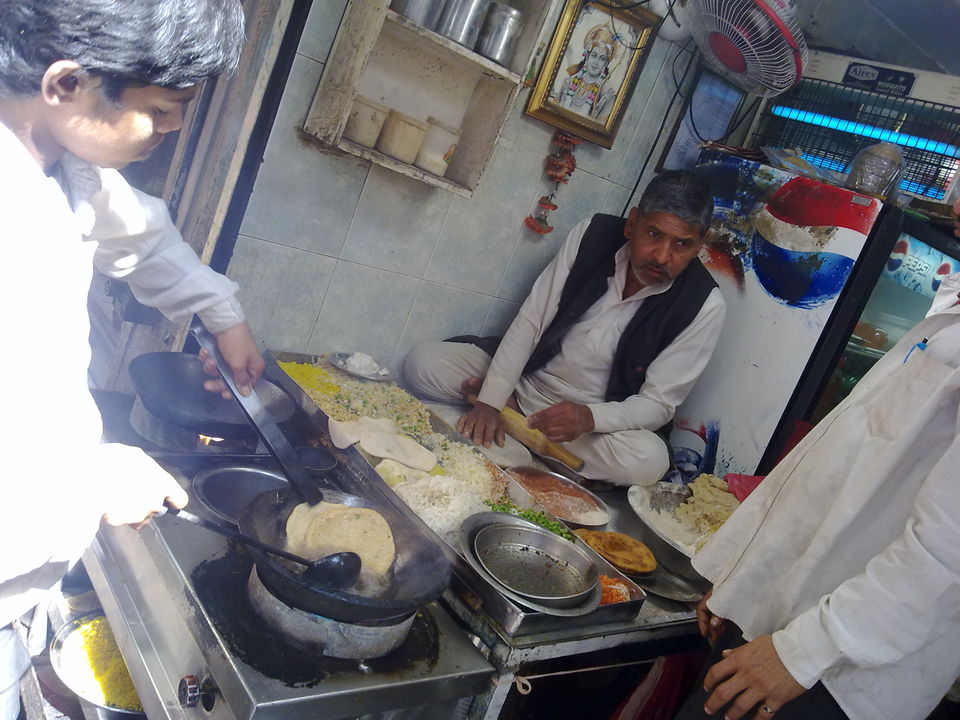
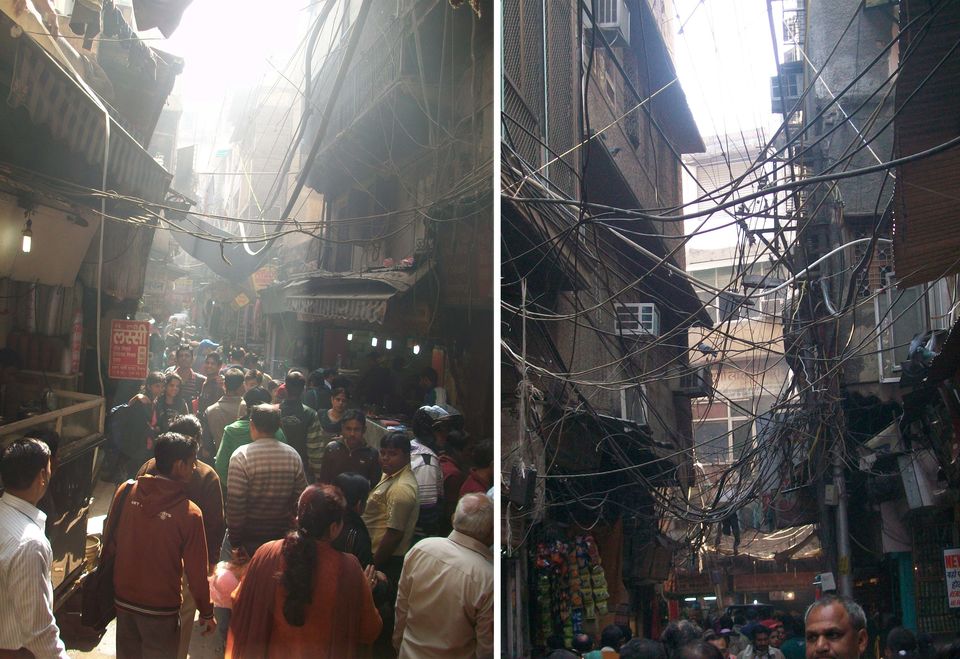
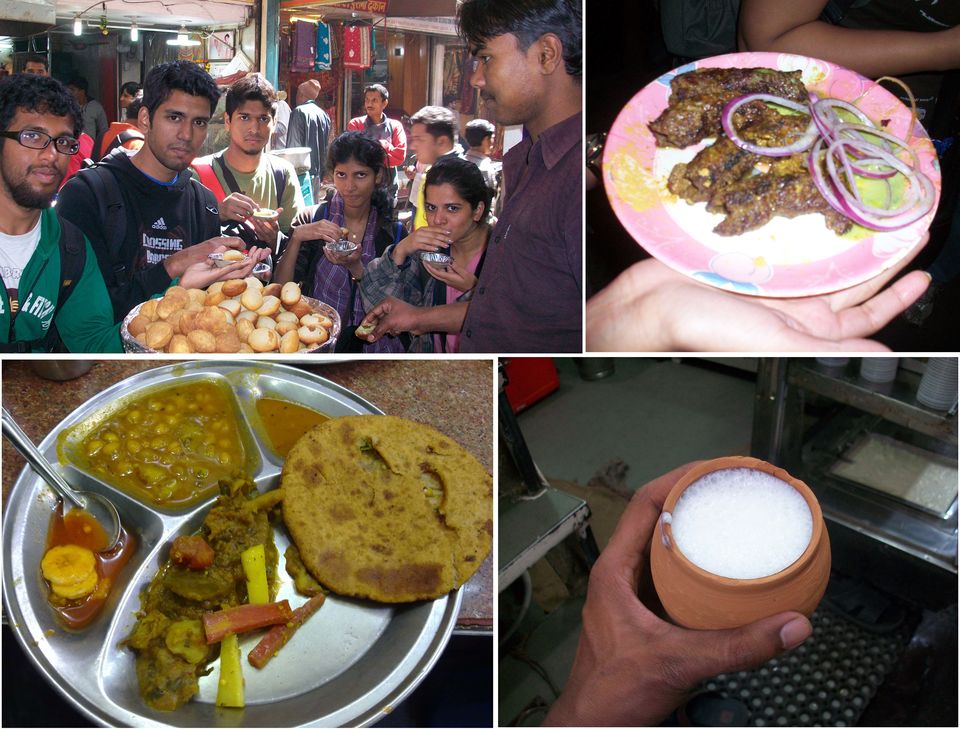
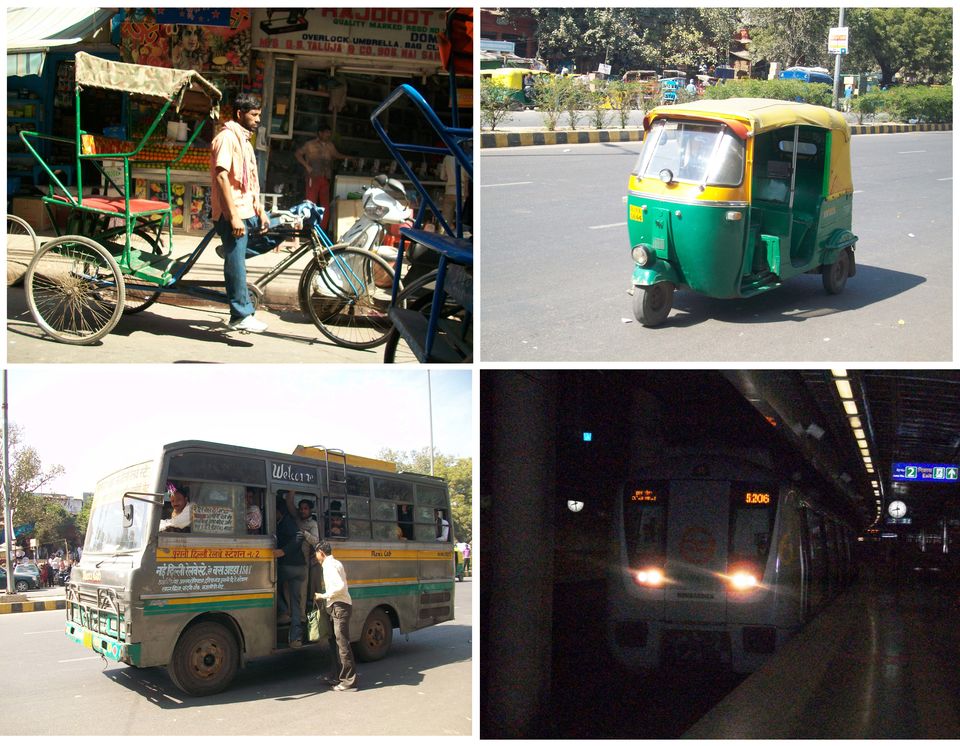
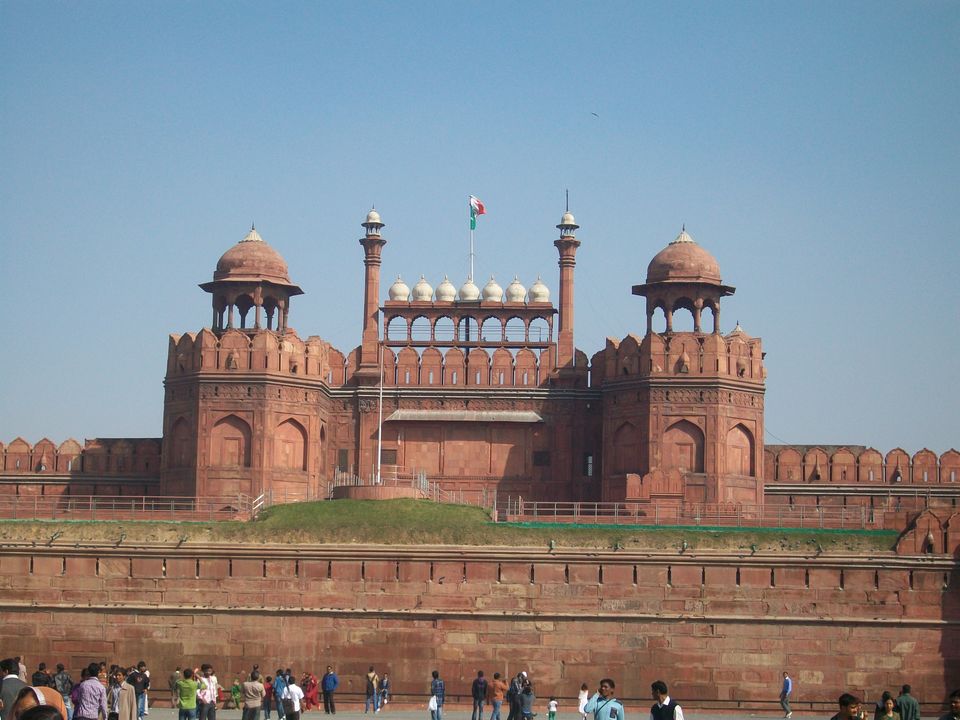
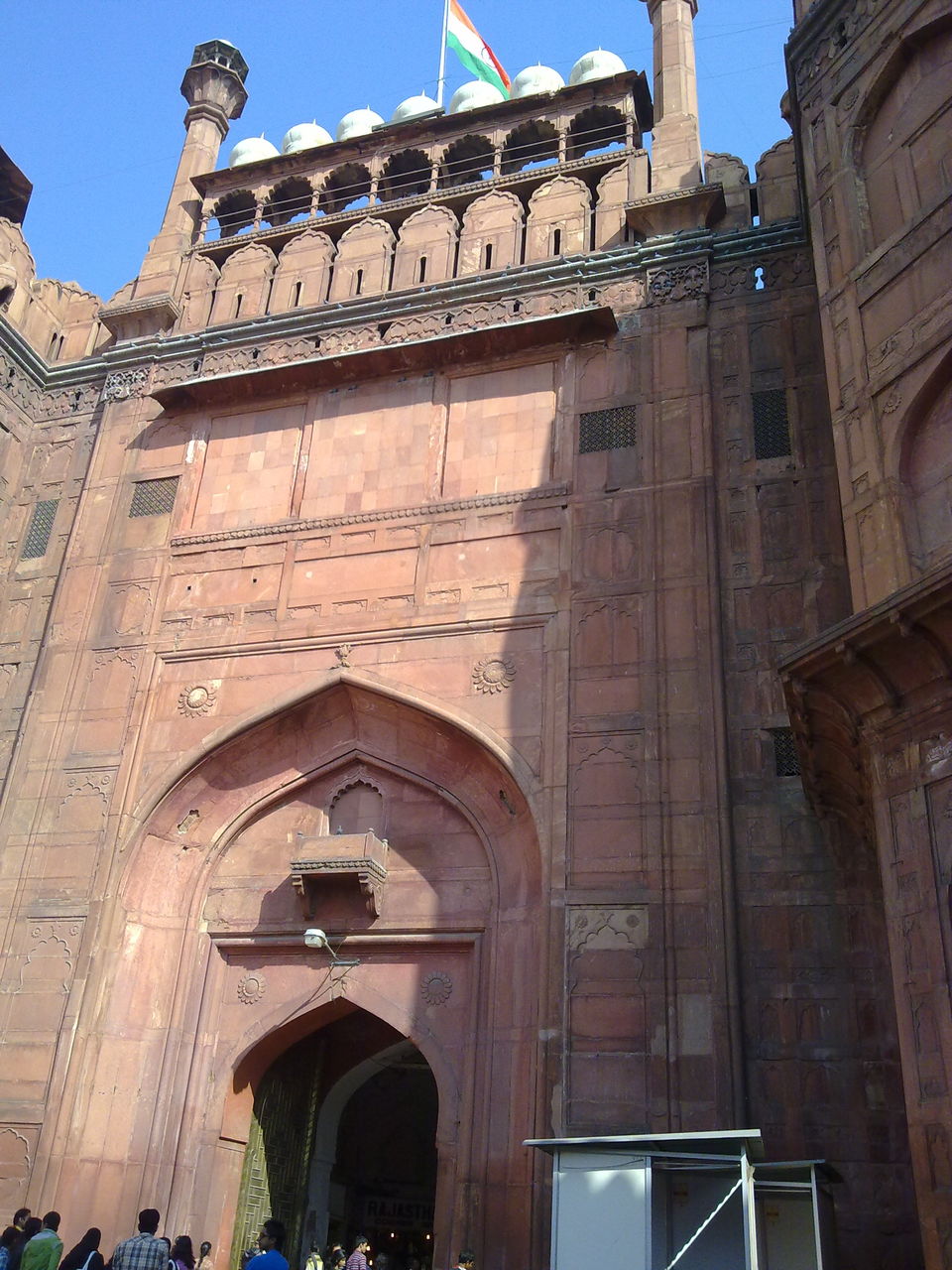
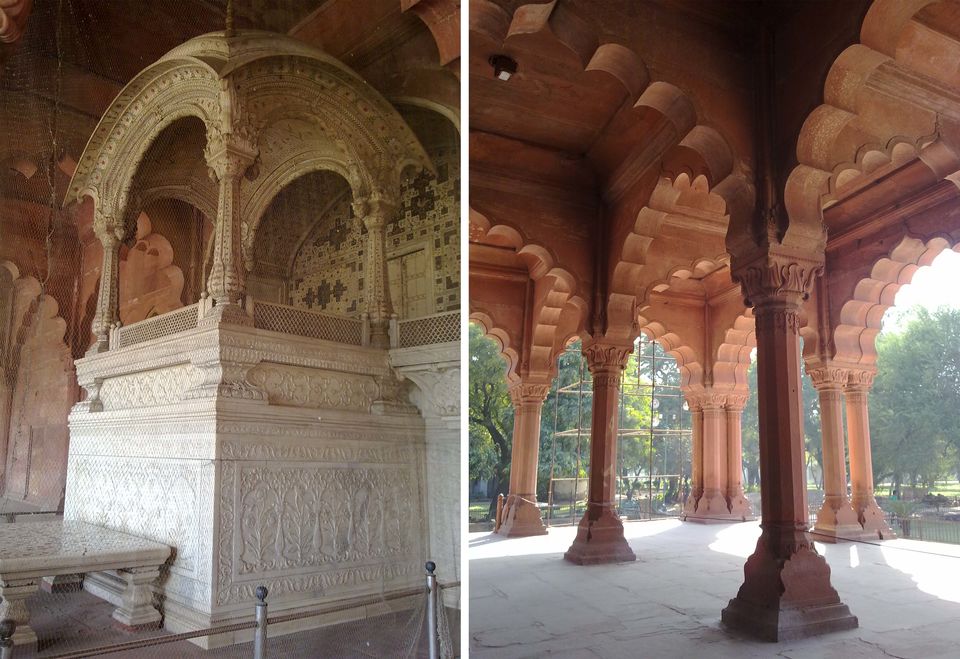
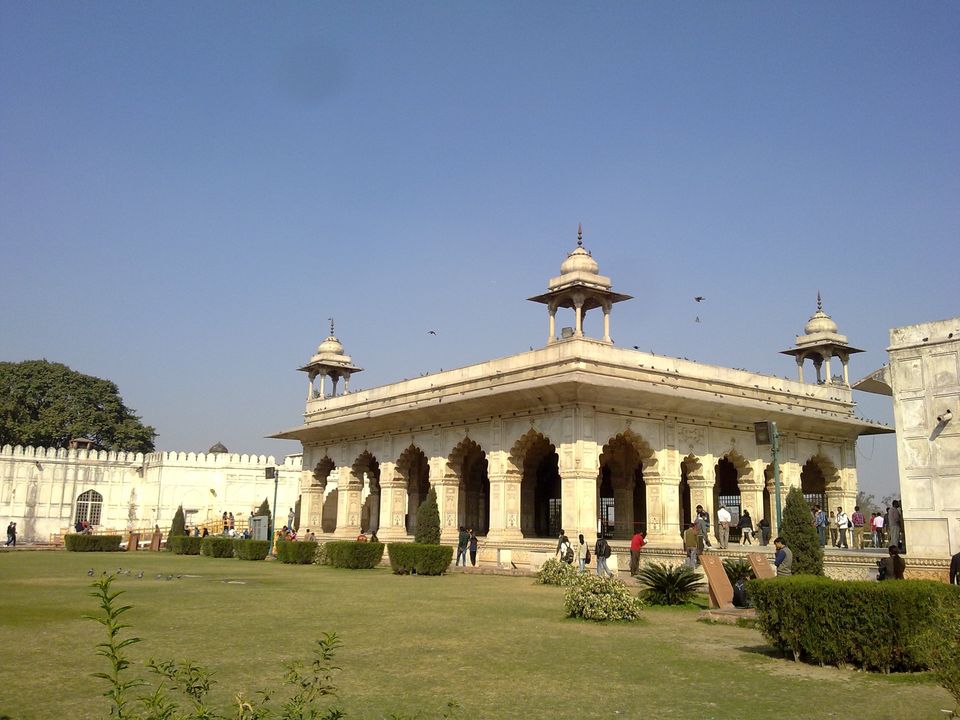
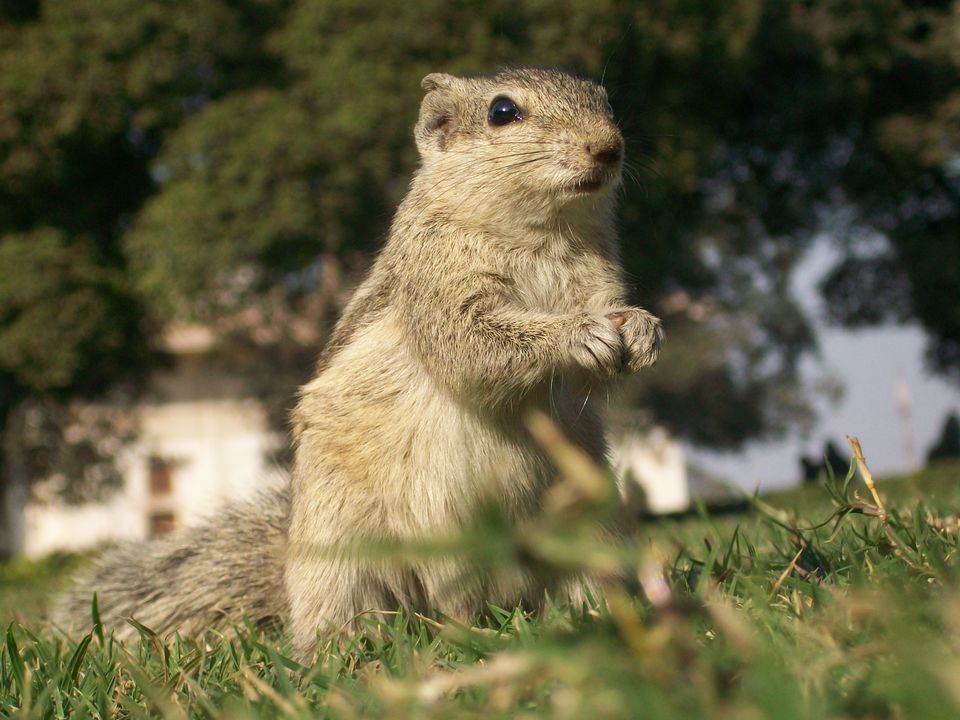
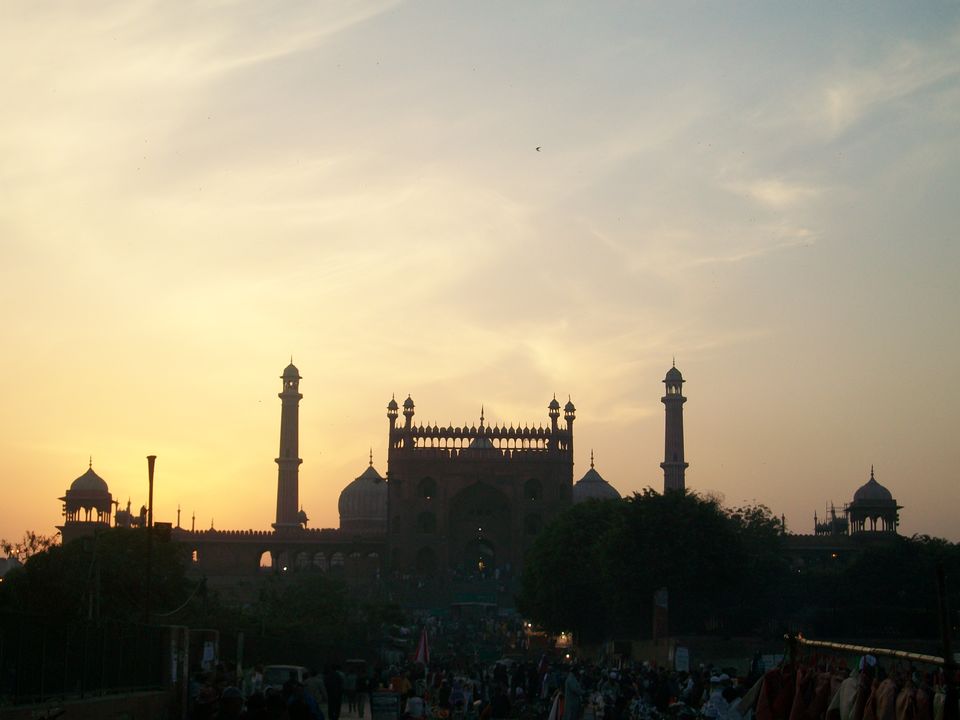
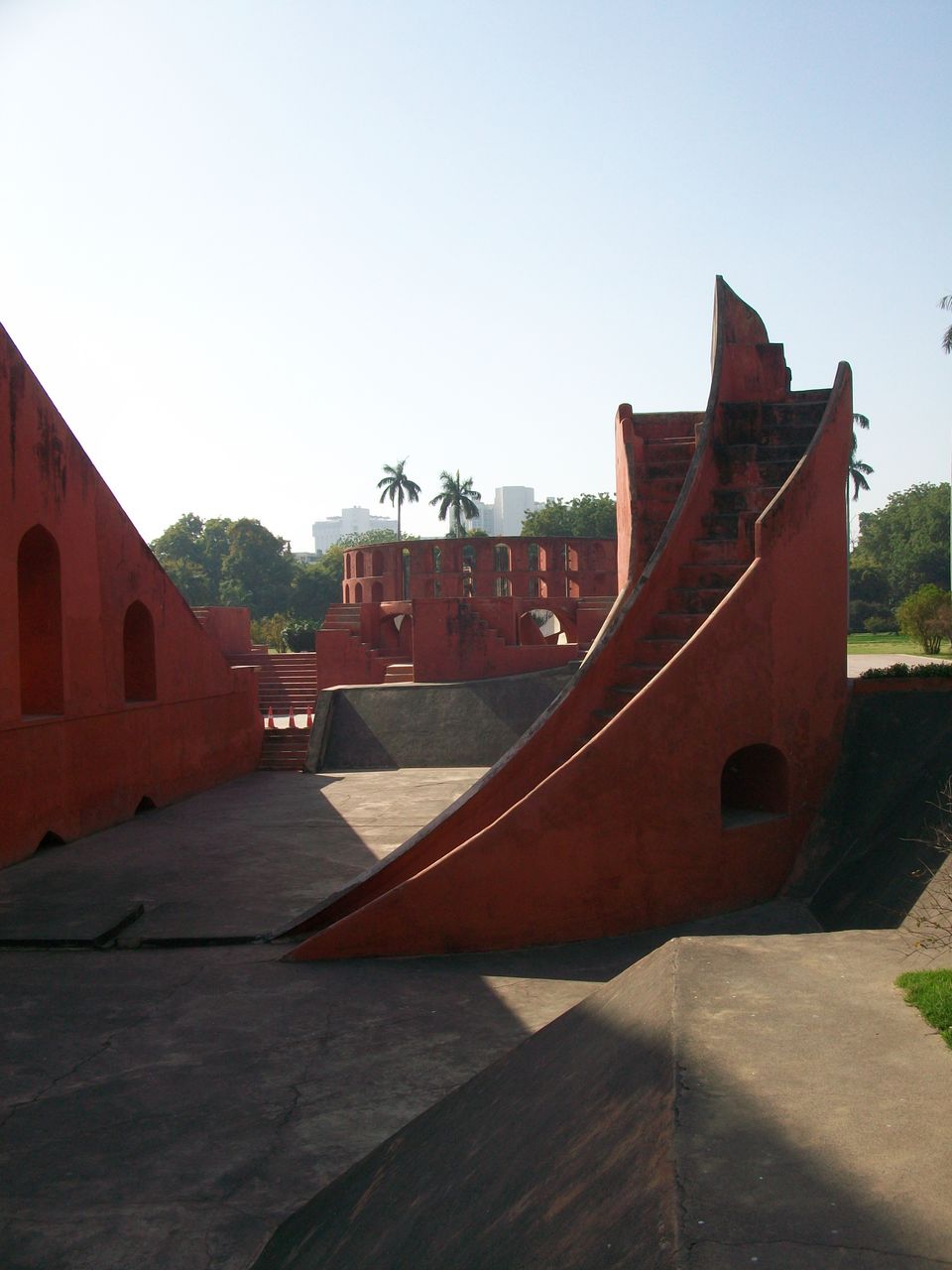
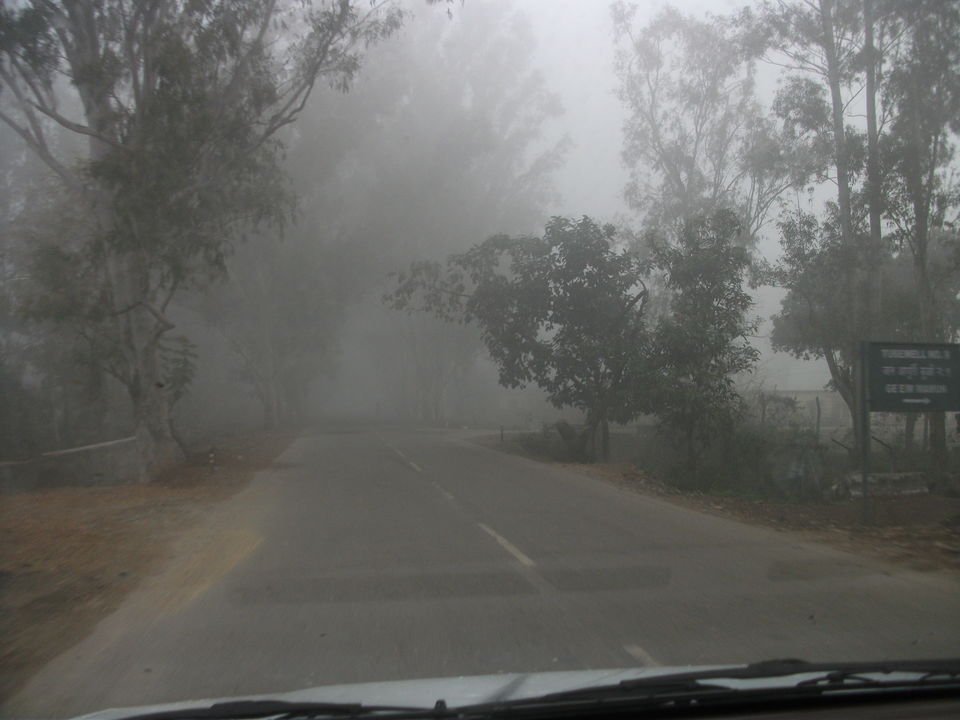
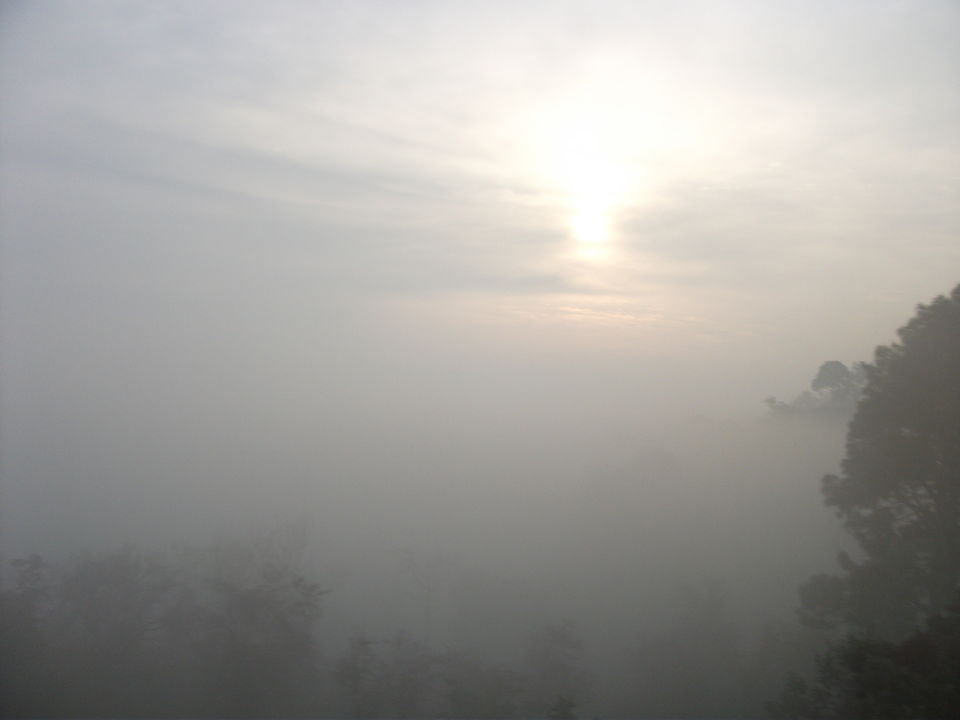
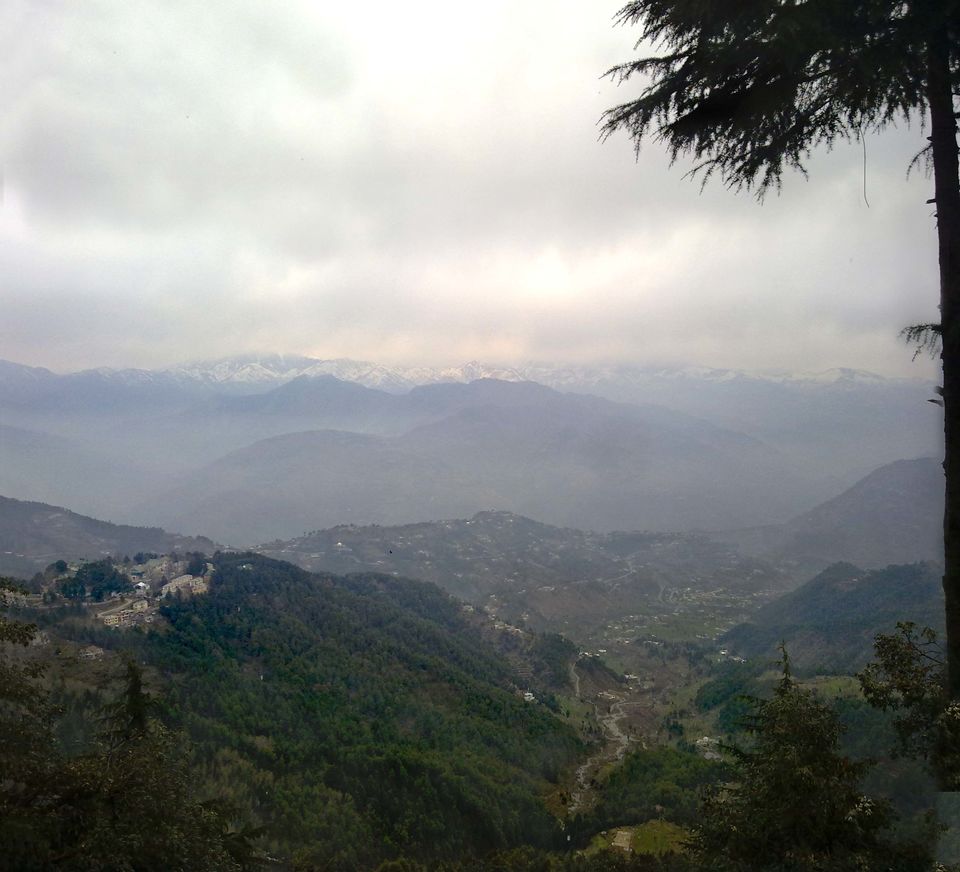
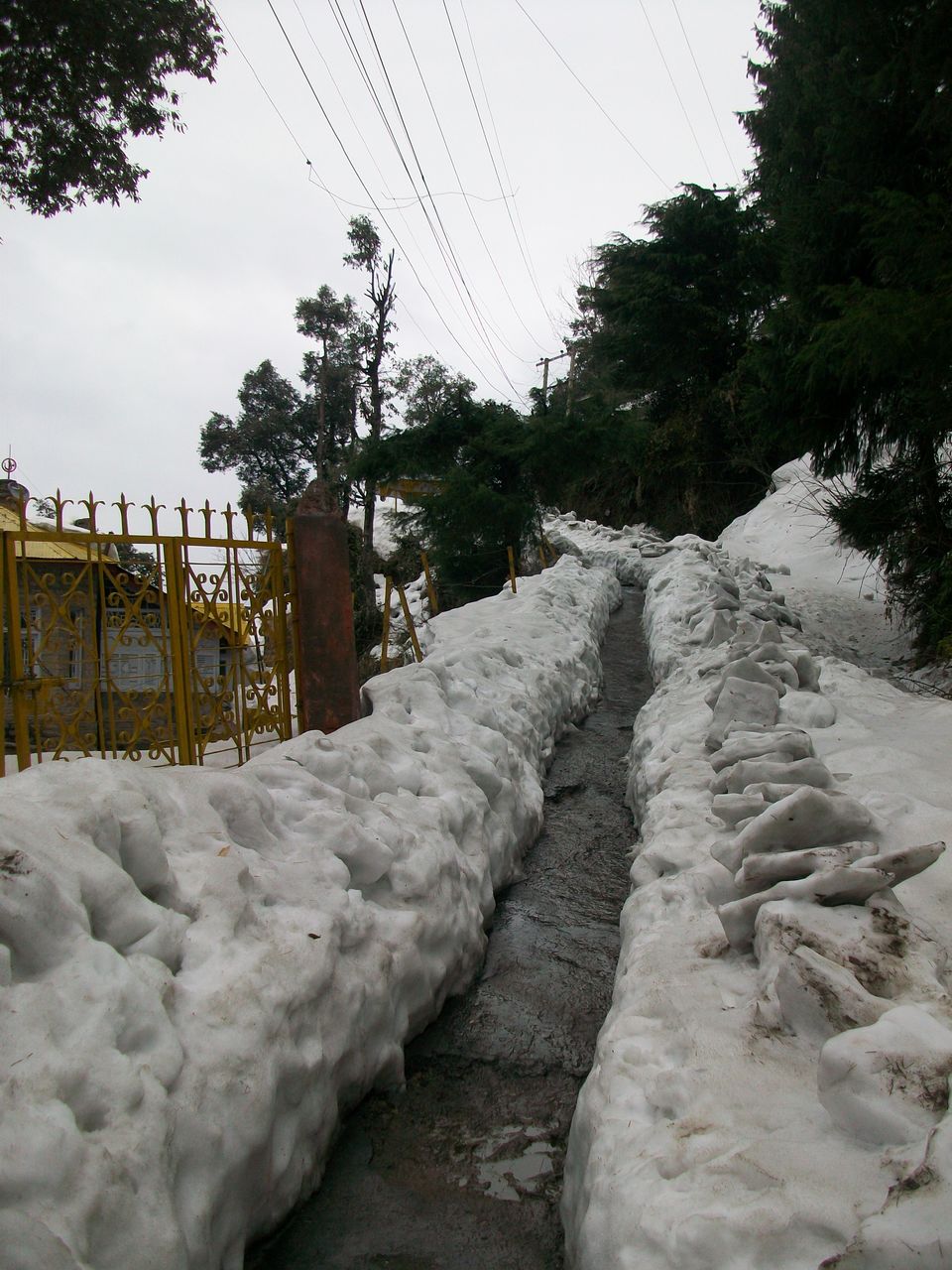
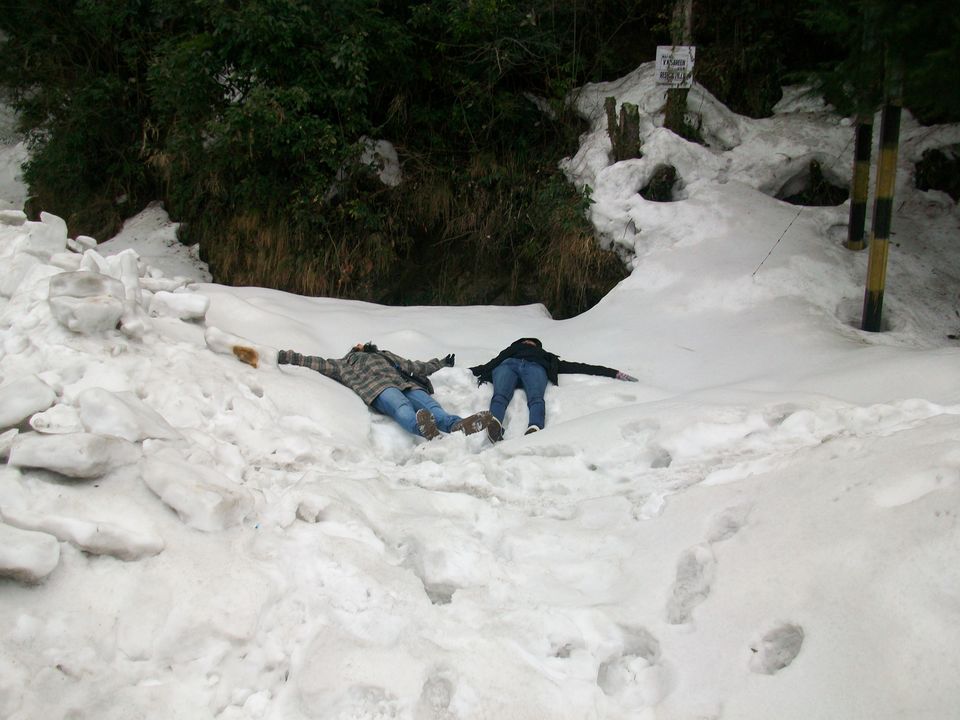
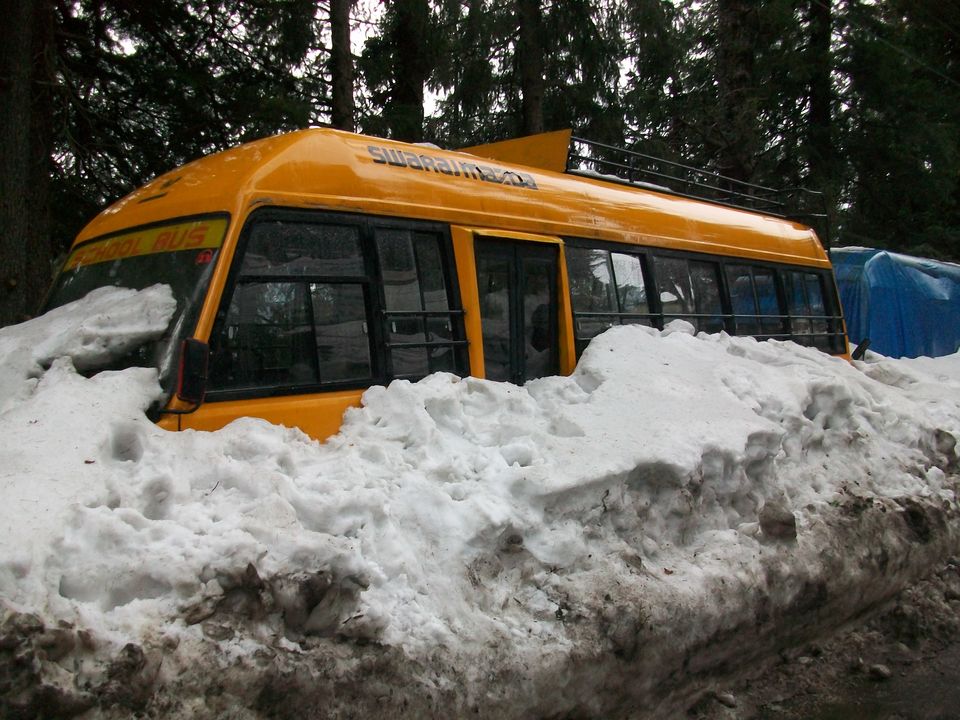
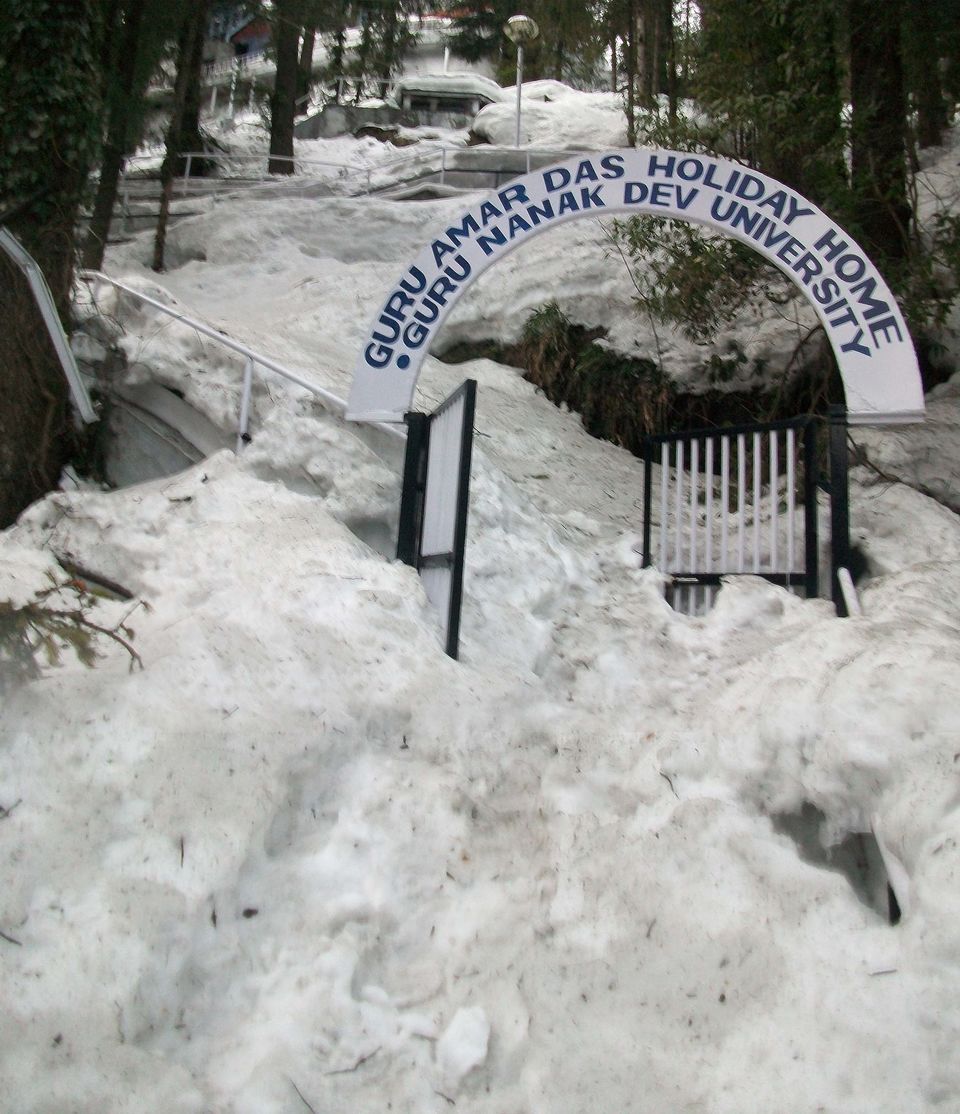
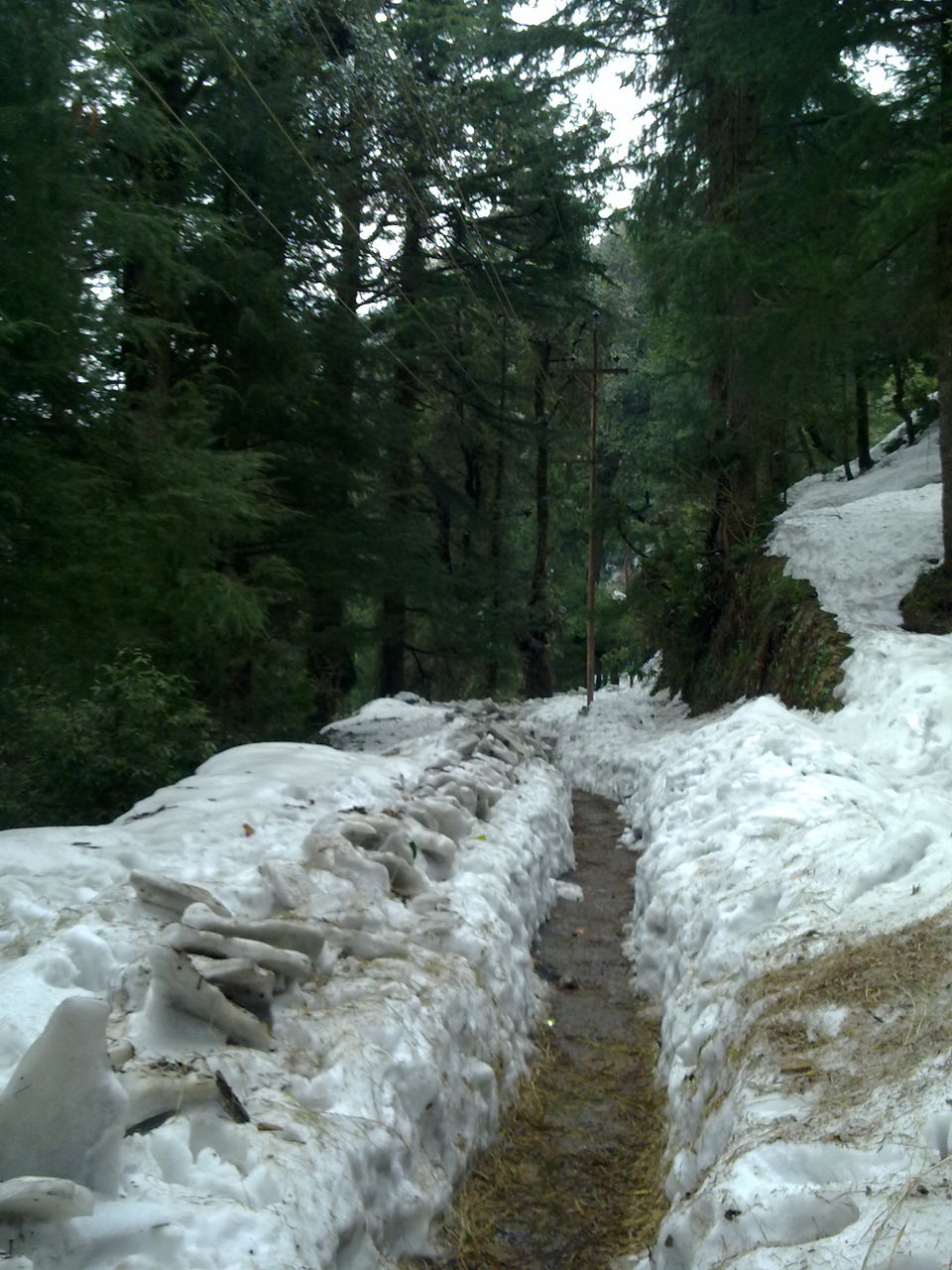
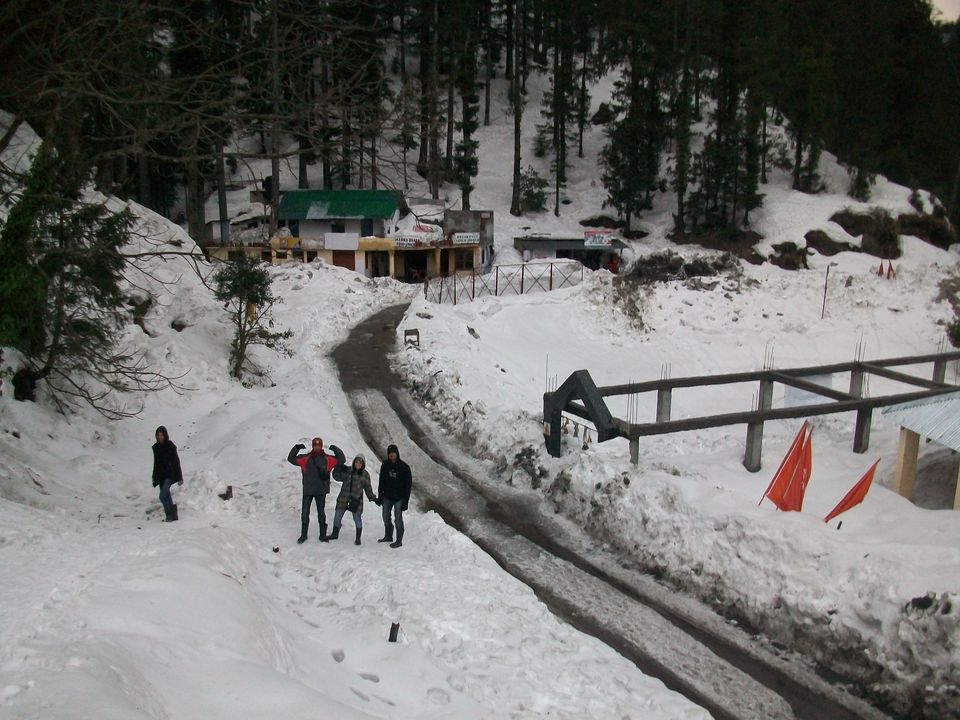
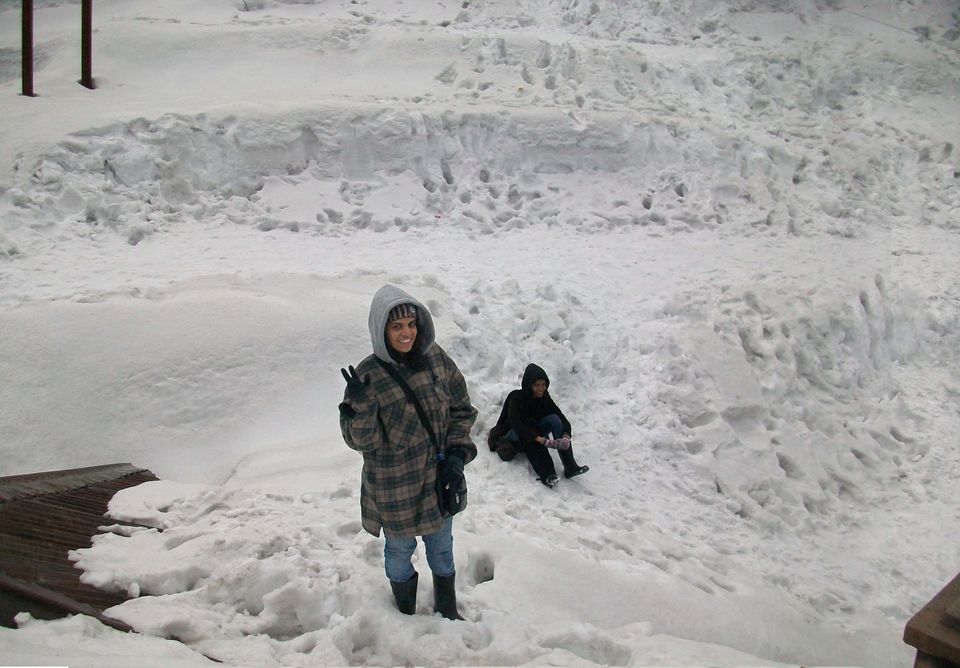
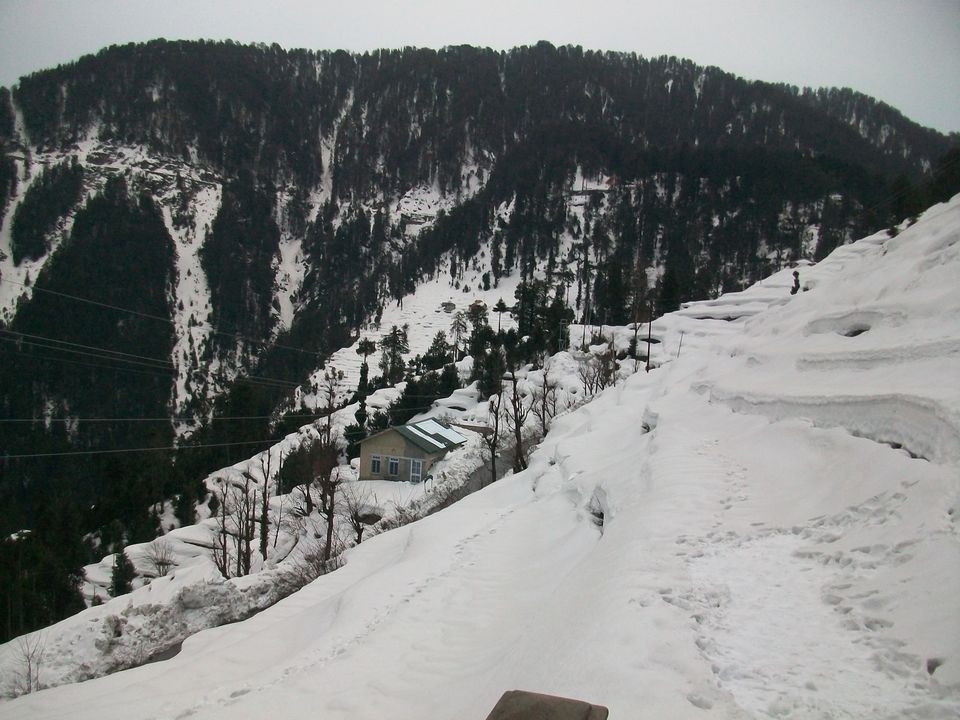
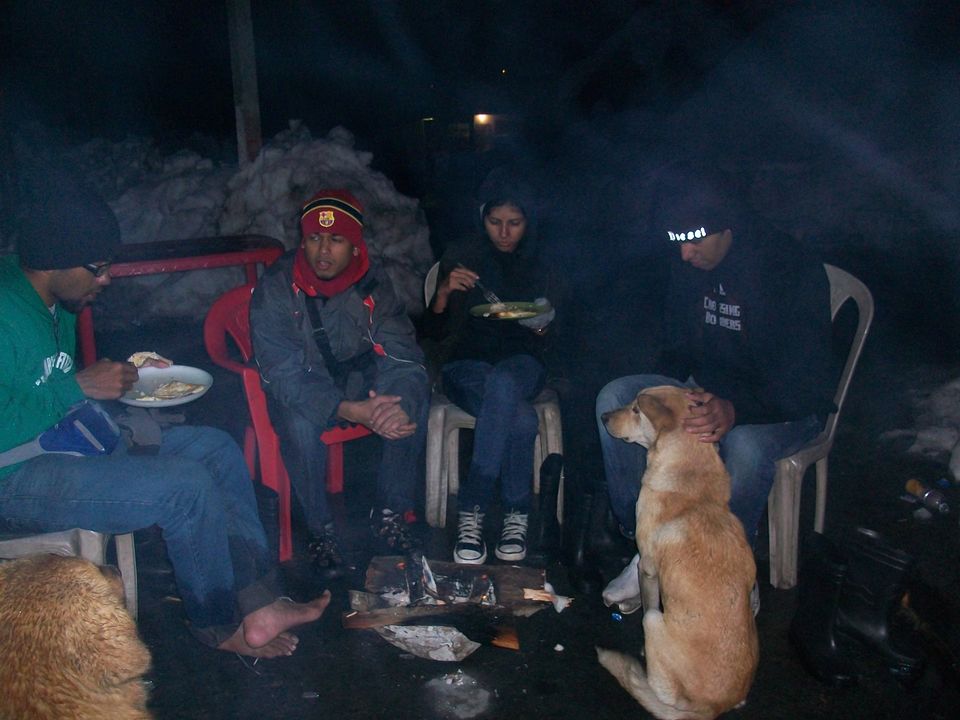
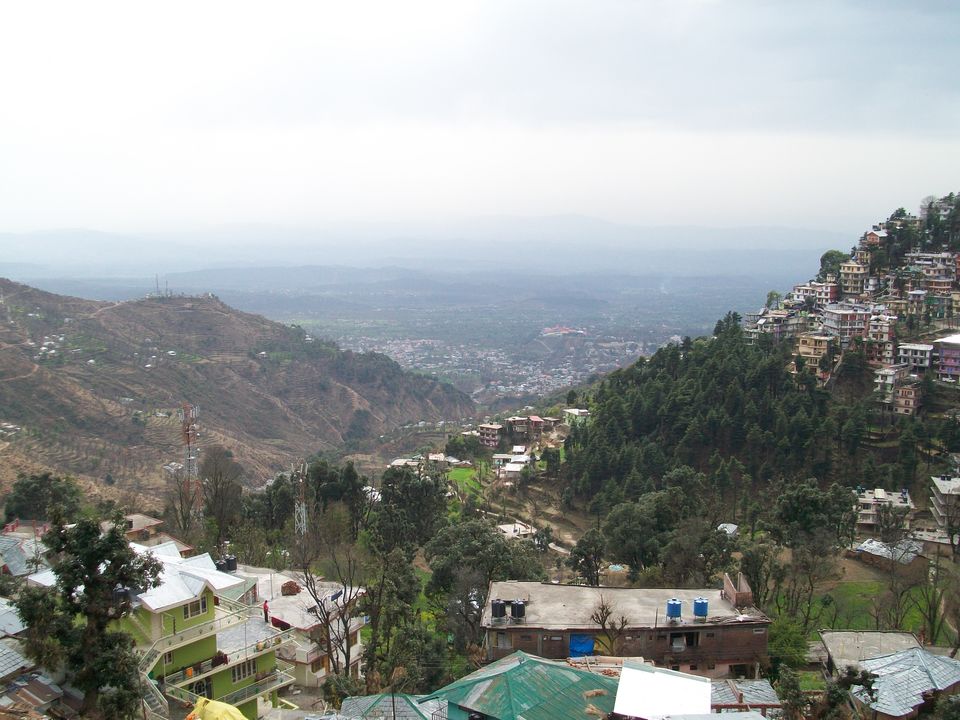
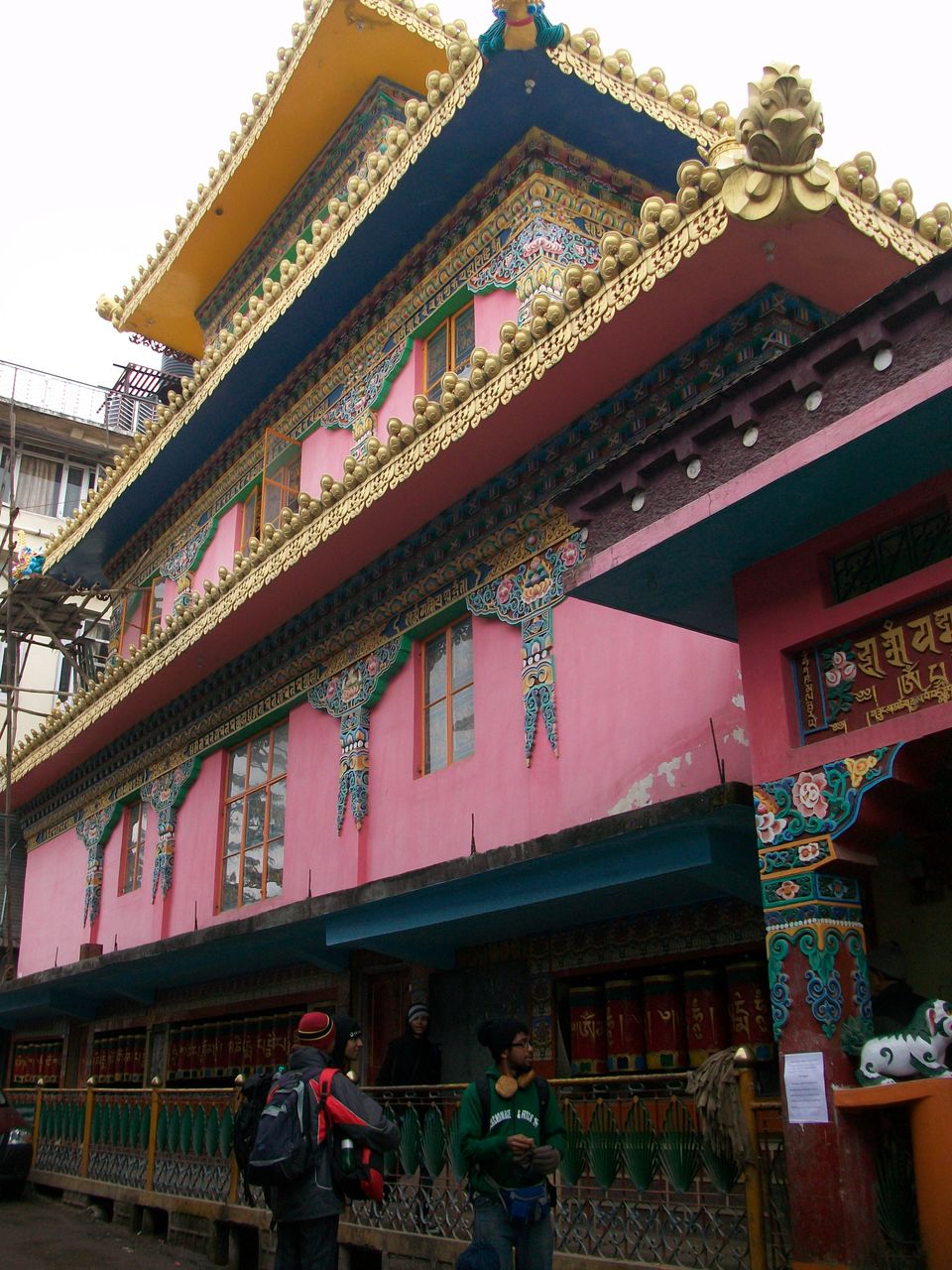
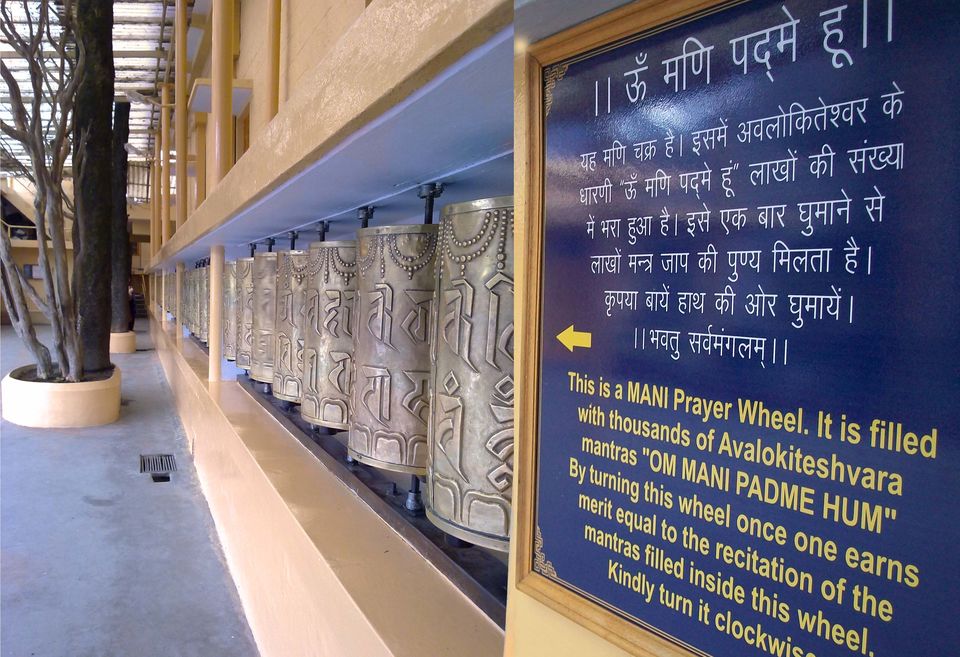
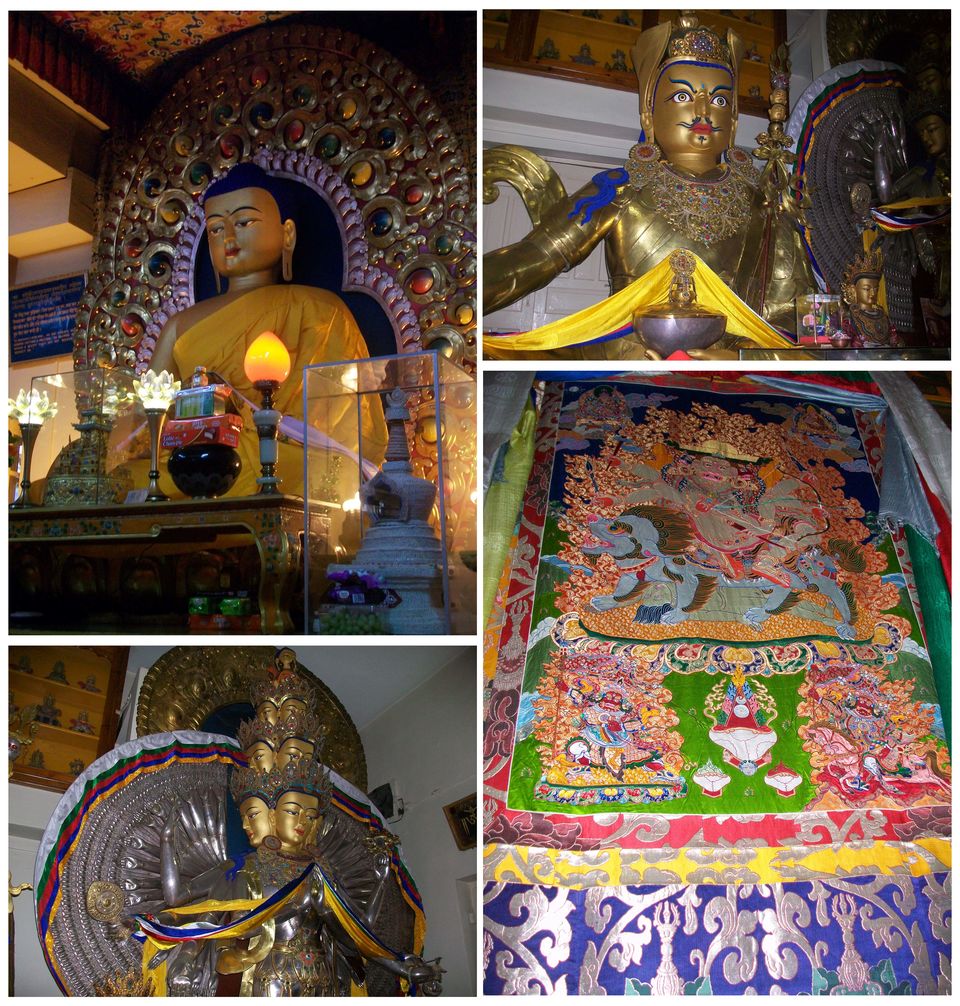
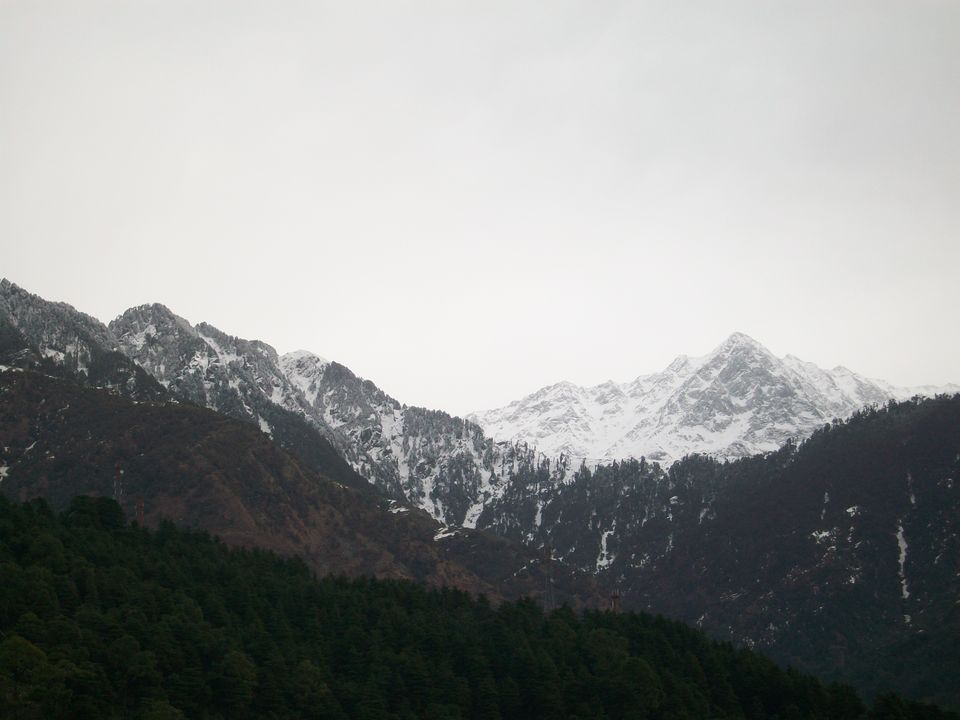
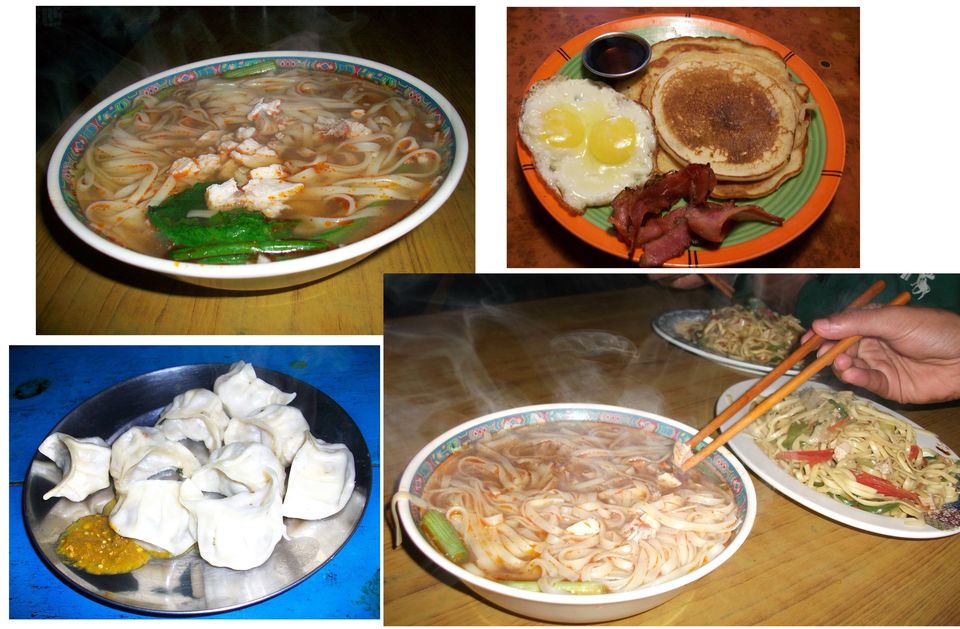
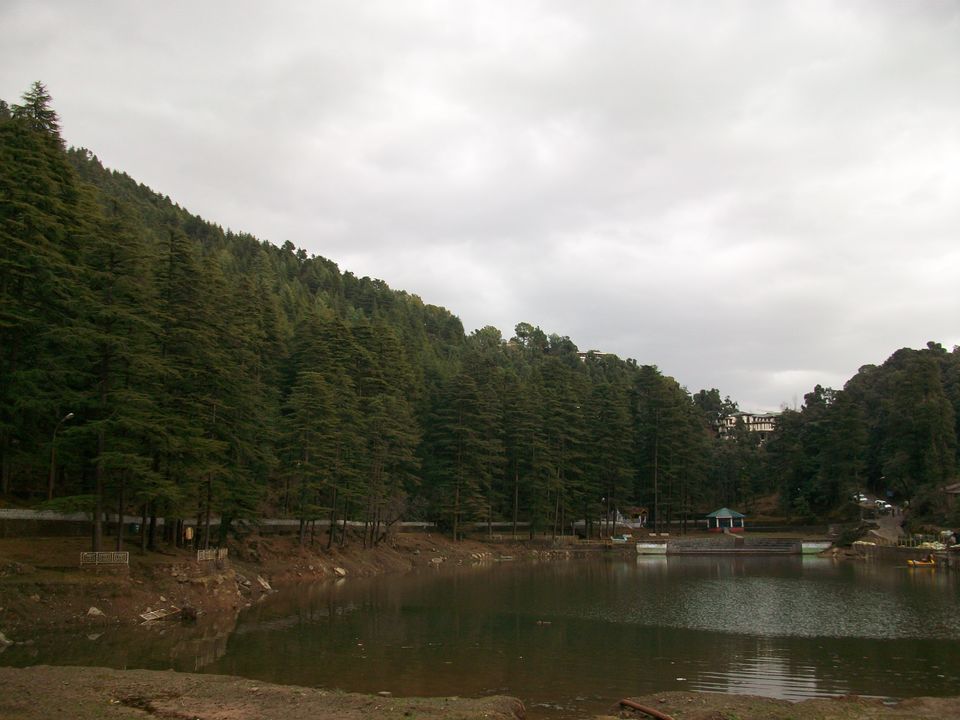
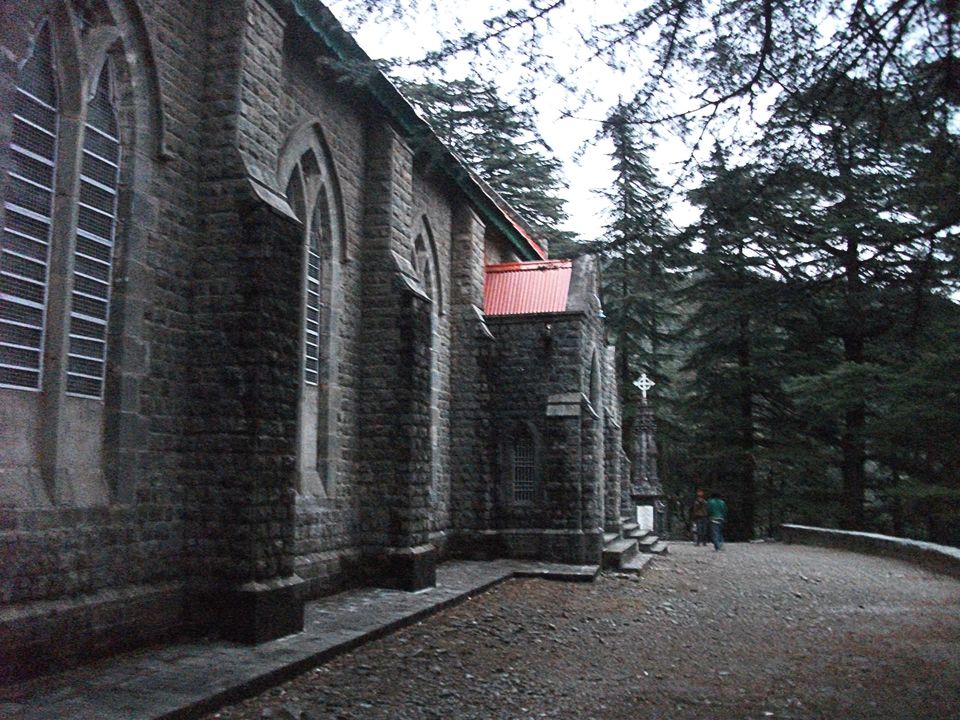
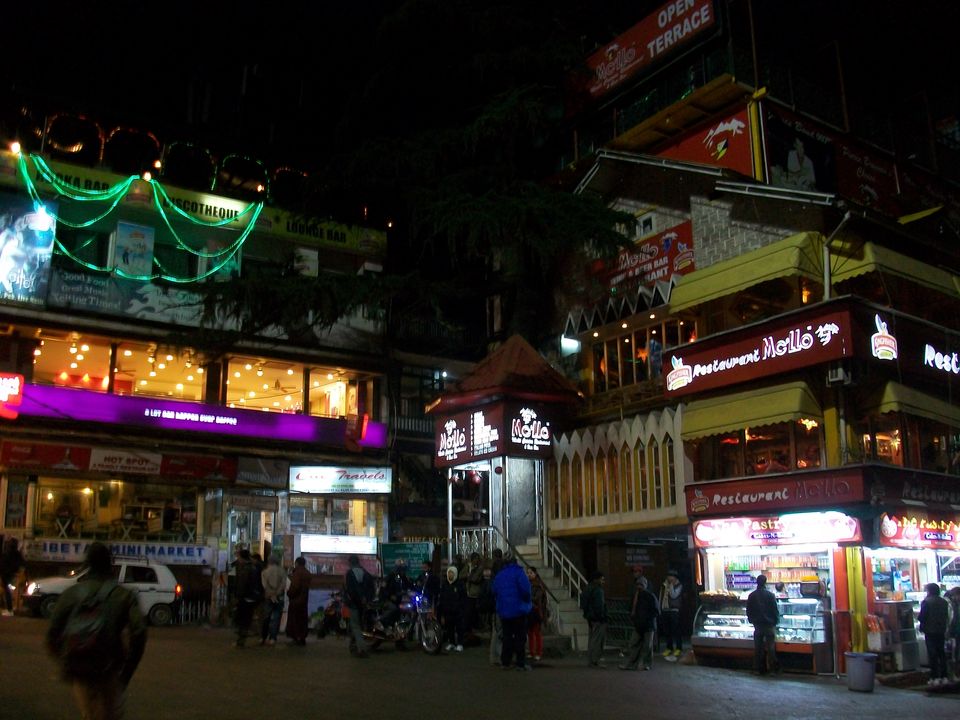
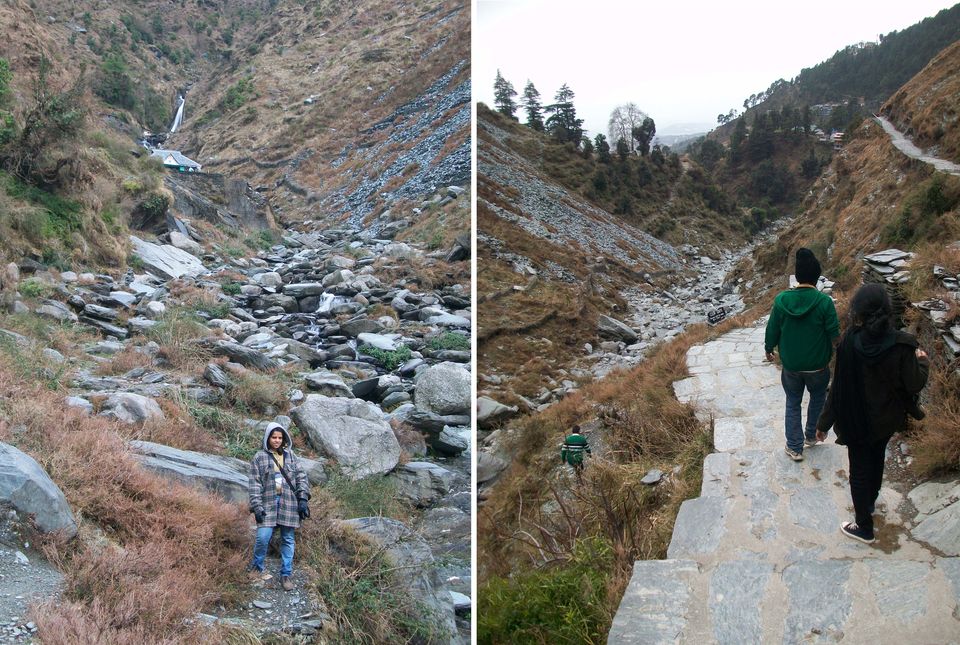
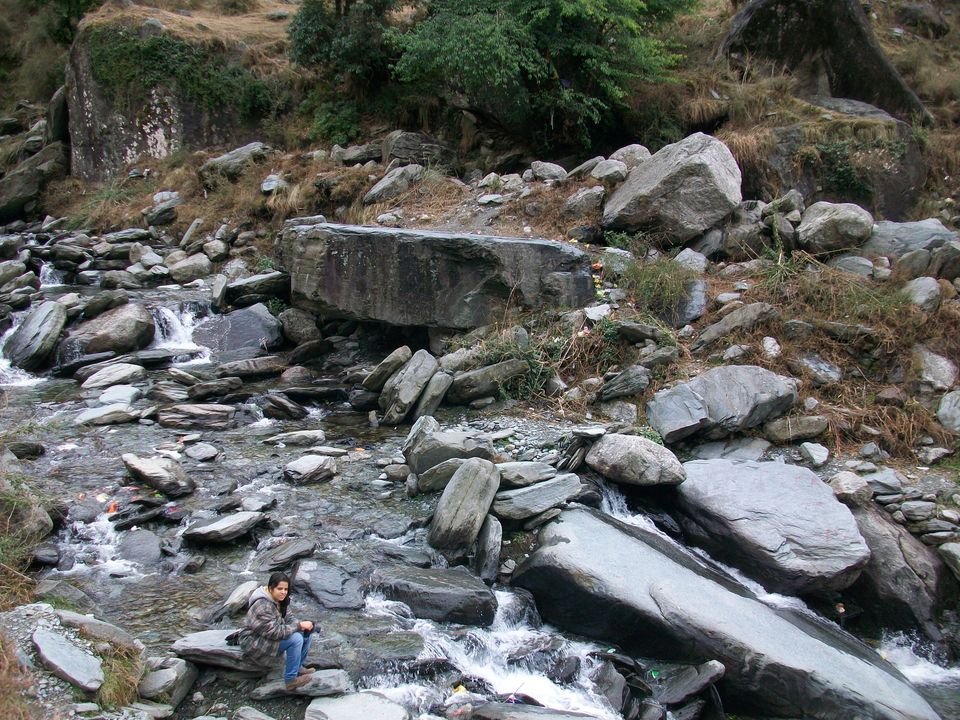
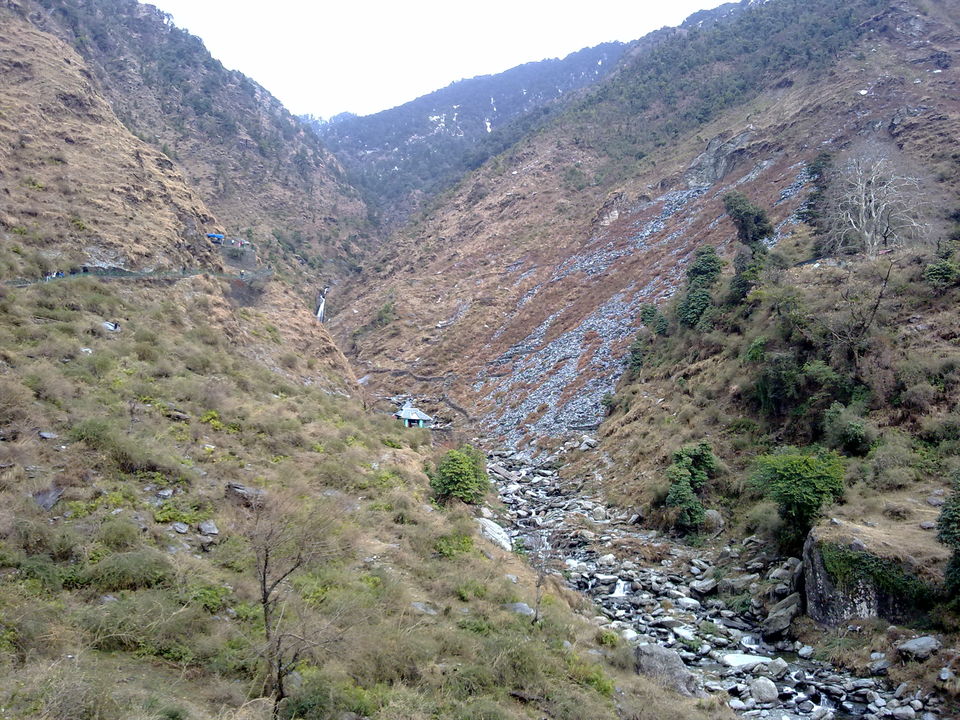
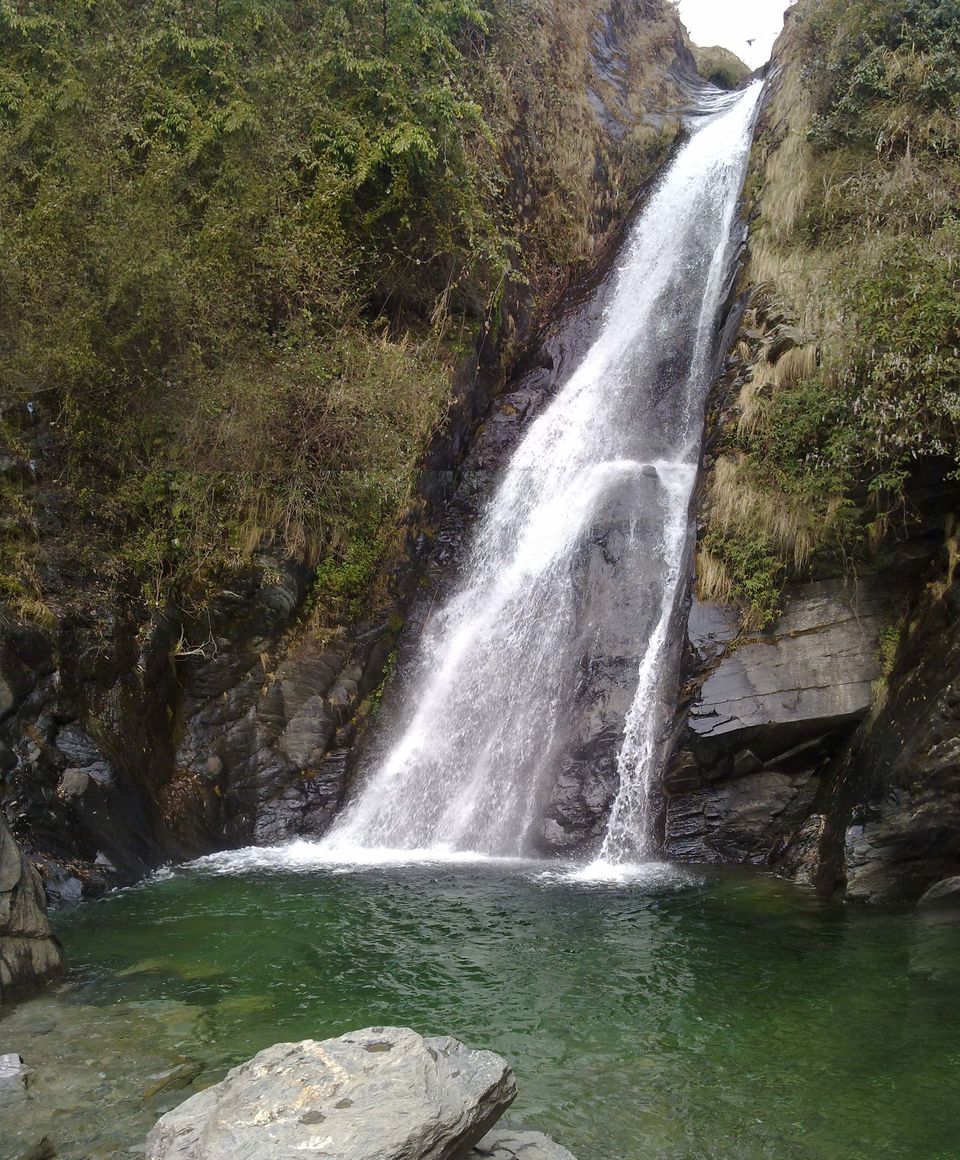
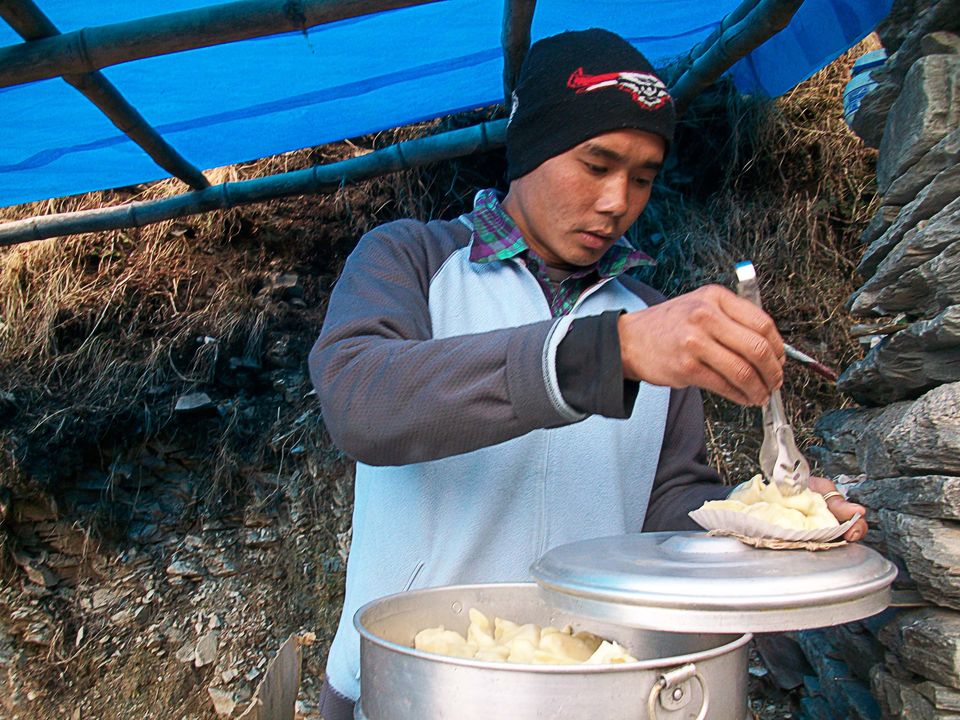
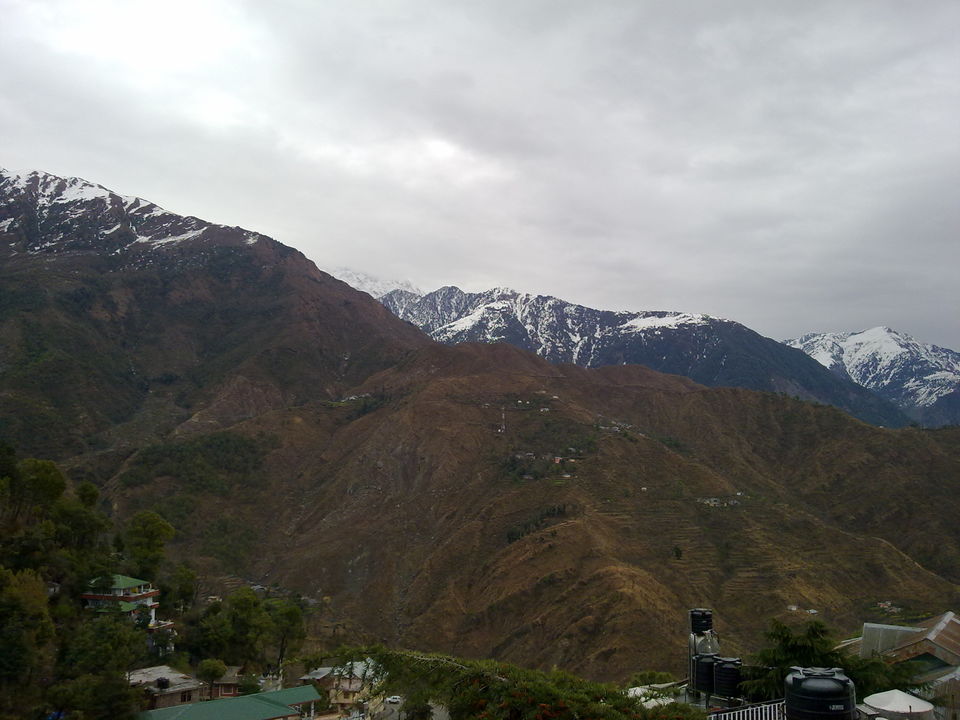
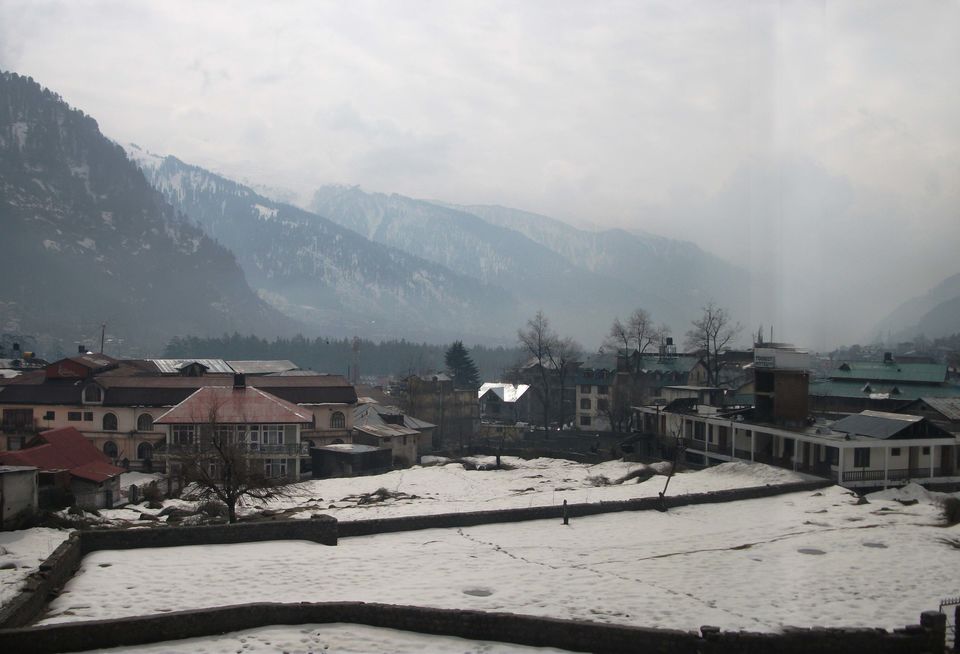
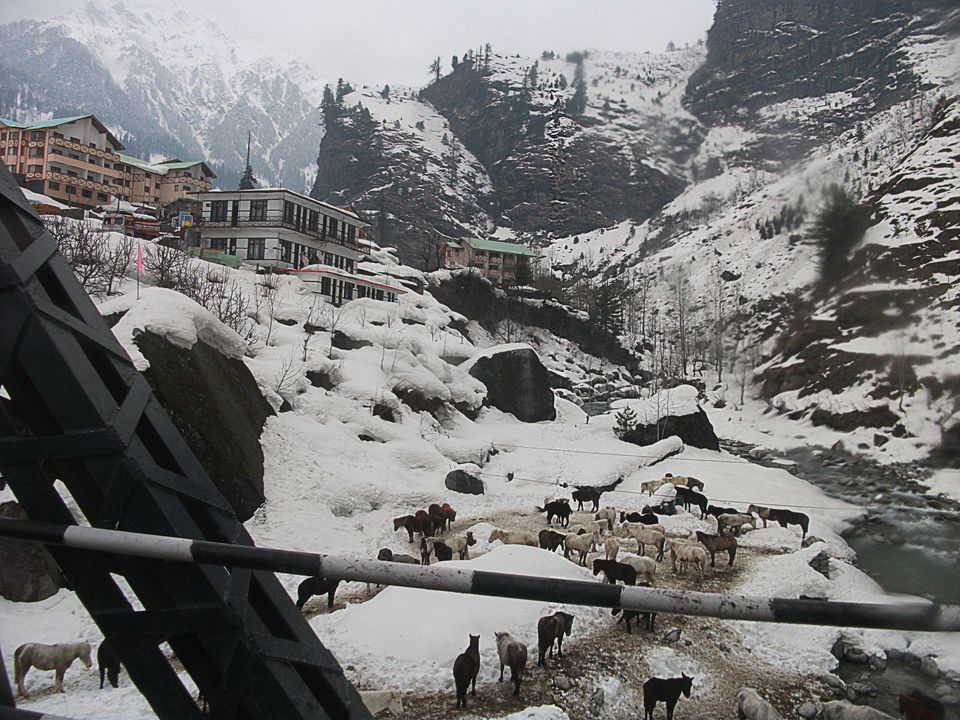
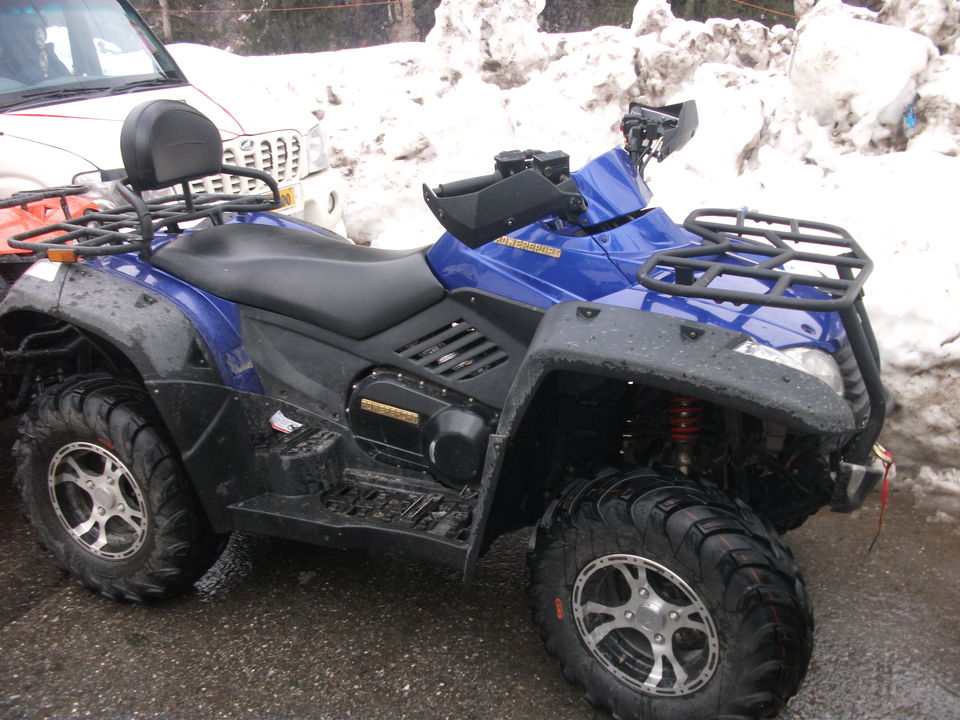
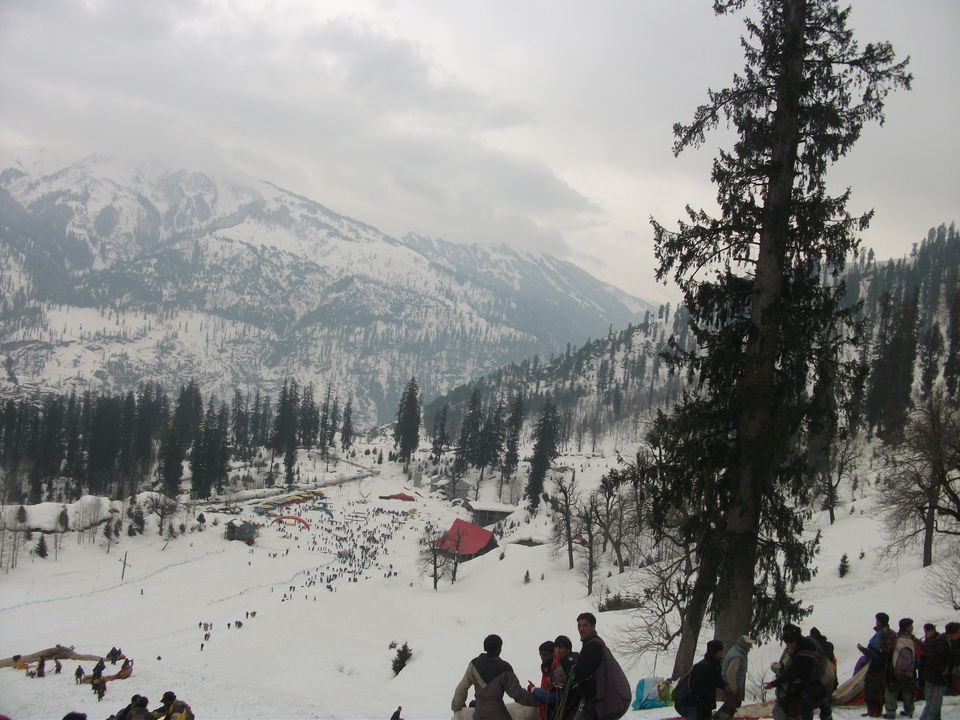
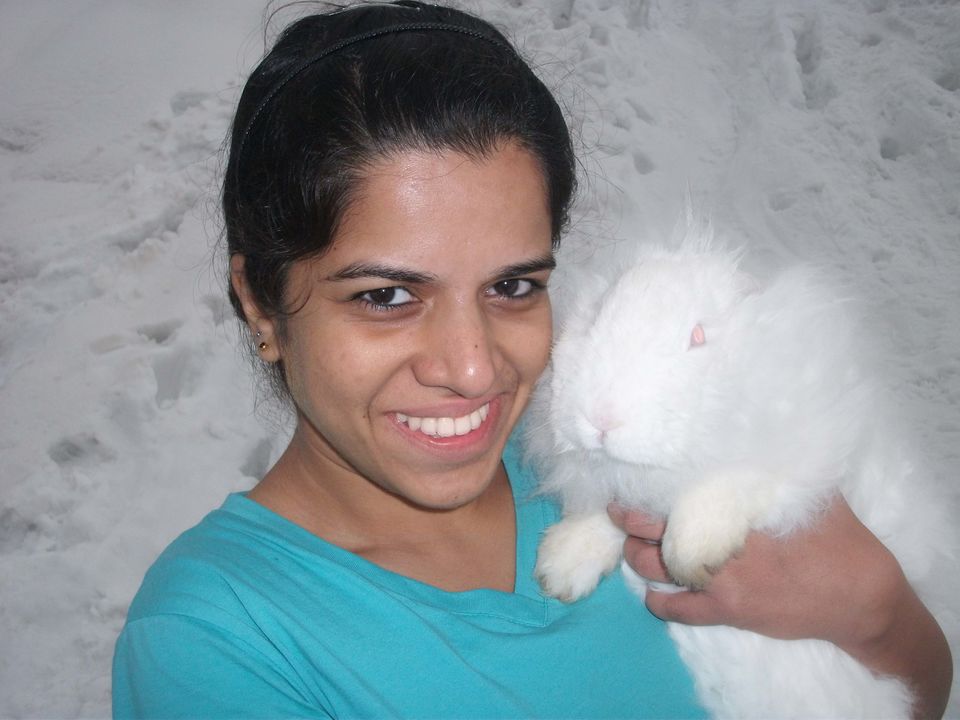
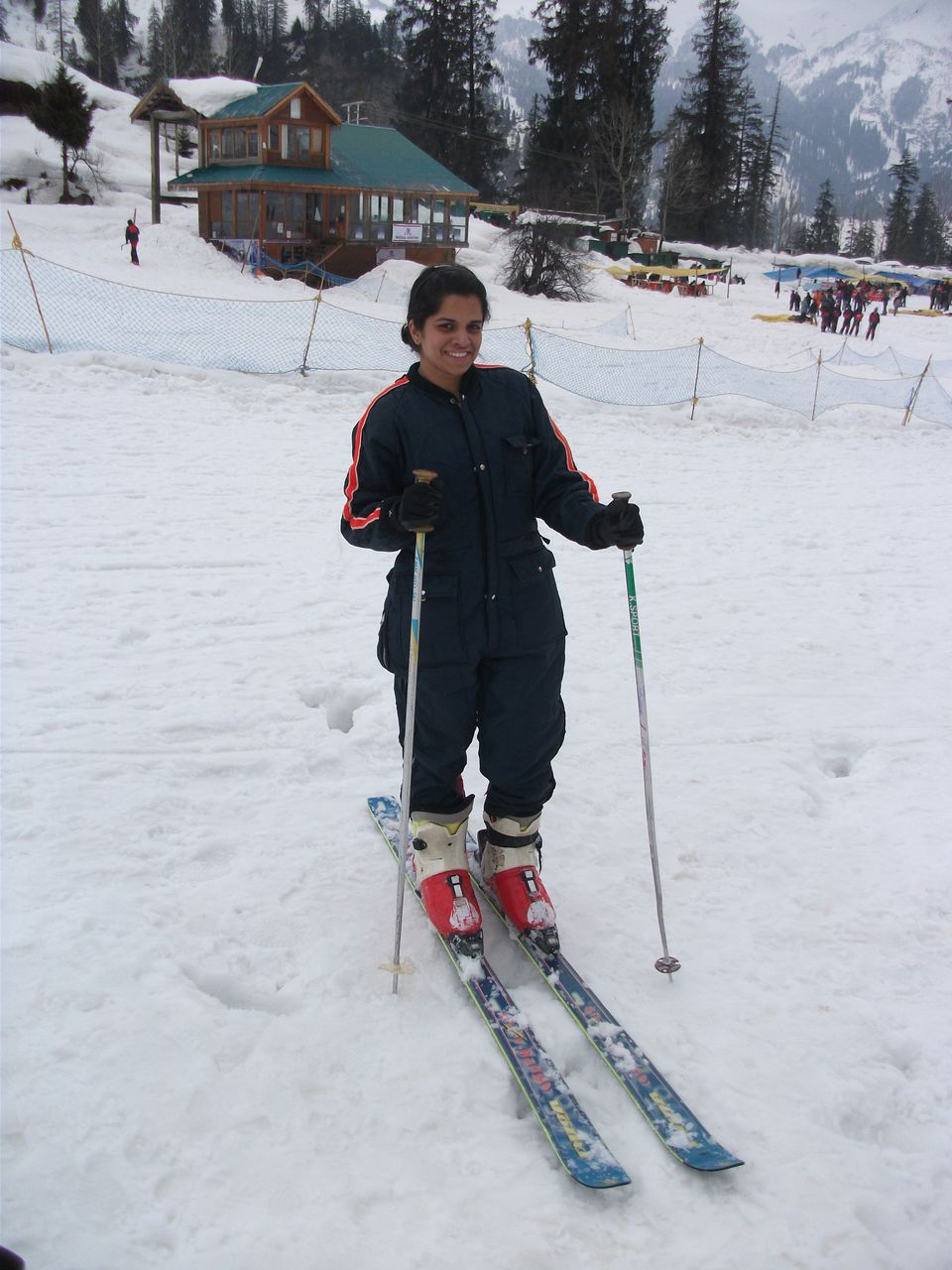
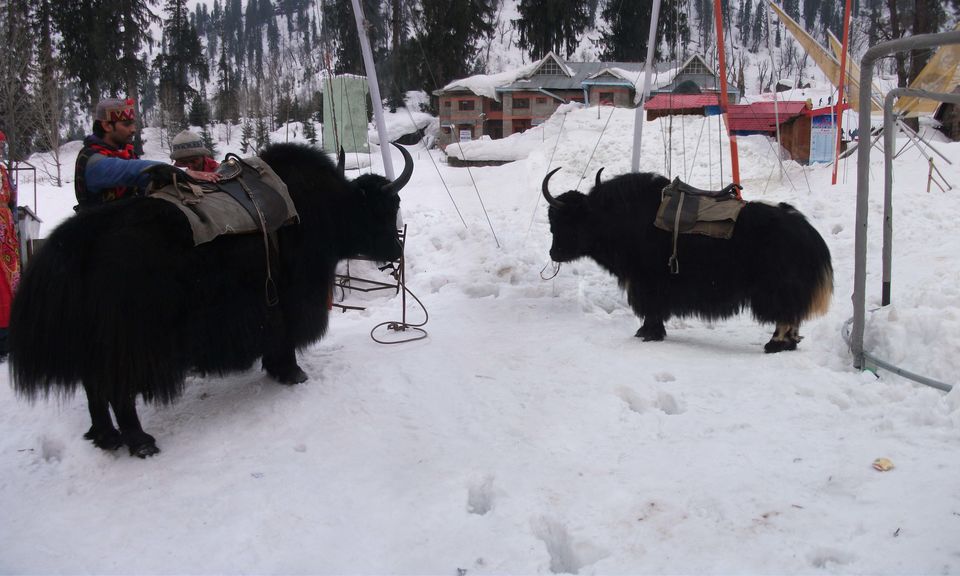
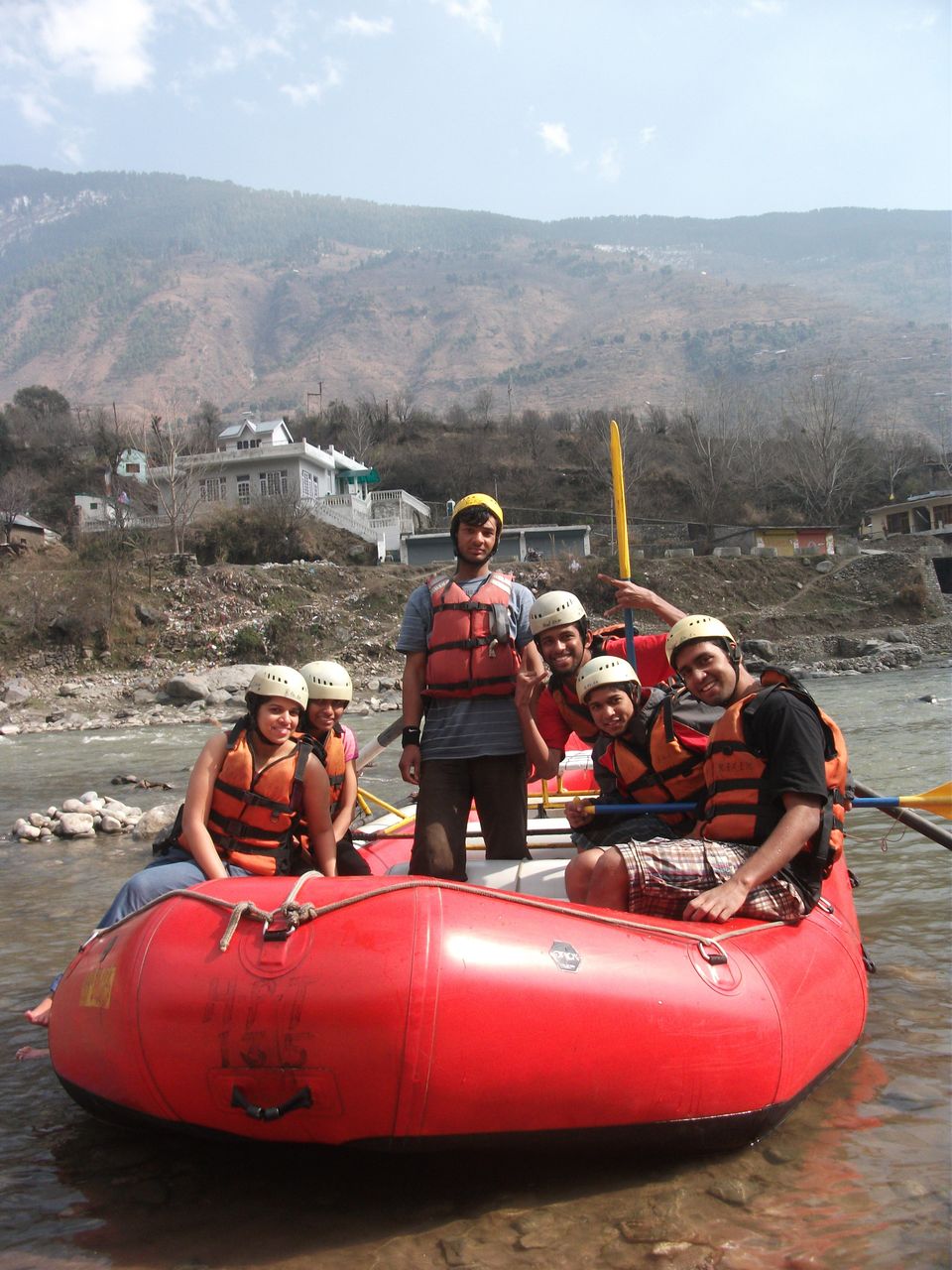
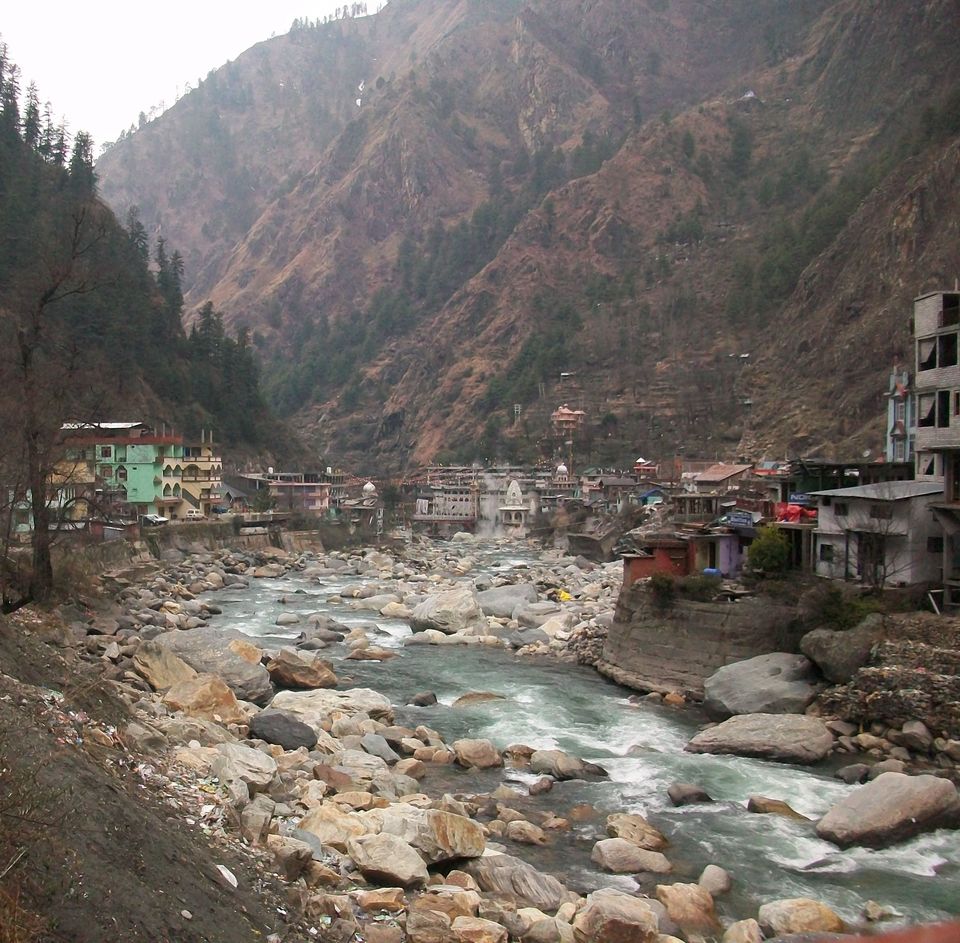
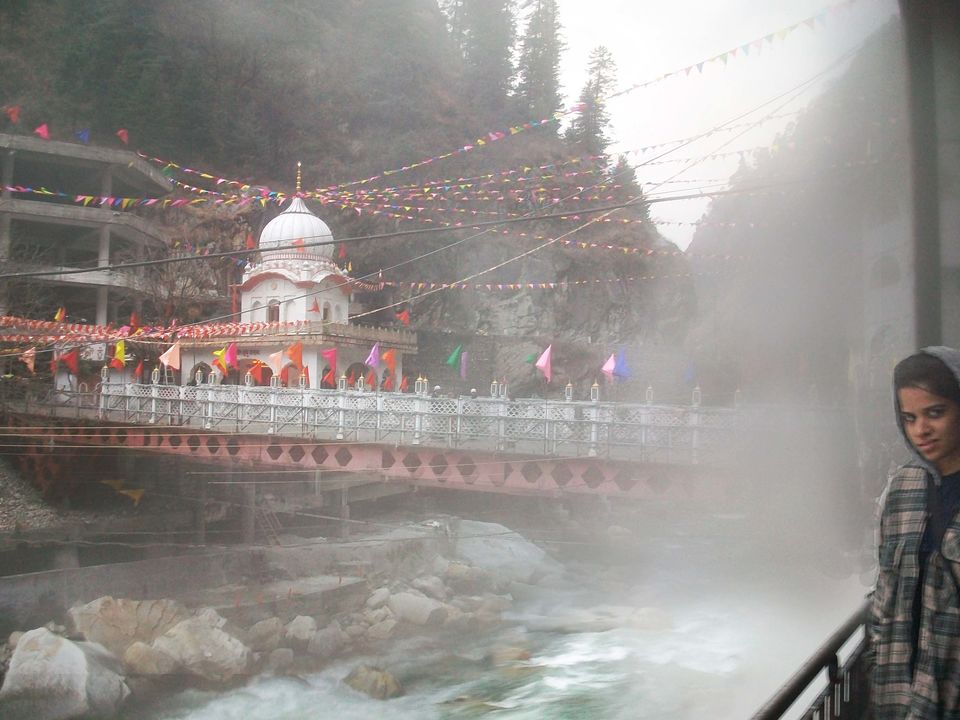
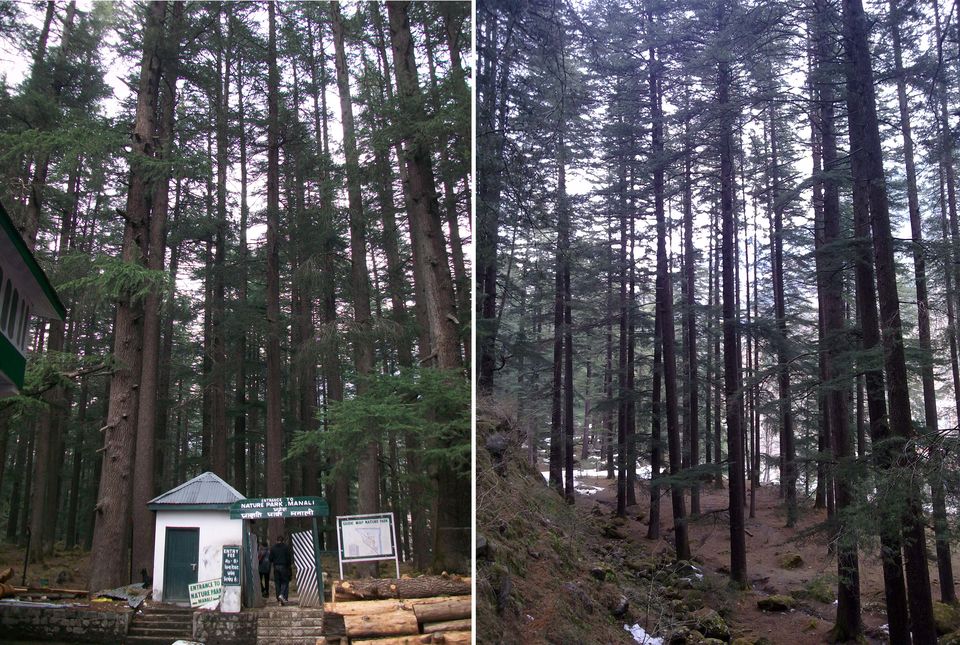
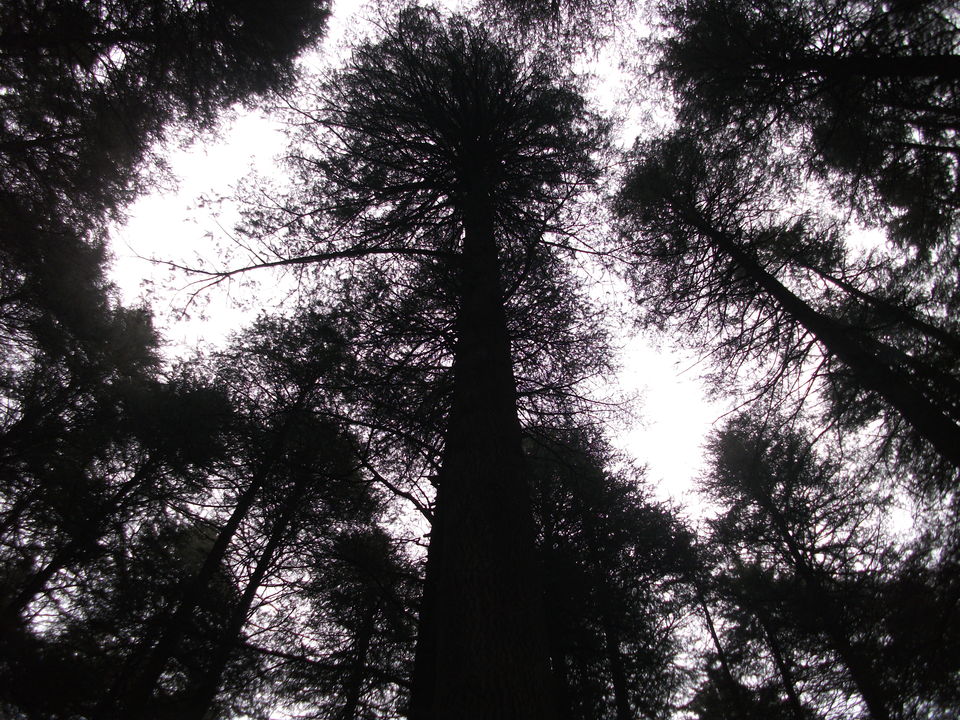
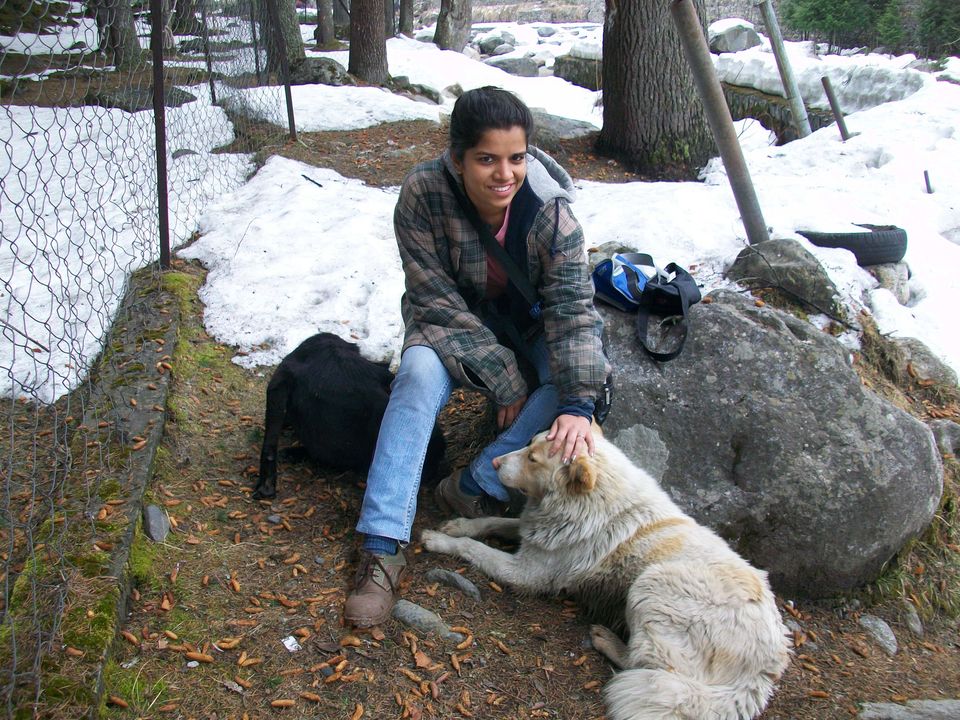
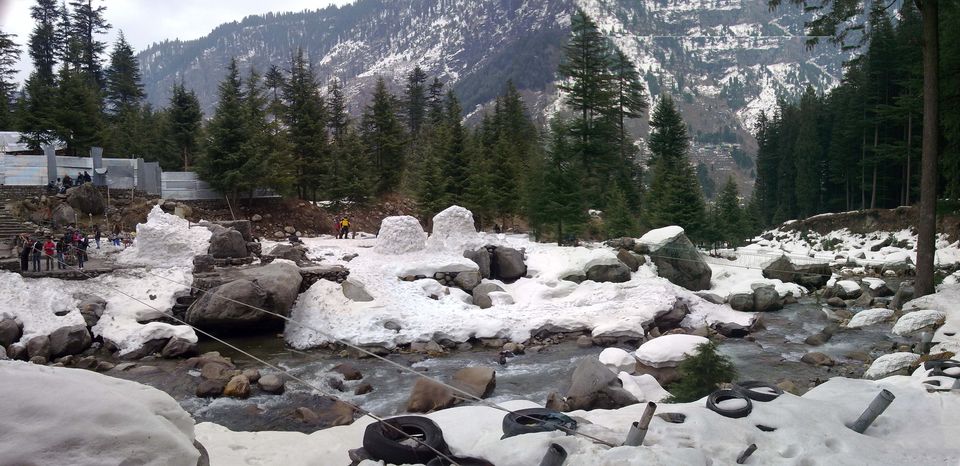
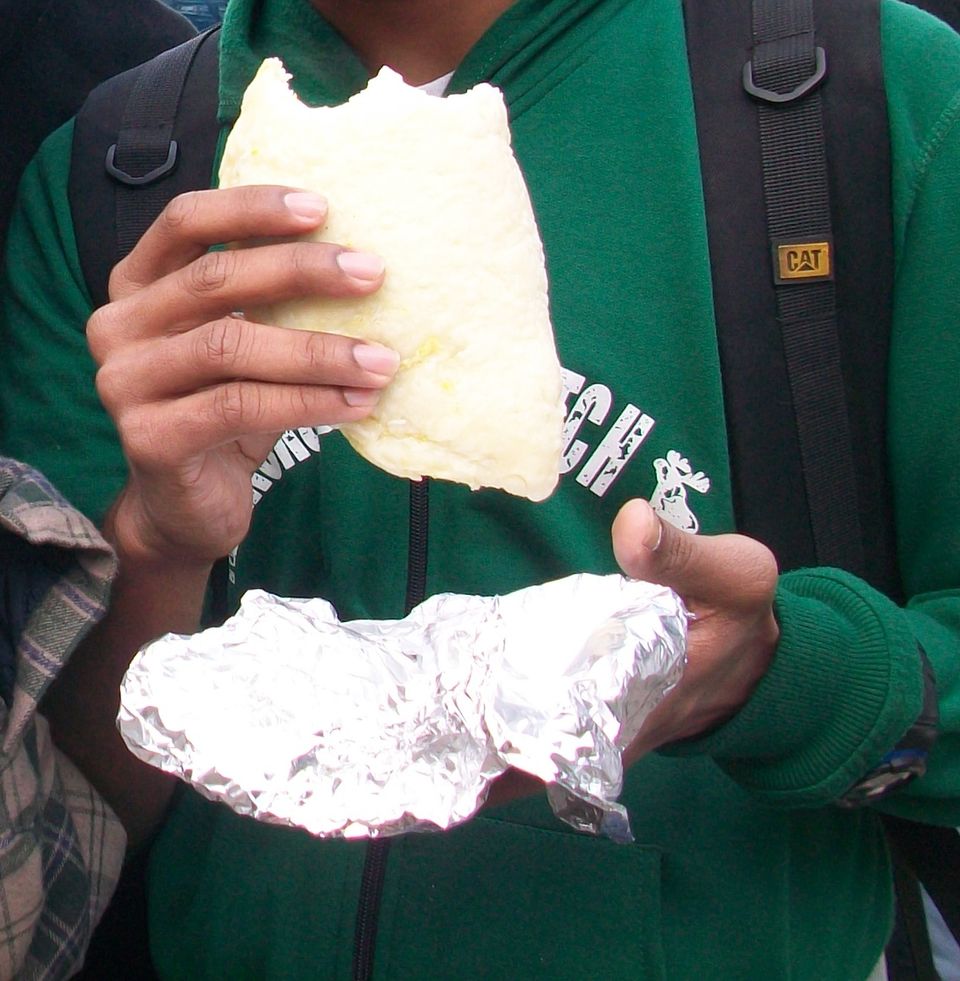
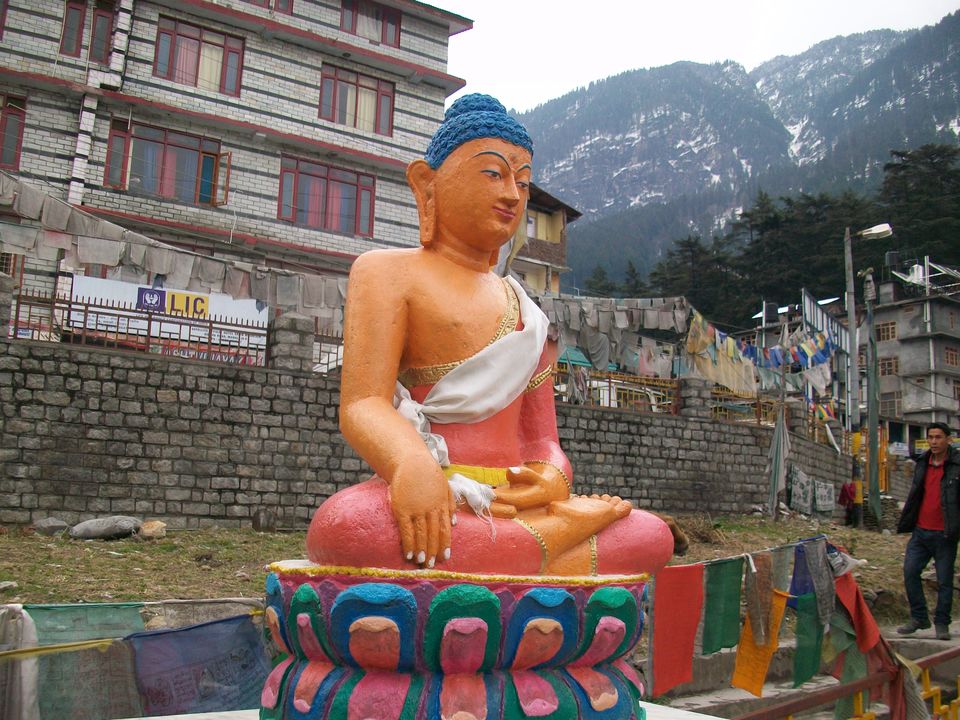
The breathtaking Himachal Pradesh is welcoming in all seasons. From winter wonderland to summer paradise, the climate almost changes the appearance of this entire state. From black and white hues in the winter to a colorful palate in the summer, Himachal Pradesh is truly mesmerizing, almost as if the Gods use it as their color box.
This time my visit was during the winter and almost everything was buried in snow, I plan to repeat my route in the summer to experience the change in scenery. I highly doubt a single lifetime is enough to explore Himachal Pradesh in all the seasons but I am going to make the best with the time I have. Till we meet again beautiful Himachal Pradesh.
Getting there, it all depends on where you want to start your journey. Himachal Pradesh has 5 major "tourist" entry points (Dalhuosie & Chamba, Dharamshala & Palampur, Kullu & Manali, Shimla and Paonta Sahib). From each of these locations one can travel deeper into the deodar region. These are connected by rail, road and air to major cities in other states.
My economical option is always TRAINS. My route was Delhi - Pathankot - Dalhousie - Dharamshala(McleodGanj) - Manali - Delhi. My favorite thumb rule while traveling...in order to avoid accommodation costs, travel between locations as much as possible during nights that way you have the entire day to browse the place and a place to rest at night. This time too we had pre-booked all our train journeys a month in advance.
Accommodation tips, tripadvisor! has varied options for hotels, be it luxury or budget. Find the one that suits you the best, the reviews on tripadvisor will help you decide based on hotel up keep and accessibility to the main city and attractions.
For this trip we made no accommodation bookings. Being winter, finding a roof over our heads was not a difficult task, just ask around the bus stop or restaurants and someone would guide you to the nearest guesthouses. If you hire a private taxi, the drivers have many hotel contacts. However during peak summer season its best to book your accommodation in advance.
Food. Food. Food. The food is very similar to that or north Indian food but it has a different taste to it mostly because of their ingredients. If you get a chance try some of the Himachali cuisine like Mandra, Maahni, Batt, Mitha Saloona, Bhujju, Saag, bhagjery, jhoul, sidu, khatti dal to name a few. When in the tibetan region try the tibetan cuisine like dumplings/momos(noodles, goat, yak, mutton), Tibetan cheeses/butter, Soups(Sepen), Sha Phaley, Balep, spicy stews, Thukpa(a broth meal).
Things to do. known for its mist covered landscapes and mountains; breathtaking scenic view; mountains peaking through with their snow caps; forests dense with ever so tall deodar treesfir trees,spruce tress and blue pine; apple orchids; lush green meadows; gushing rivers, need I describe more?? One can opt for the adventure like water rafting, paragliding, skiing, Mountaineering, Kayaking; nature lovers can trot through one of the many trekking options varying from easy to difficult terrains; explorers can venture out to discover one of the million hidden treasures this landscape has; OR simply be a child, slide down snowy slopes, try to make a snowman as your fingers get numb and have snowball fights; experience daunting silence at one of the many monasteries; stroll through the parks and feel as small as an ant among the tall deodar trees.
A few necessary and useful tips:
- If you travel in the winters, carry a lot of warm clothes and shoes suitable for walking on snow.
- Don't forget to try the local himachali dishes if possible
- Do not liter on the roads, forests, parks or the surrounding
Just outside the railway station you will have access to the New Delhi metro station. You can hop on the yellow line to reach Chandni Chowk.
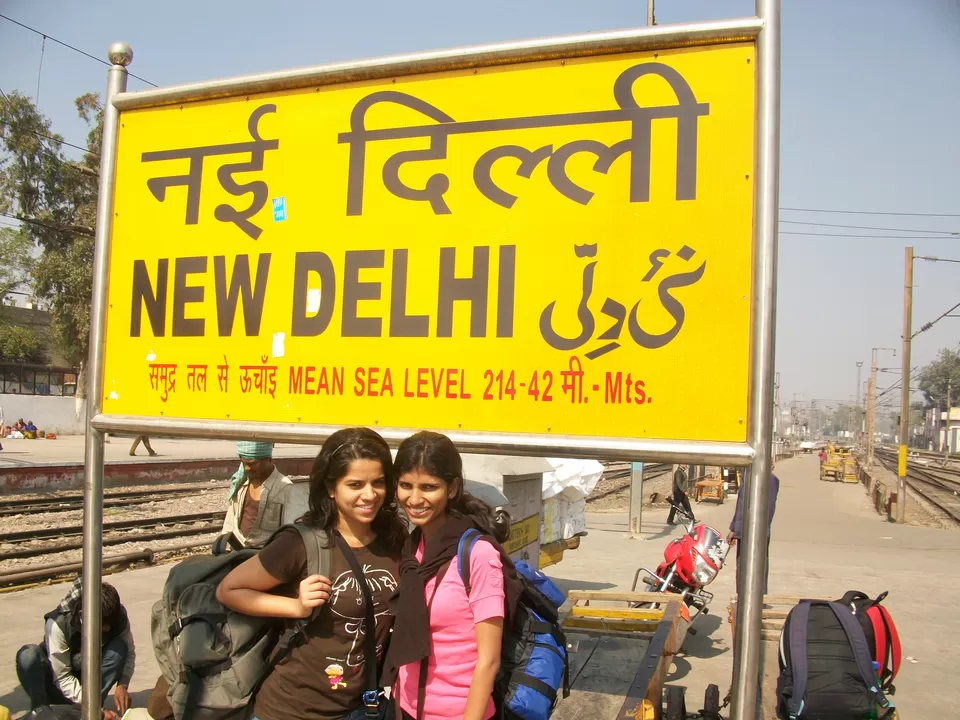
I love this place for the wholesale market but the crowd can be a bit too much. The lanes are small for people to walk on but every now and then a bike or tuk-tuk will venture in these lanes and then you will hear people vent their anger. The market area has a lot of shops in the lanes selling sareers, fabrics, stationery, decorations, appliances, hardware, jewelry and food!
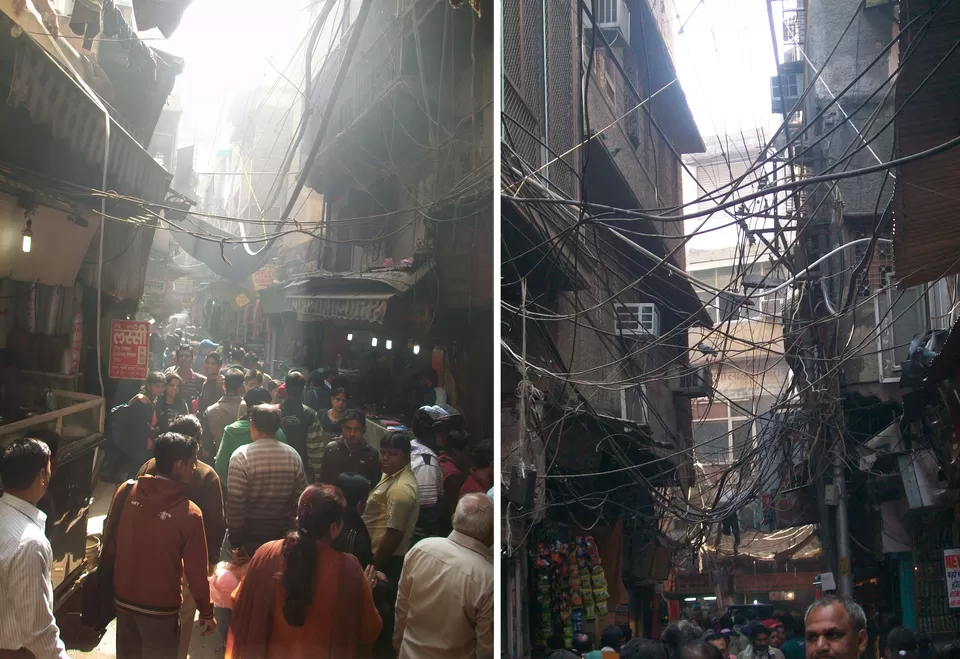
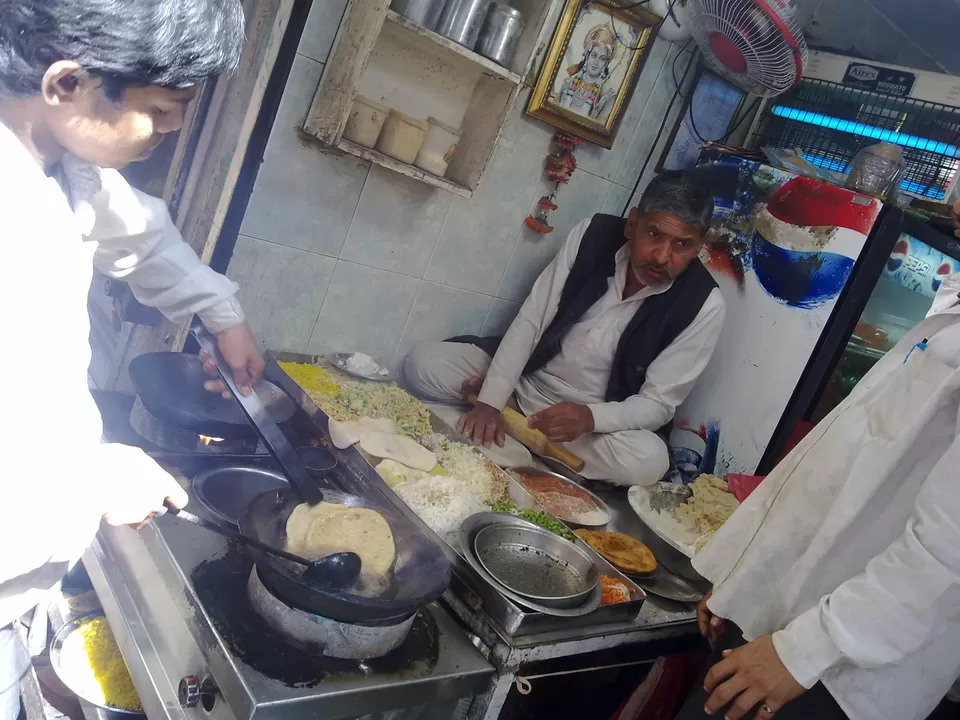
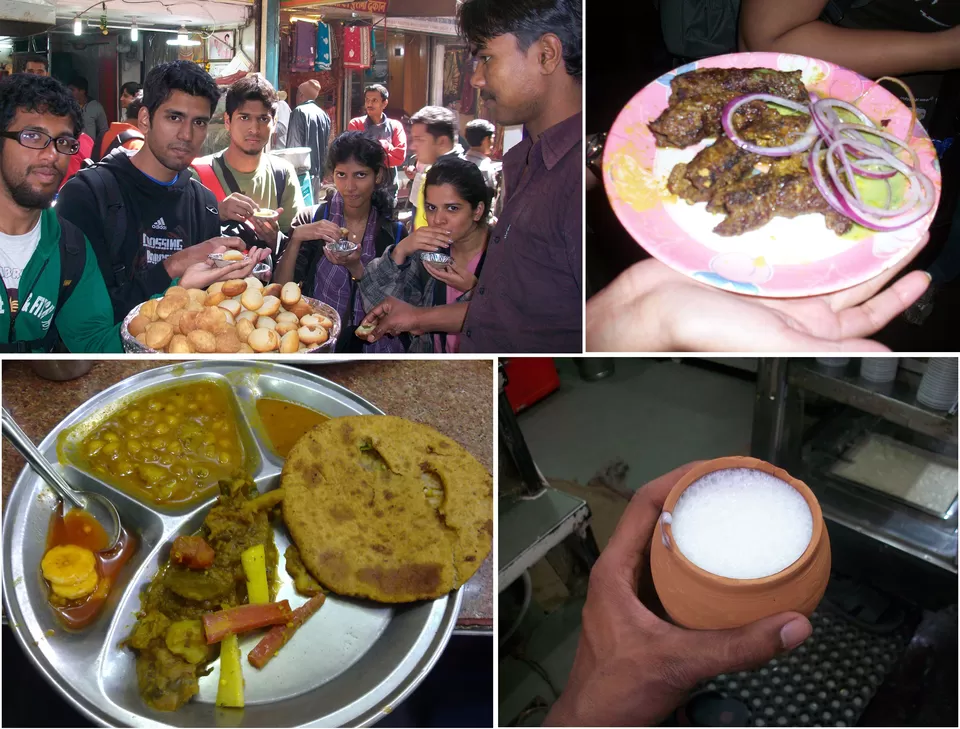
Also known as Lal Quila was home to the Mughal emperors, it is enclosed by massive red sandstone walls. The red fort is within walking distance from chandni chowk and is worth a visit.
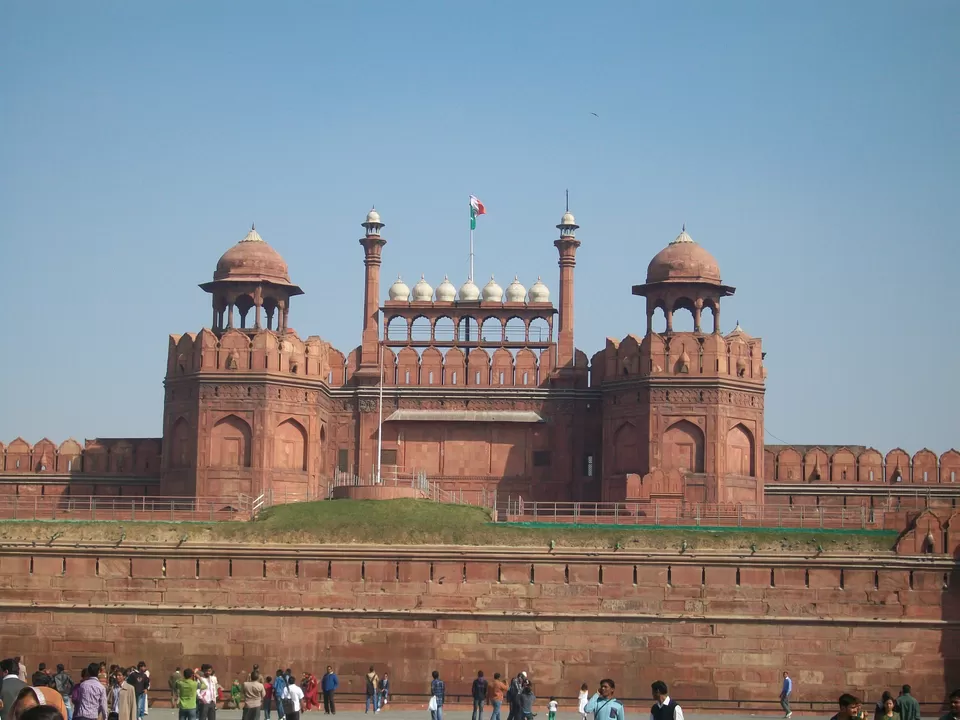
A little further down and opposite Red fort is Meena Bazaar and Jama Masjid. Meena Bazaar in the Mughal era was a market set up by the women of noblemen to sell items to raise money for charity, it was closed to public. Now on the contrary, the market is open to public and you will find rows of small stalls selling leather items, winter jackets, scarfs, fabrics, etc. Jama Masjid is a large mosque built with red sandstone and white marble.
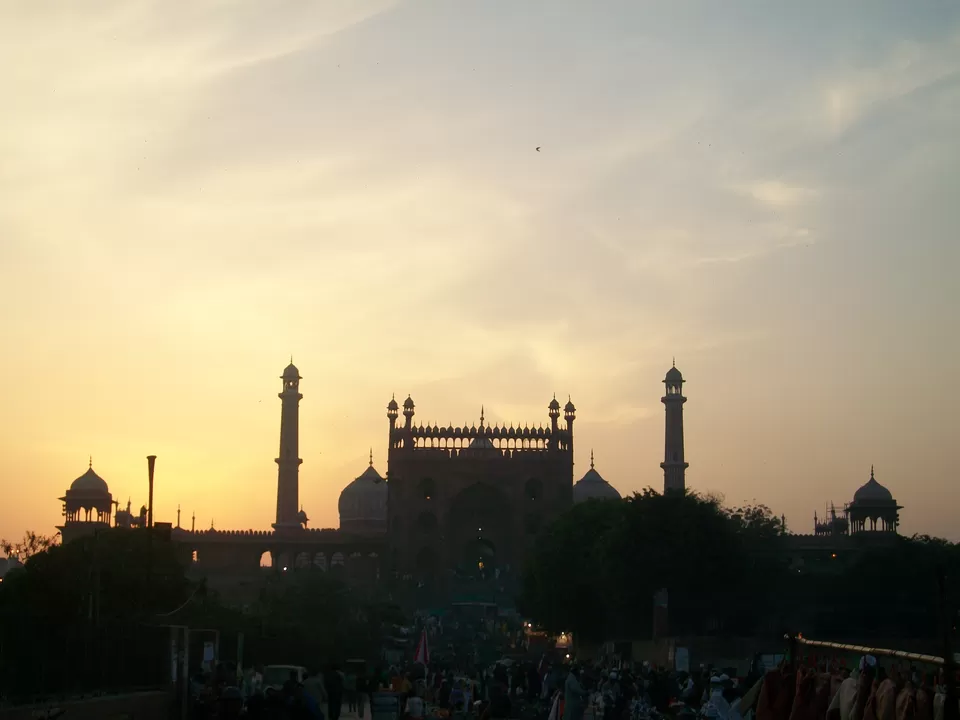
We had an overnight journey by Jammu Mail taking us from Old Delhi railway station to Pathankot. As you step outside Pathankot railway station, you can hire a cab(depending on your group size and budget) taking you to Dalhousie or Chamba. As we reached Pathokot early in the morning, our road journey to Dalhousie was through infinite mist cloud and hilly terrain with a view of the deep valleys.
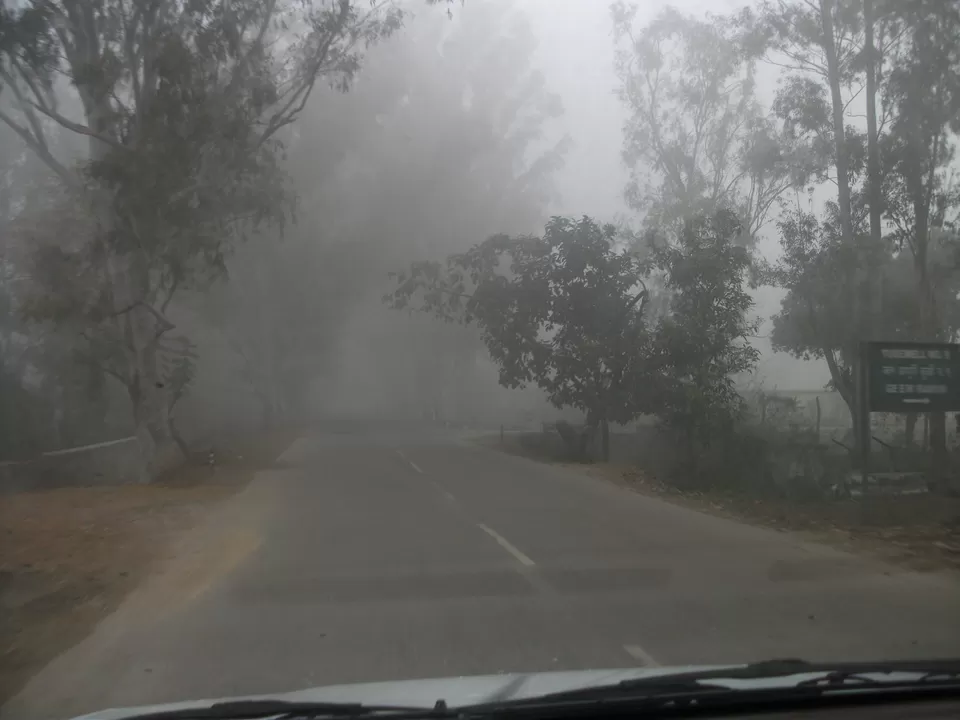
This is a beautiful hill station surrounded by snow capped peaks. My trip was in winter so pretty much everything was covered in snow, rooftops, school buses, schools, you name it. If you visit during the summer or rains there are quiets a few places to visit from 4 major churches to apple orchids to cultivated terraces.
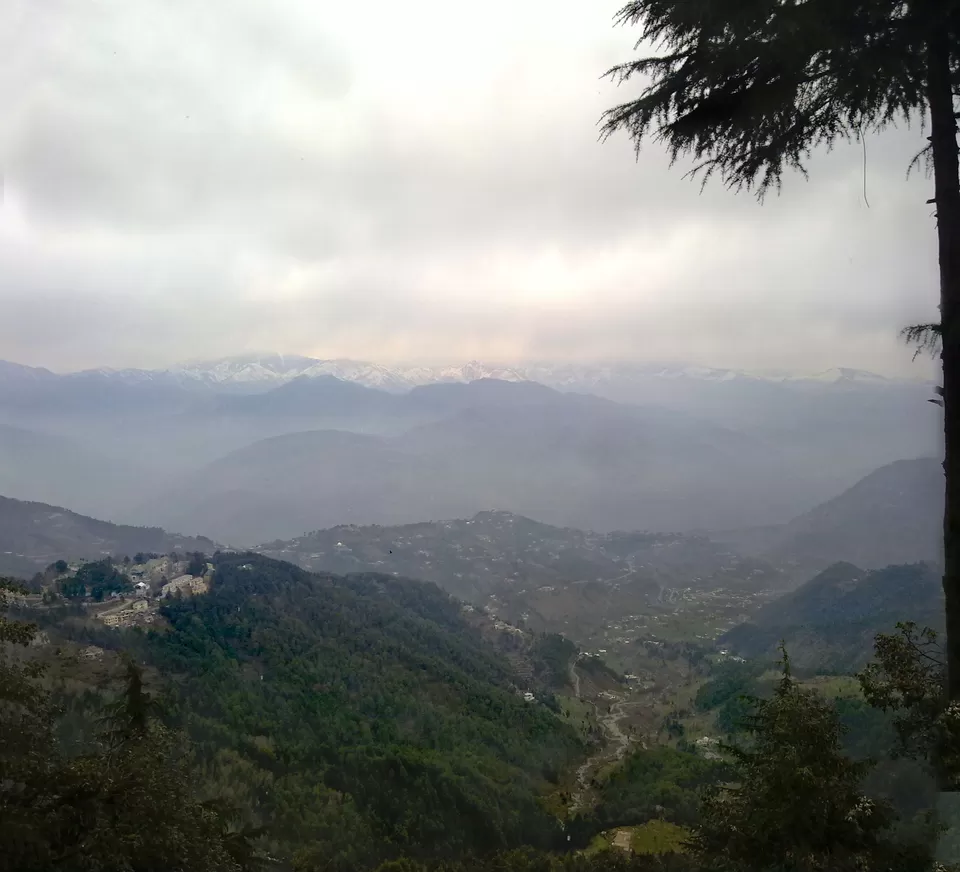
We decided to walk about this small town. We began at Gandi chowk and taking the upper bakrota round we reached Bahra Pathat forest. It was a long walk through snow path & forest so tourists usually hire a taxi to take them there but what is the fun in that. The feeling of being lost is common to explorers but we reached out destination exhausted only to be re-energized by the view. We planned to walk back the same route to return to our hotel, but the darkness of the night and the inception of the dhaba guy about wild animals lurking in the forest convinced us otherwise.
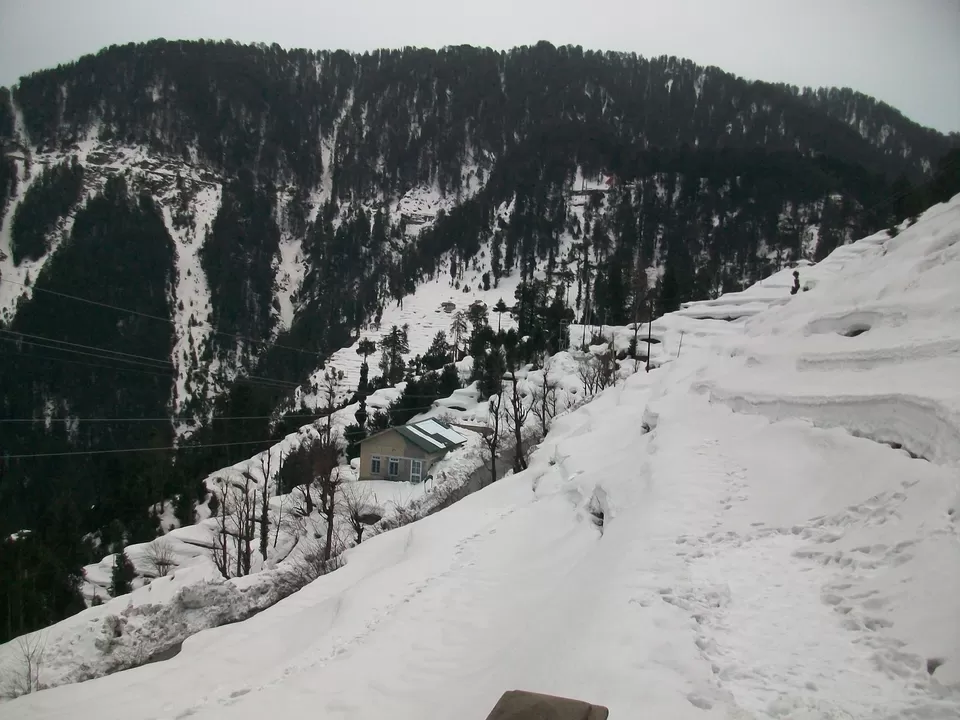
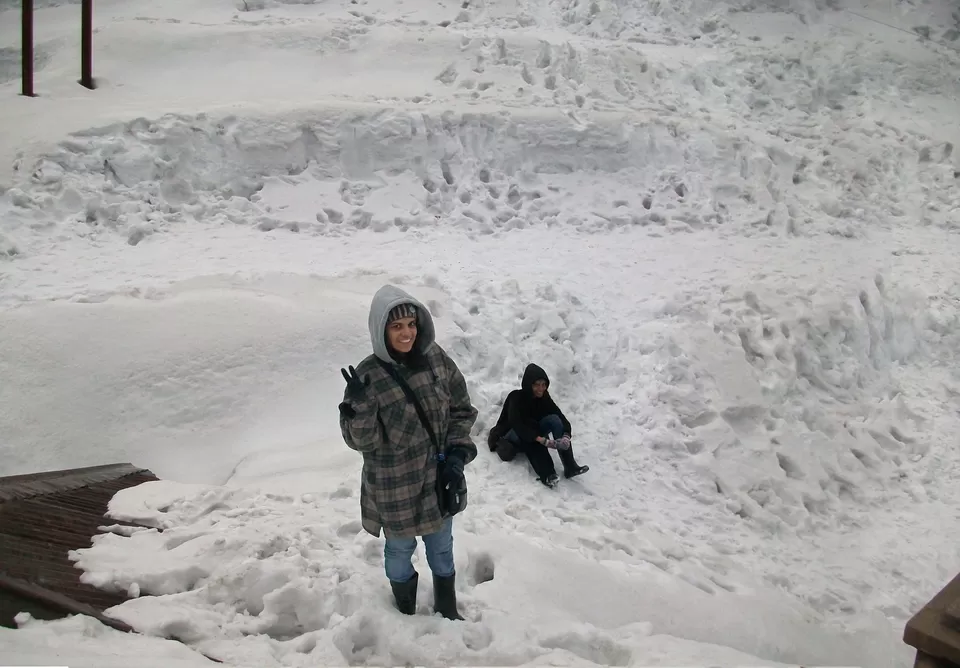
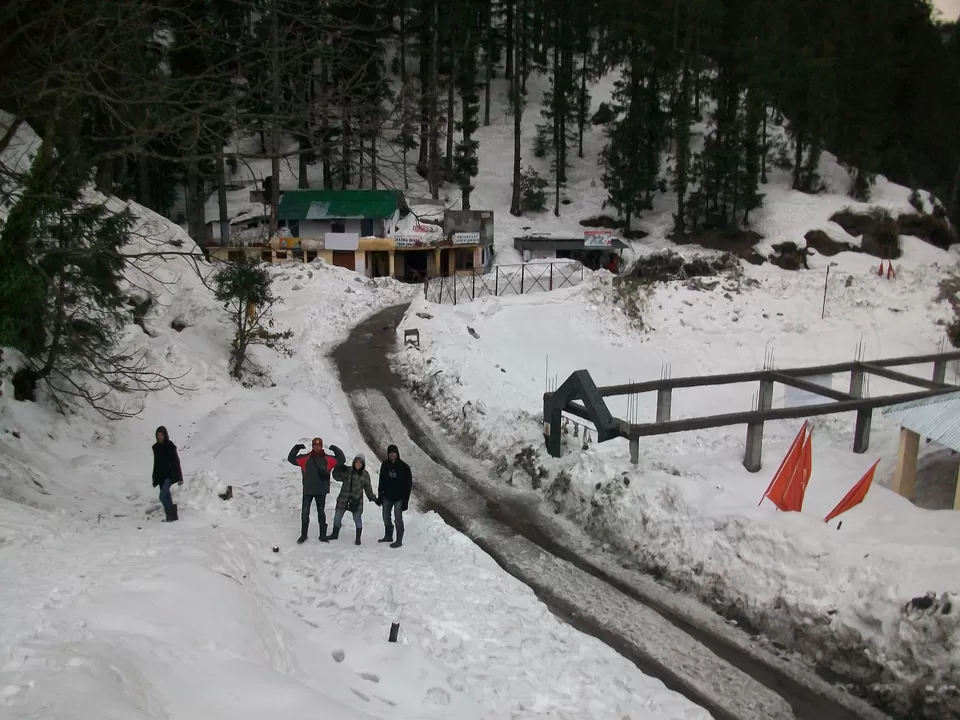
We took an early morning bus from Dalhousie to reach McleodGanj. This is a suburb of Dharamshala and home to large population of Tibetans and Buddhist Monasteries. One can walk about and visit the many Buddhist and Tibetan sites for some peace and tranquility. If time is not a constraint take a hike to Triund for an upclose view of the Himalayas.
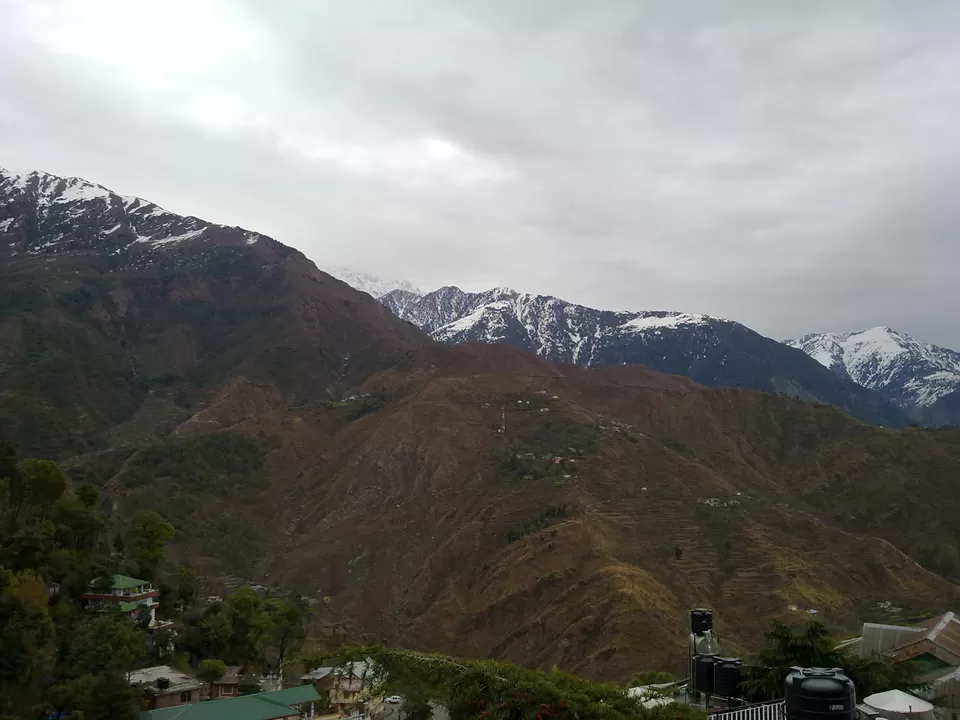
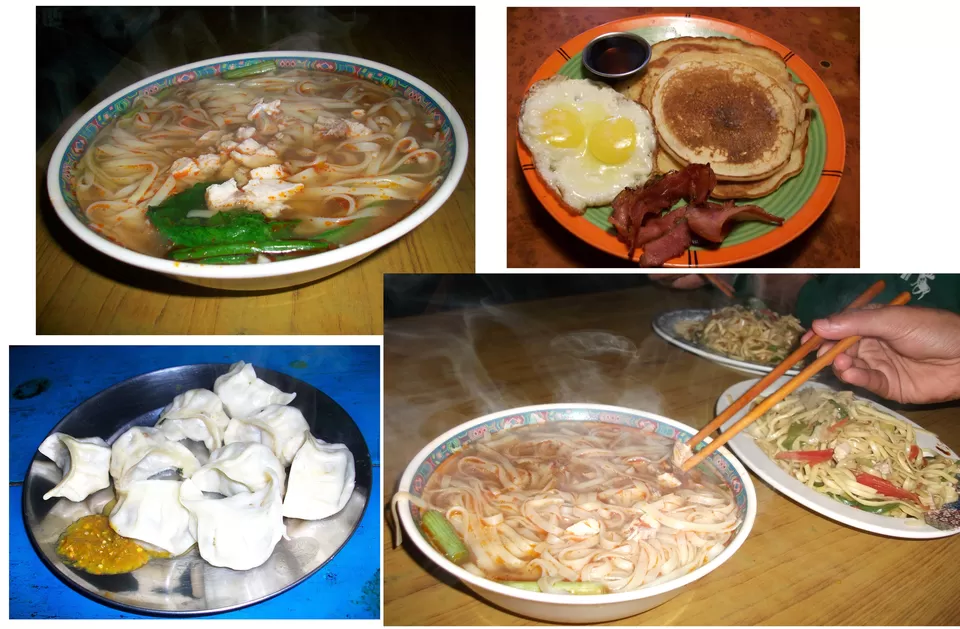
This premier attraction and pilgrim site in McleodGanj is the official home of the 14th Dalai Lama. It is called Tsuglag Khang(does not roll of the tongue easily, does it?)
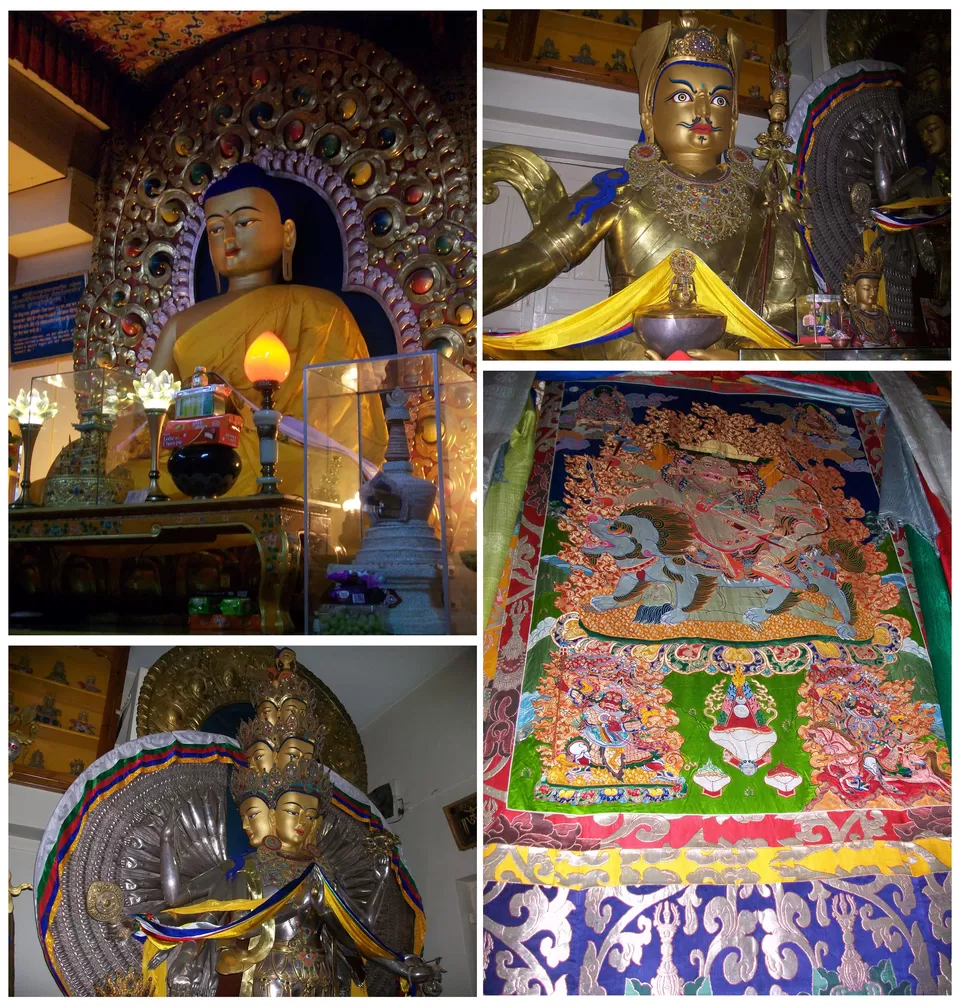
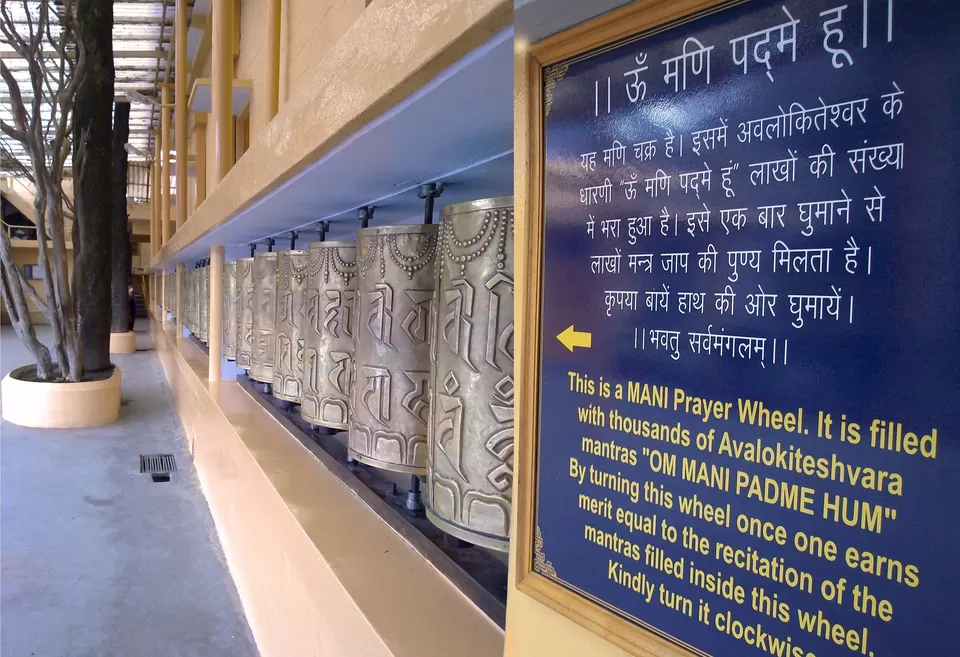
A bus ride from McleodGanj bus stand, Dal Lake is surrounded by deodar trees, this greenish water lake is not very well kept. Considered to be sacred as it houses a Shiva shrine, the upkeep just depicts how much people(sadly most of them Indian tourists) value their motherland. A sad state.
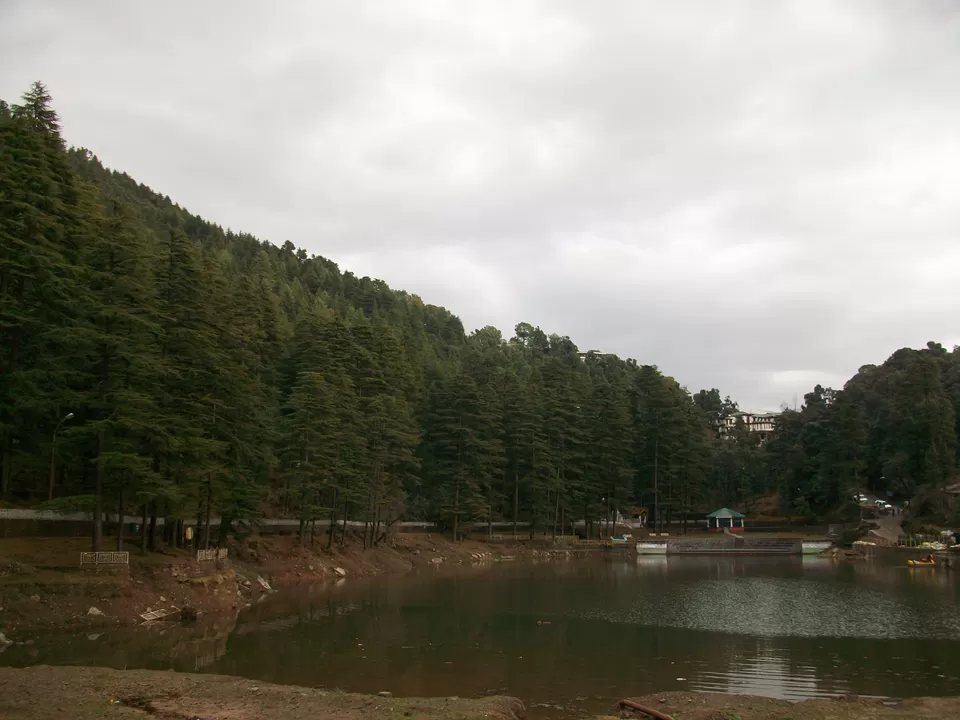
Instead of taking a bus back from Dal Lake to McleodGanj, we decided to walk the route. That is when we stumbled upon this eerie site - tall trees, shrubs, cobbled stone pathway and in the middle of it all a Church of Gothic architecture (the evening sky made for a perfect scene for a horror movie). Church of St.John in the Wilderness is rightly named as it is surrounded by dense deodar forests. Looking at the structure it is hard to say that this Church survived a major earthquake in 1905.
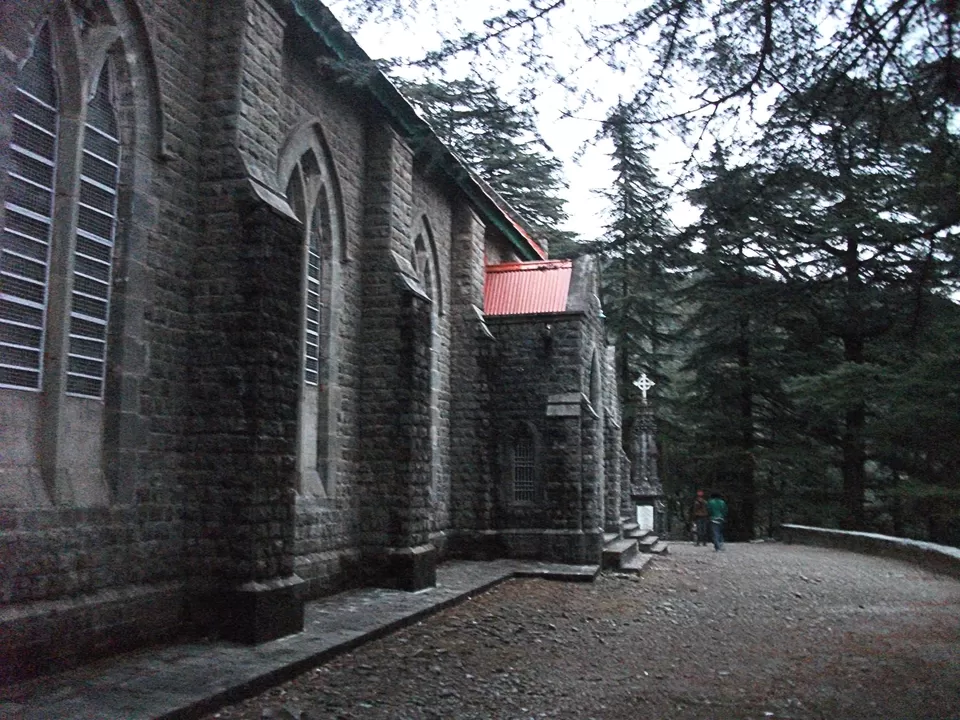
Again on foot, we began our journey from McleoGanj main street to Bhagsu Naag waterfall. Along the way we came upon Bhagsunag Shiv Mandir, Radha Krishnan Hanuman & devi Mandir and Bhagsunag swimming pool. To reach the falls you can climb half a mountain with clearly marked pathway or the beautiful valley which outlines a river(souli Khad) that is now dried(being winter the stream was small). We decided to ditch the pathway and headed upstream on the stony riverbed to the fall. I advise to use your judgement based on weather conditions and stick to the clearly marked pathway if necessary. The clear cool waterfall was refreshing.
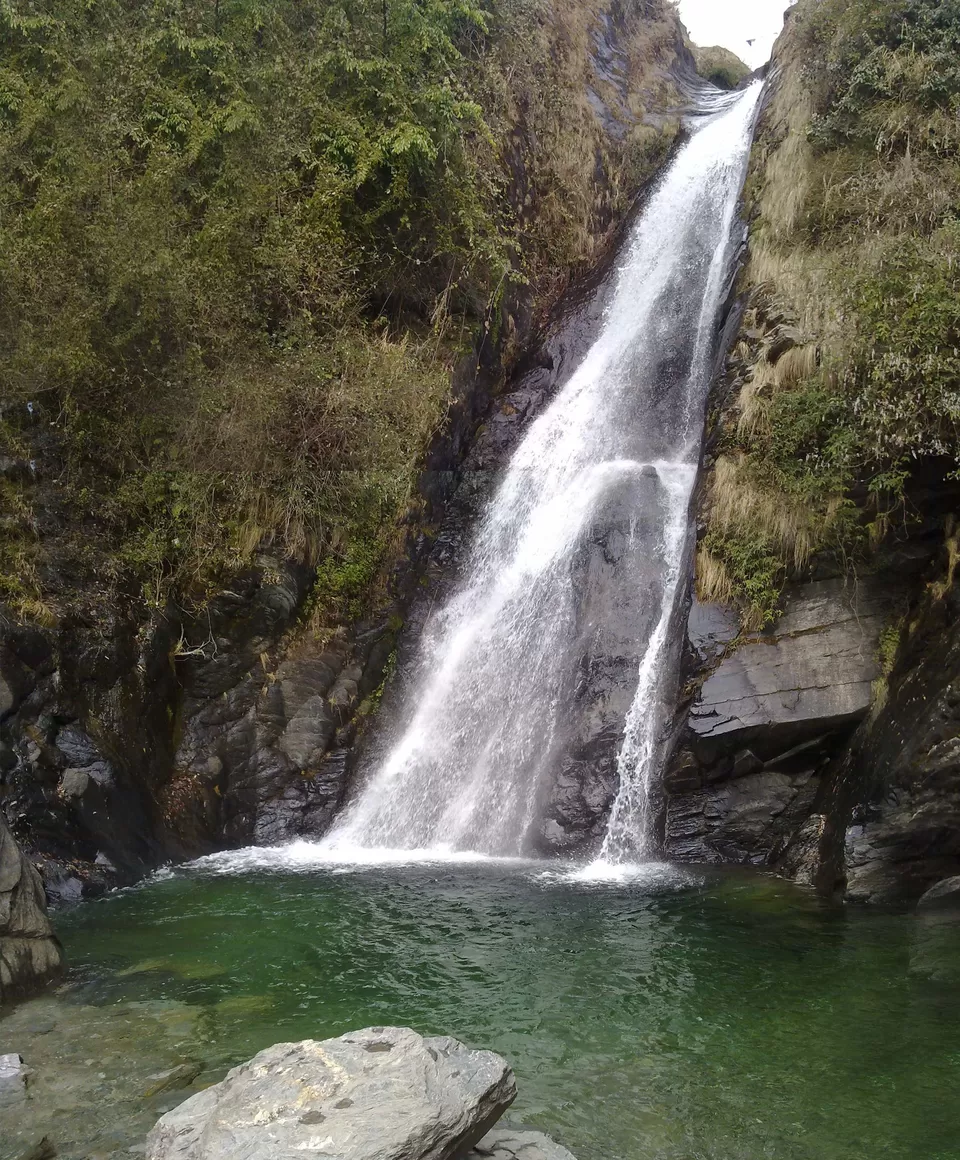
February is one of the coldest months in Manali and I can vouch for that. It has small nature parks and beautiful view of snow capped mountain ranges. Manali itself was covered in snow so the activities were the using childish snow fights, long walks through nature parks with some friendly dogs along the way and the occasional snowfall.
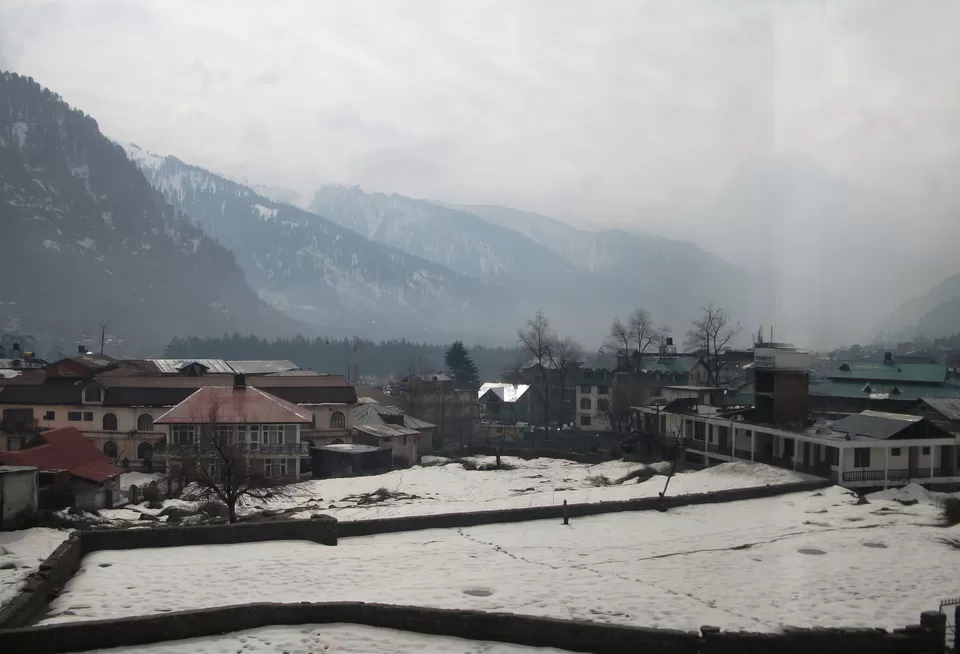
Known as snow point, for its surrounding view of snow capped mountains and glaciers. The destination in Himachal Pradesh for paragliding, zorbing, skiing or taking a ride on the 300m ski lift. If your hungry do not expect anything other than maggi and eggs/tea or coffee, with the other option of buying the retail chips and aerated drink bottles.
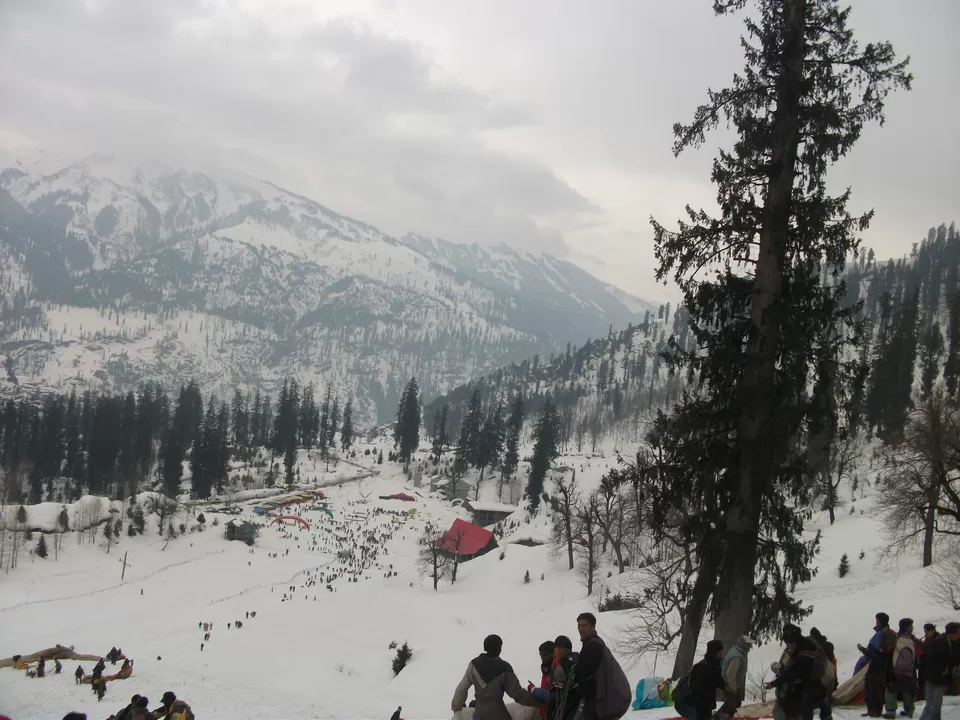
Manikaran is a place of natures marvel of co-existence, the chilled water of the Beas river and the hot water from the sulphur springs. The water from these spring is said to have medicinal value and is a cure for an number of chronic ailments. There are many temples in Manikaran and the hot spring water flows underneath them.
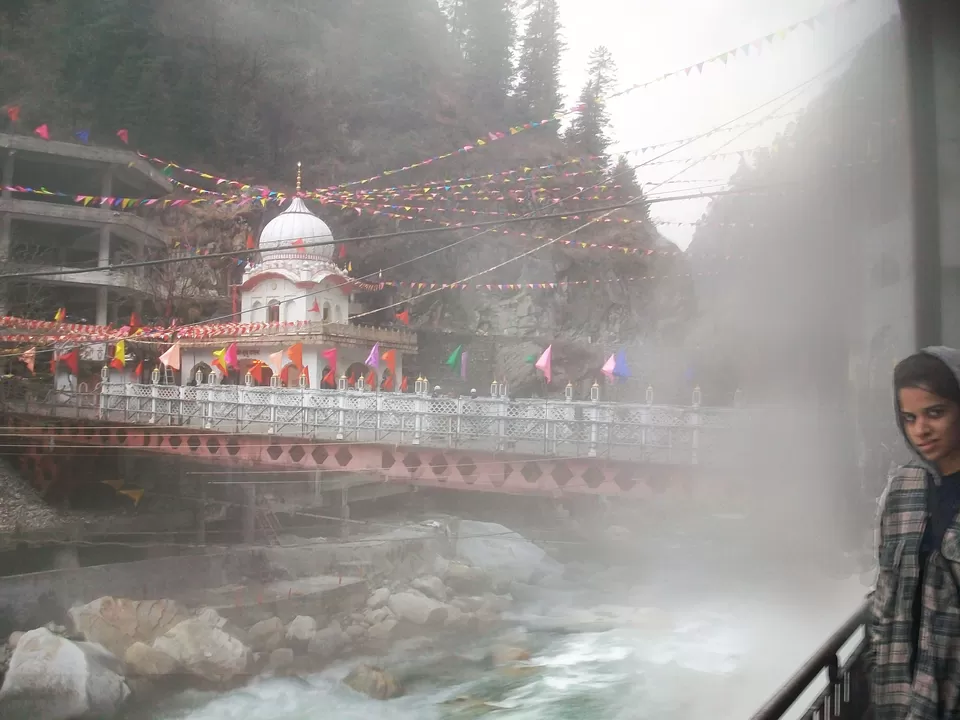
Our journey to Kullu was mainly for the water sports it hosts on the Beas river. The rapids on the stretches of the Beas river provide an exhilarating experience for rafters, kayakers and water lovers. We did an approx.13 km stretch of white water rafting.
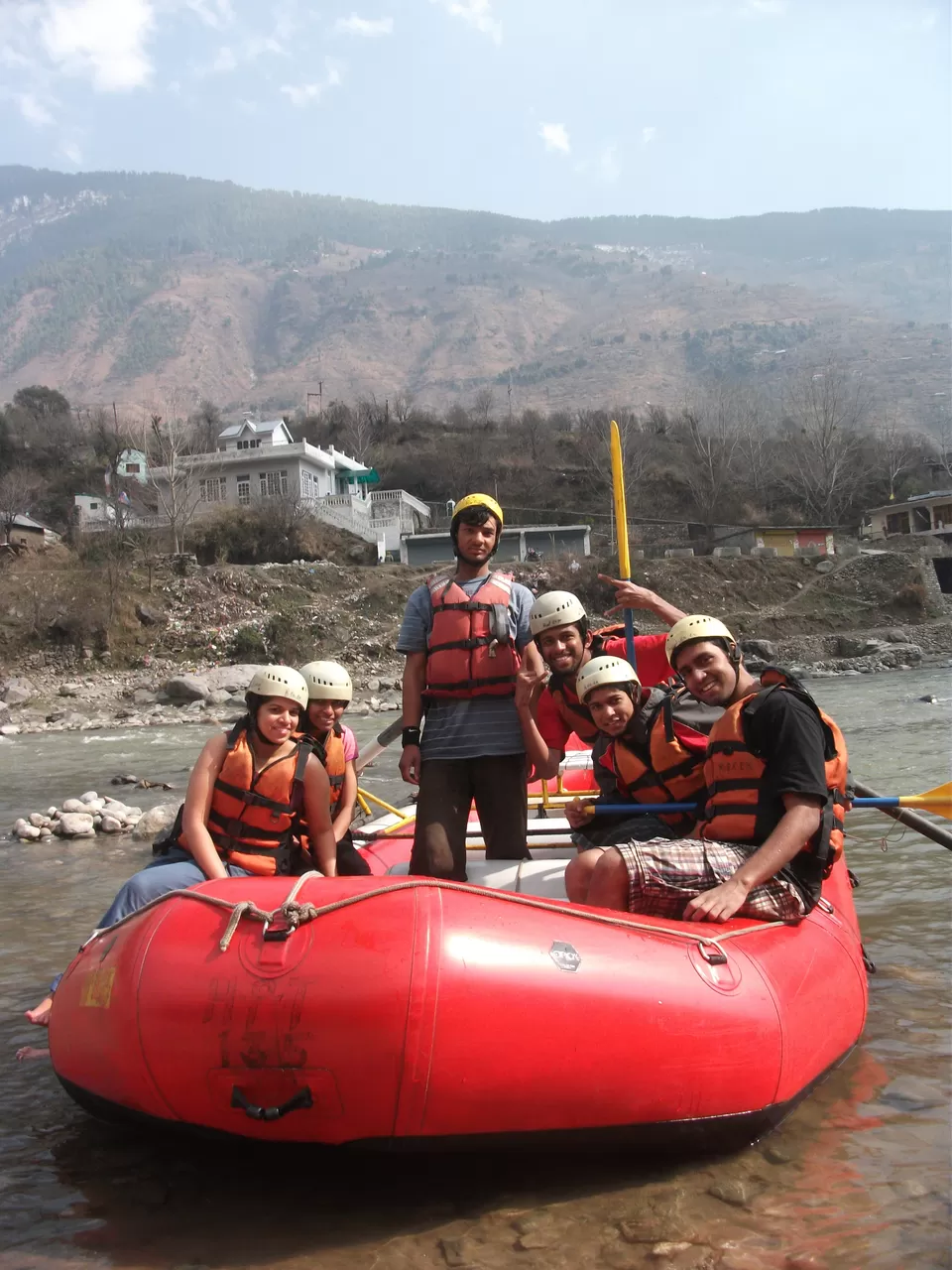
In the evening we headed to the Bus depot for our overnight bus journey to Delhi. Here do not forget to pick up the local himachali dish Sidu from the tea shop in the Municipal market, it is just behind the bus stand.
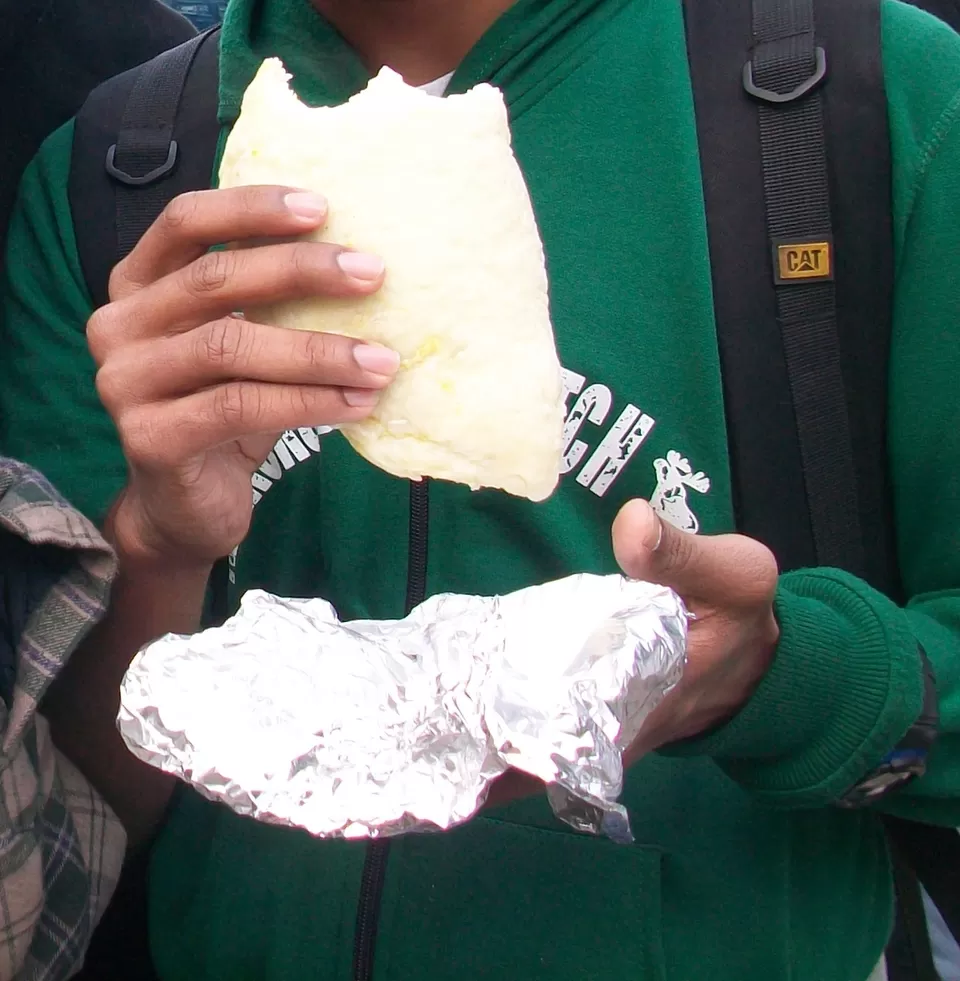
Frequent Searches Leading To This Page:-
himachal tour packages from delhi, himachal tour package for couple, himachal tour packages online, himachal tour packages itinerary, himachal tour package from jammu, himachal tour packages from pathankot, himachal tour package from delhi, himachal tour package from chandigarh, himachal tour package from shimla, himachal tour and travel package, all himachal tour & travel package, himachal tour packages by volvo, himachal tour package from bangalore, himachal tour packages from delhi by volvo

